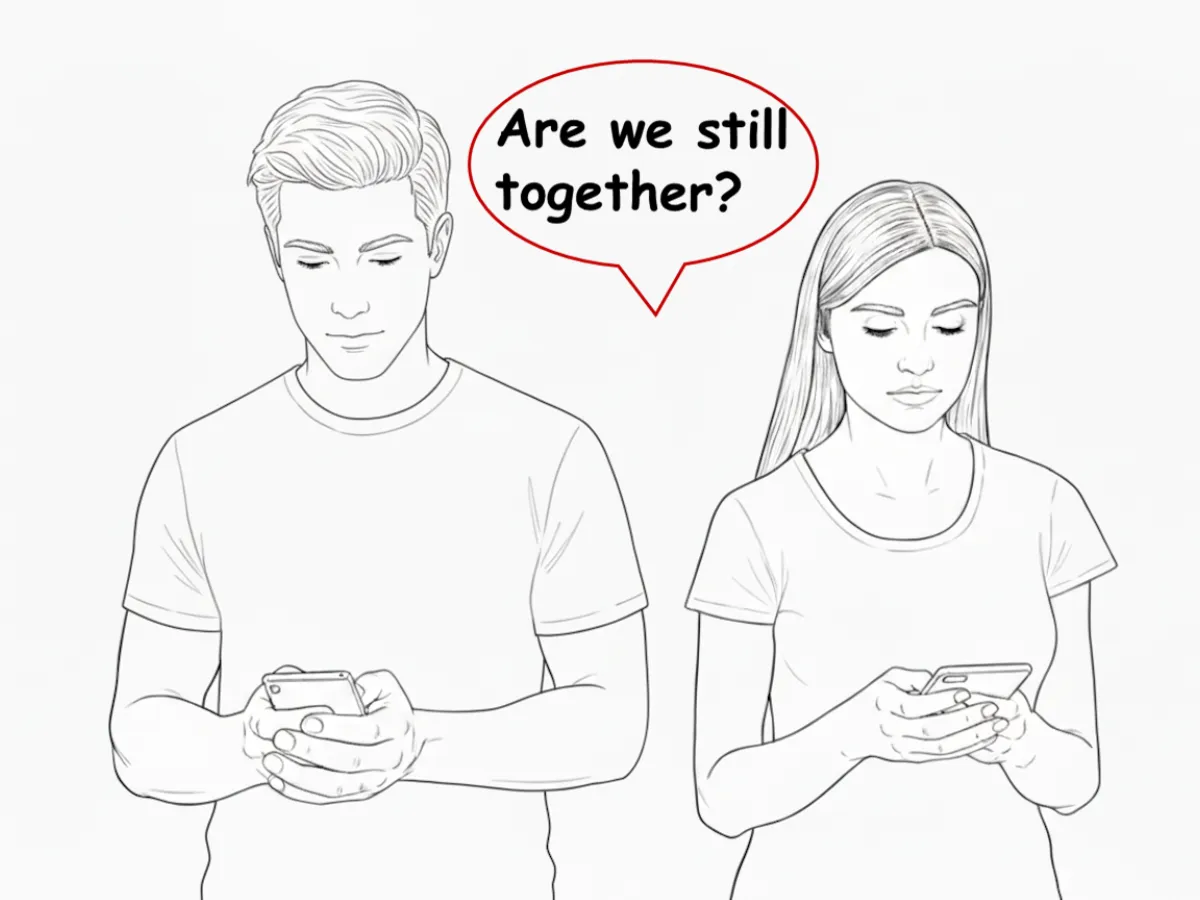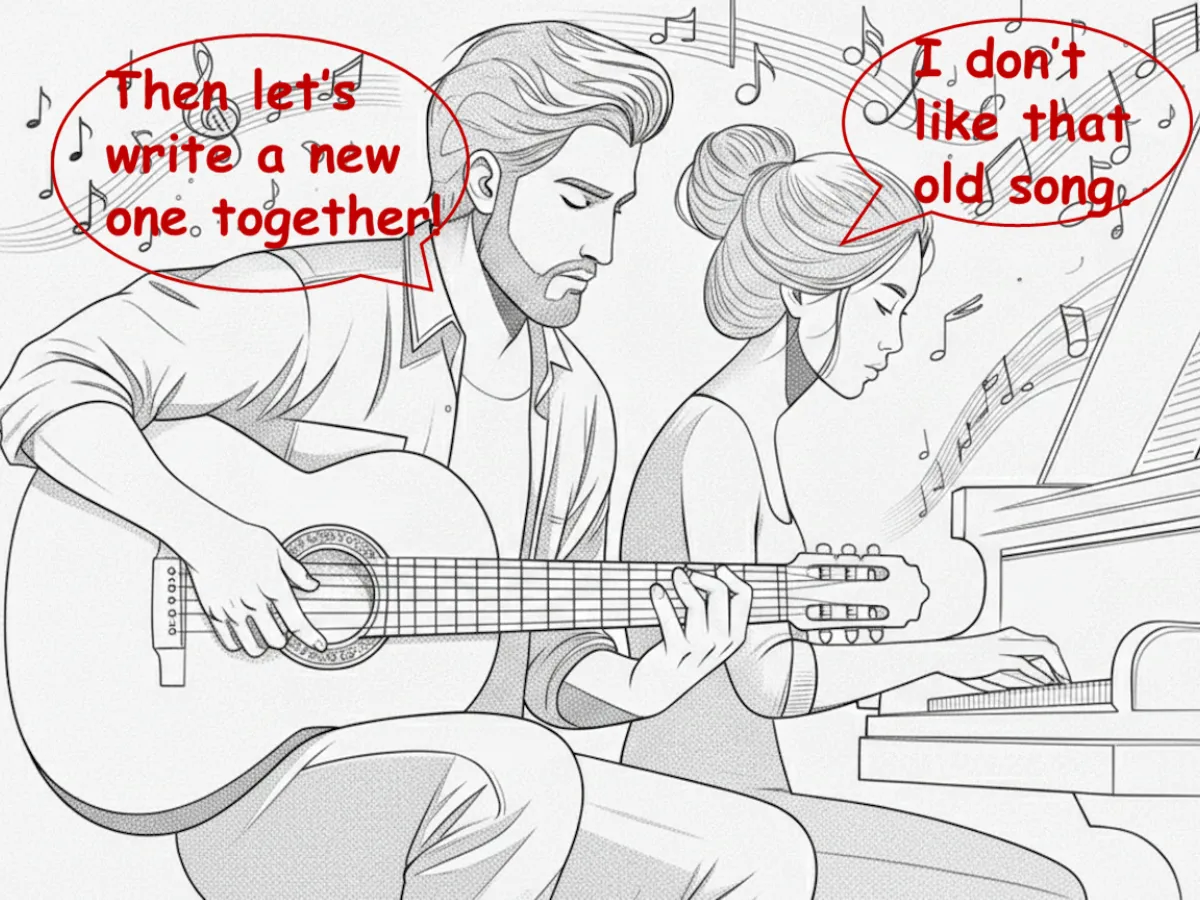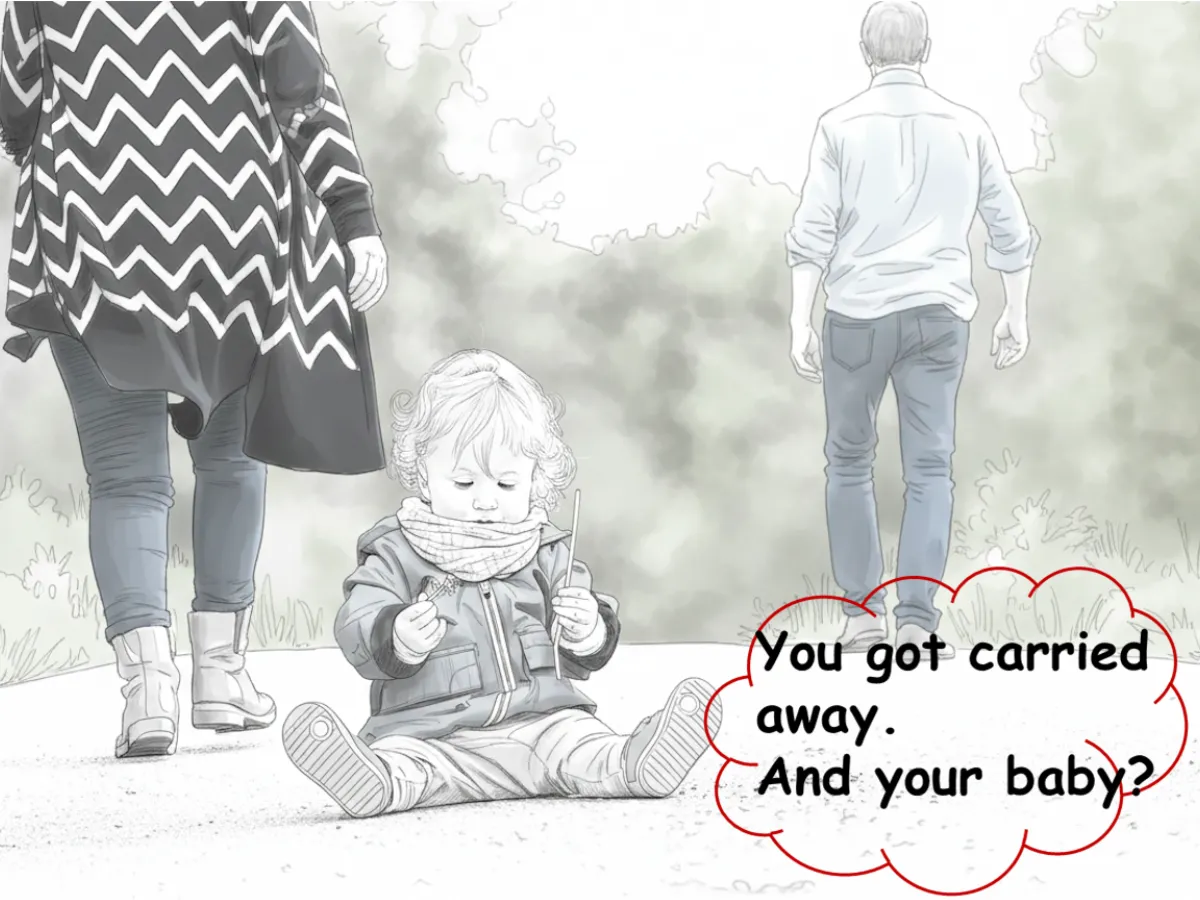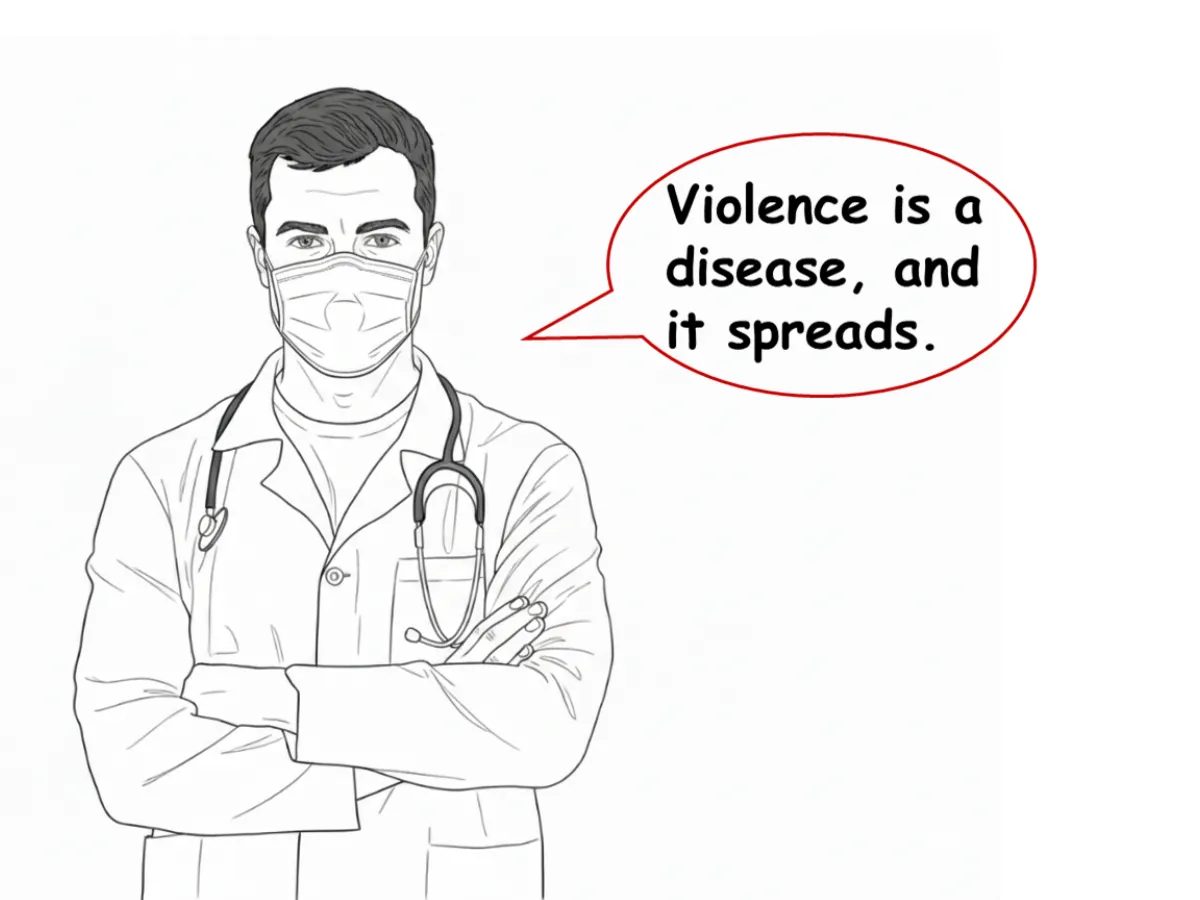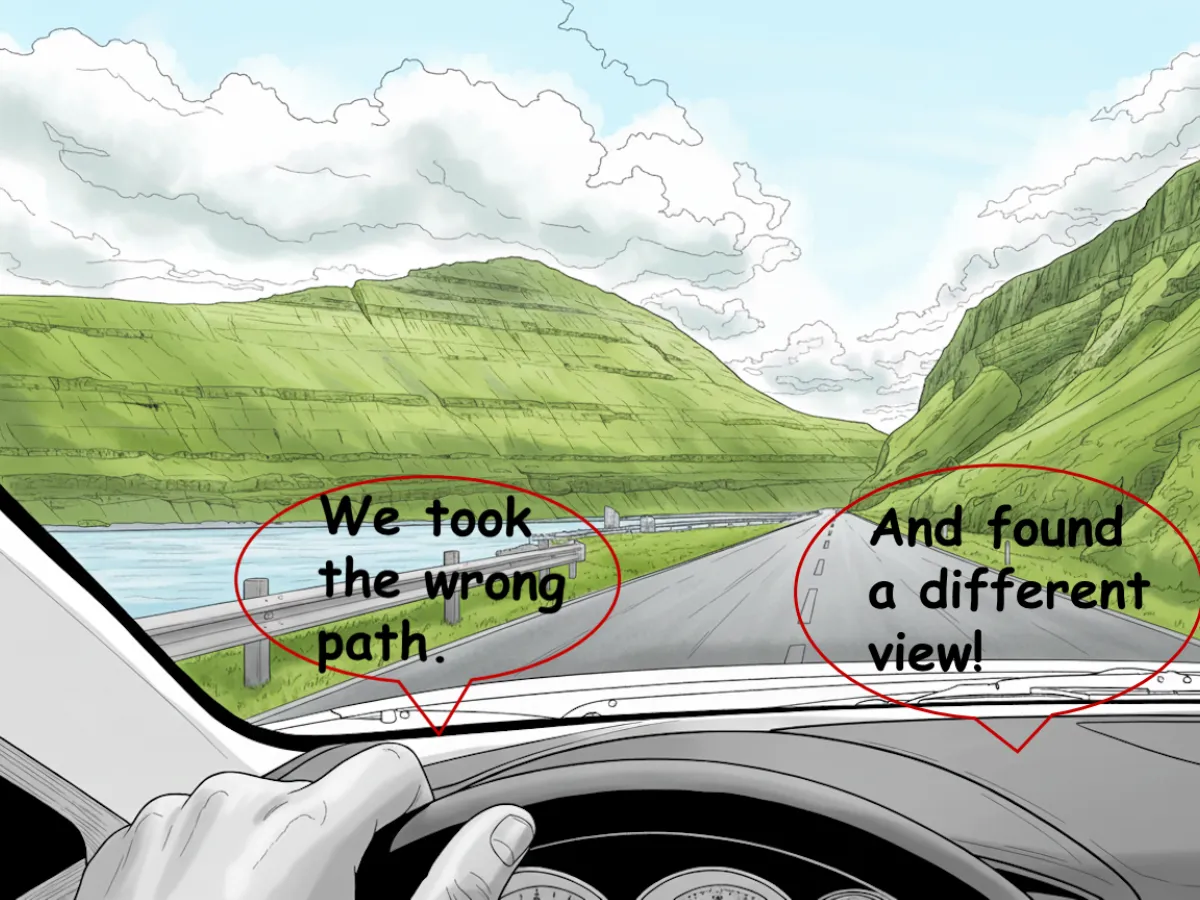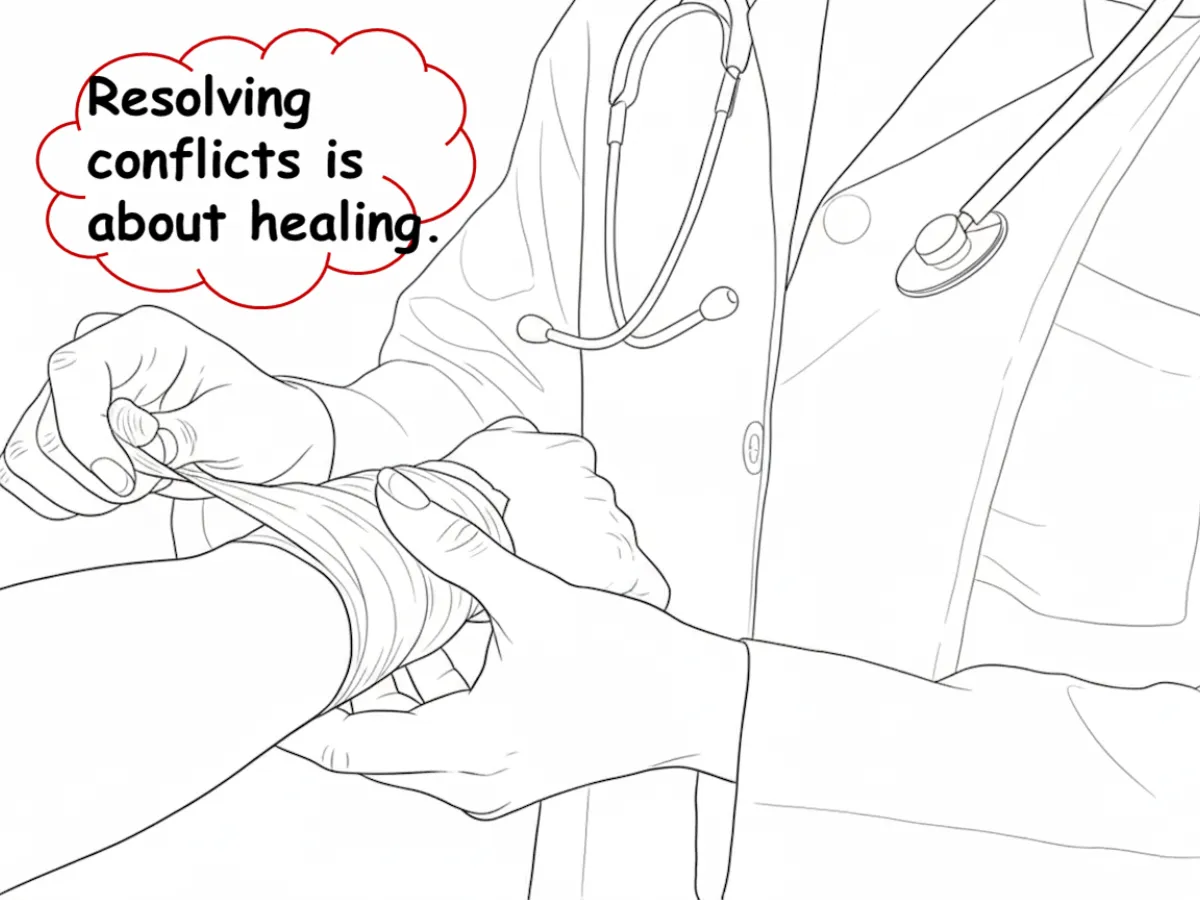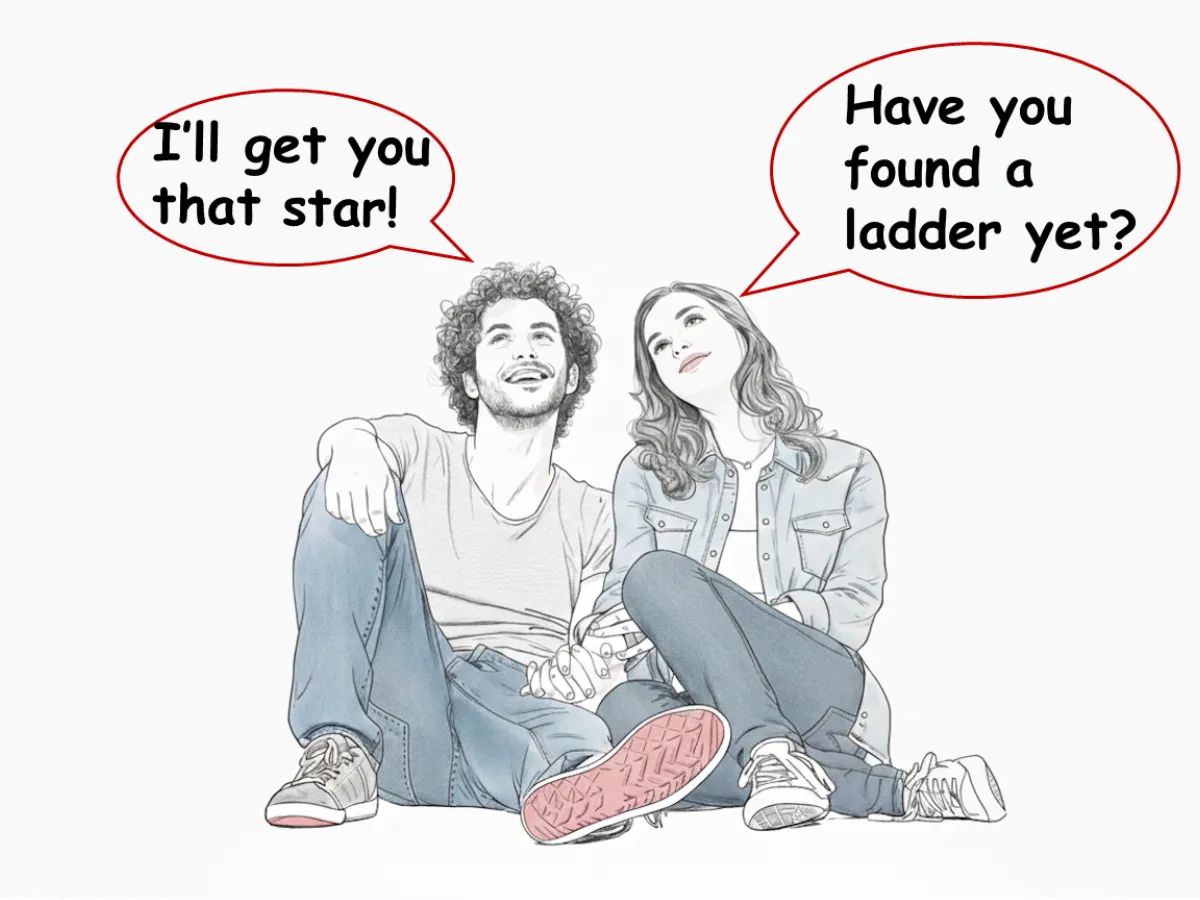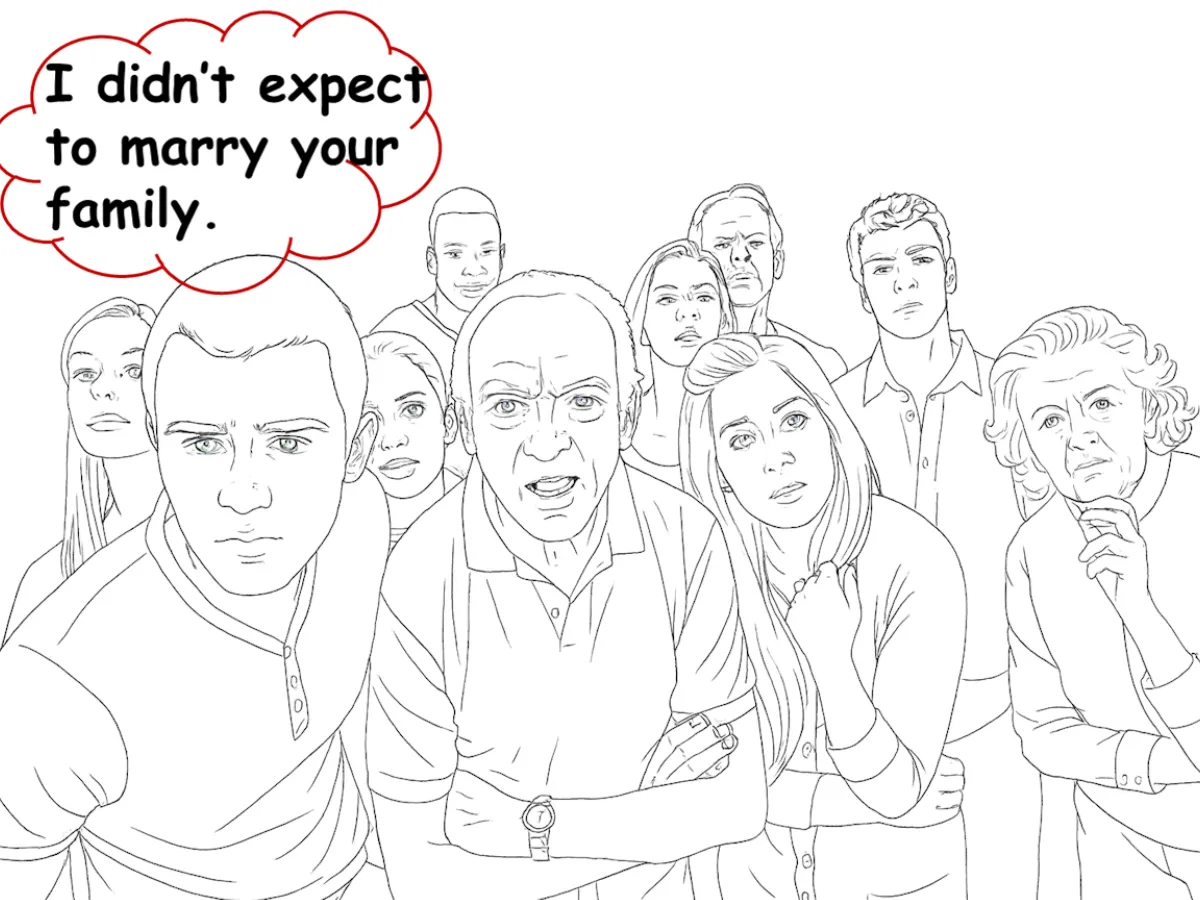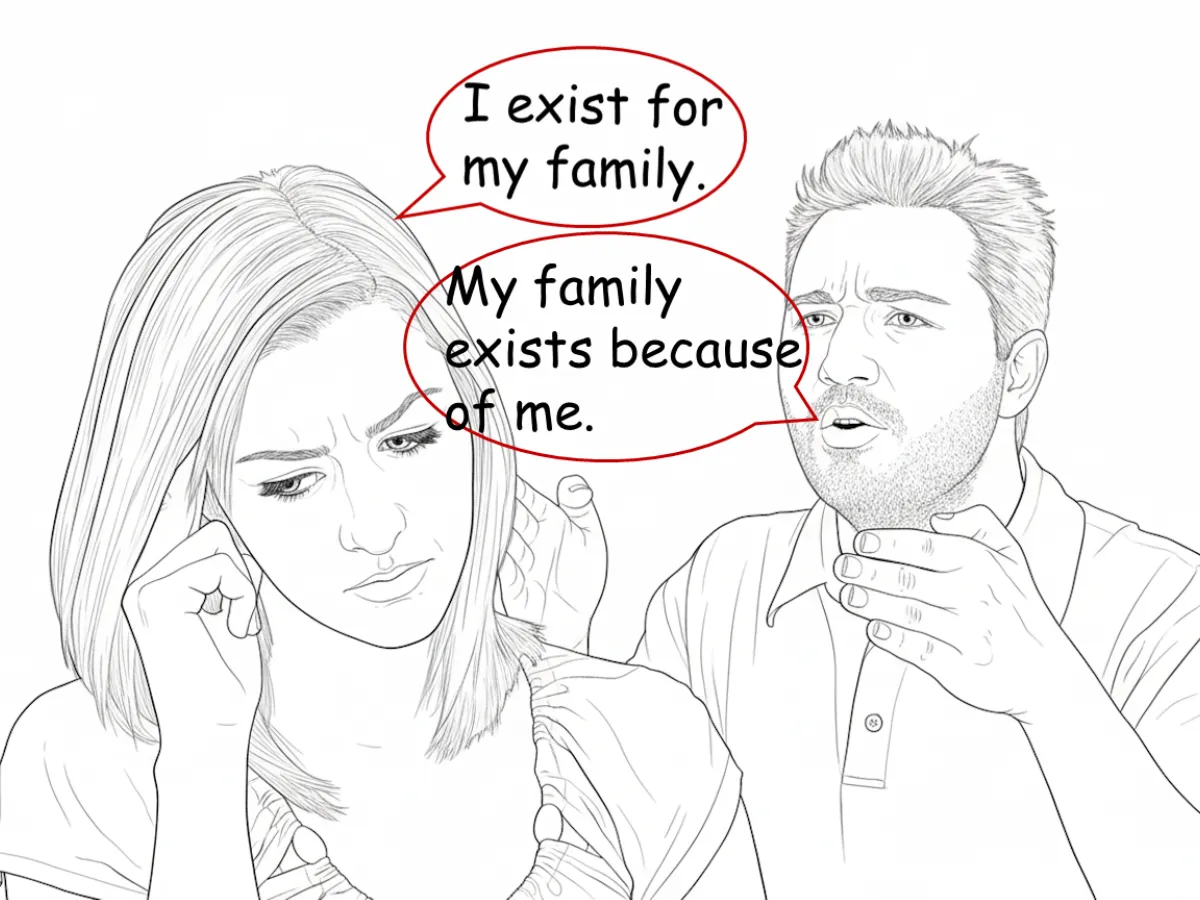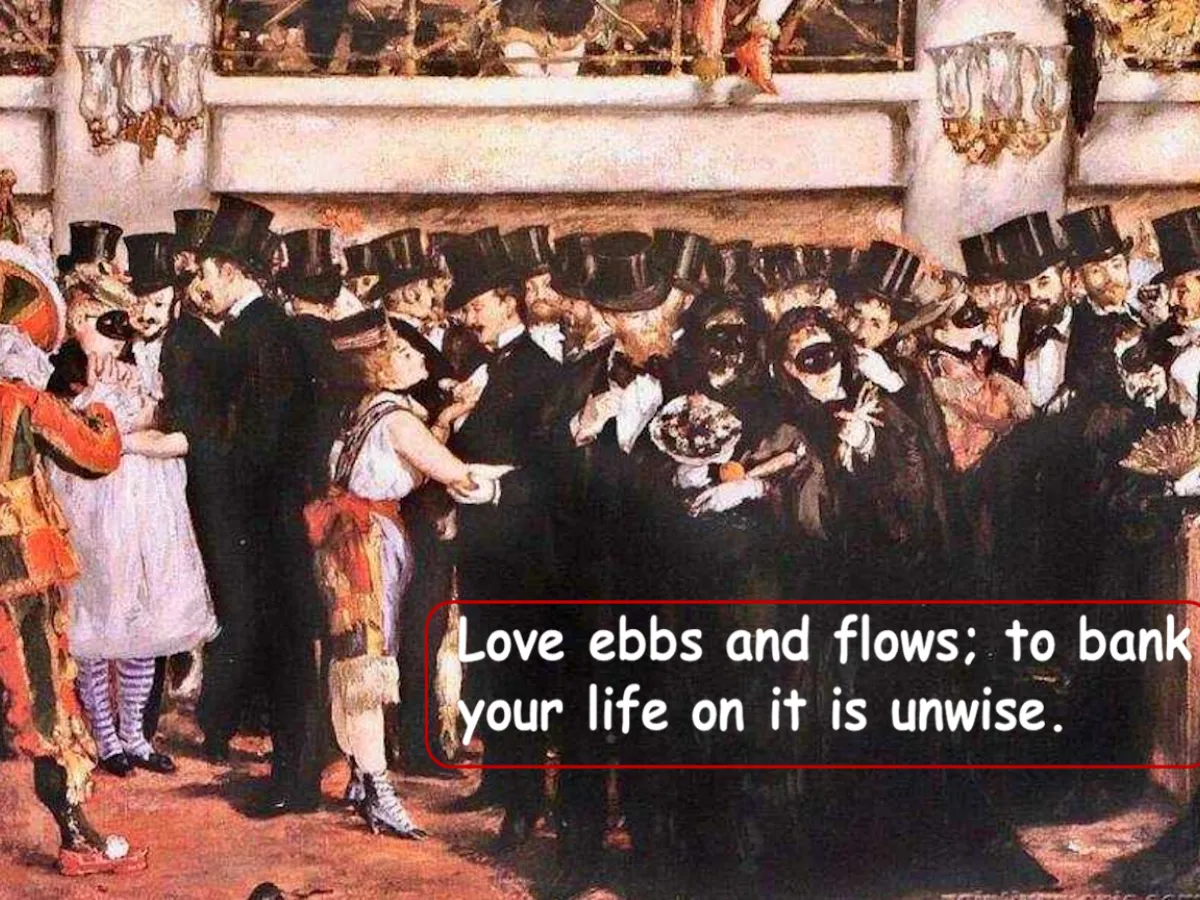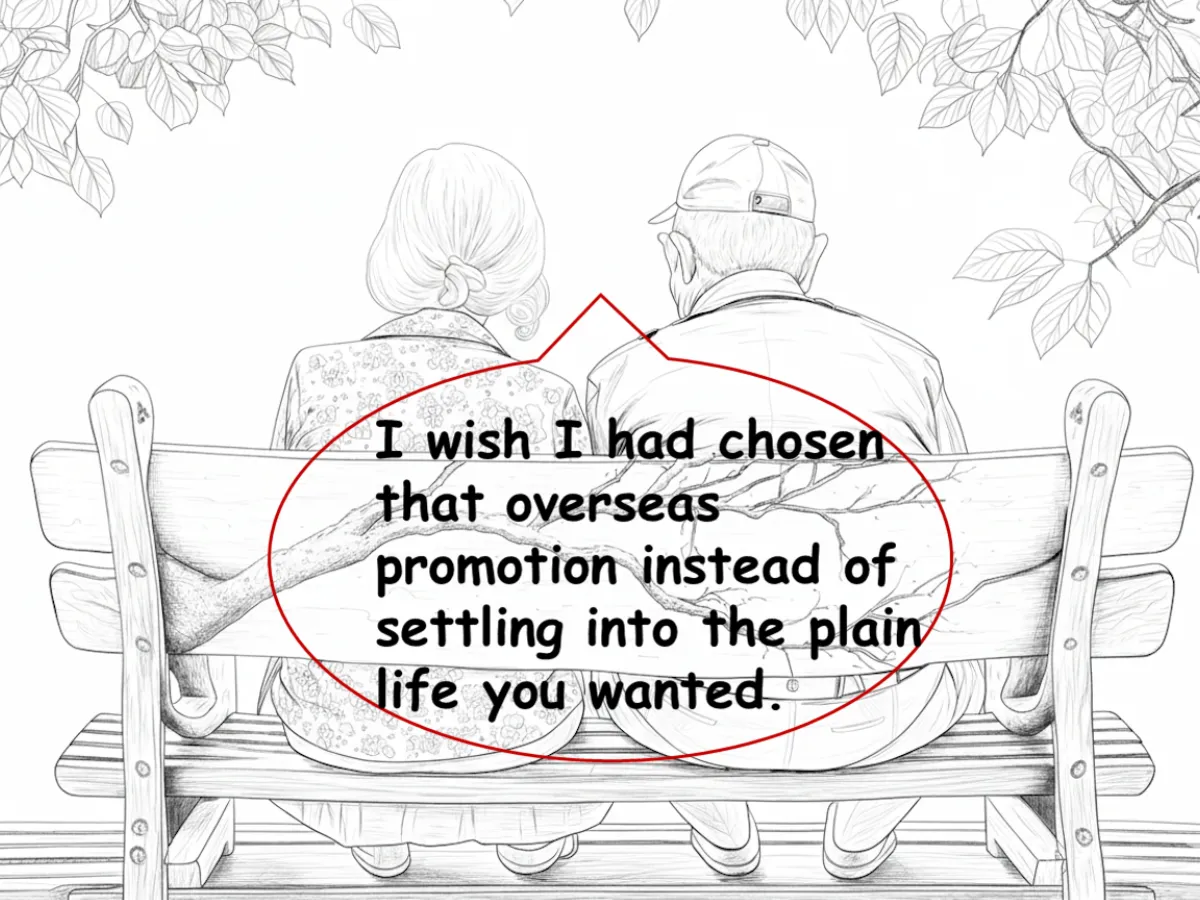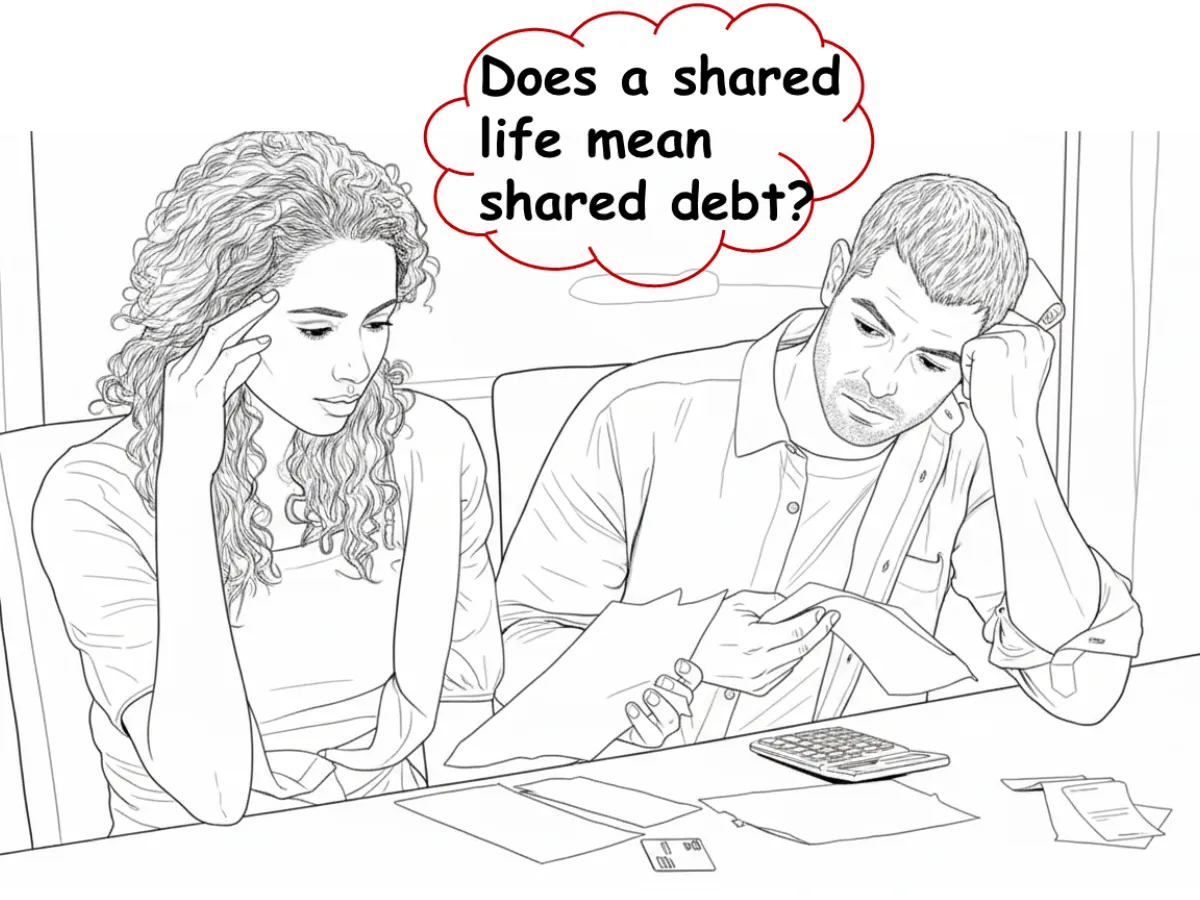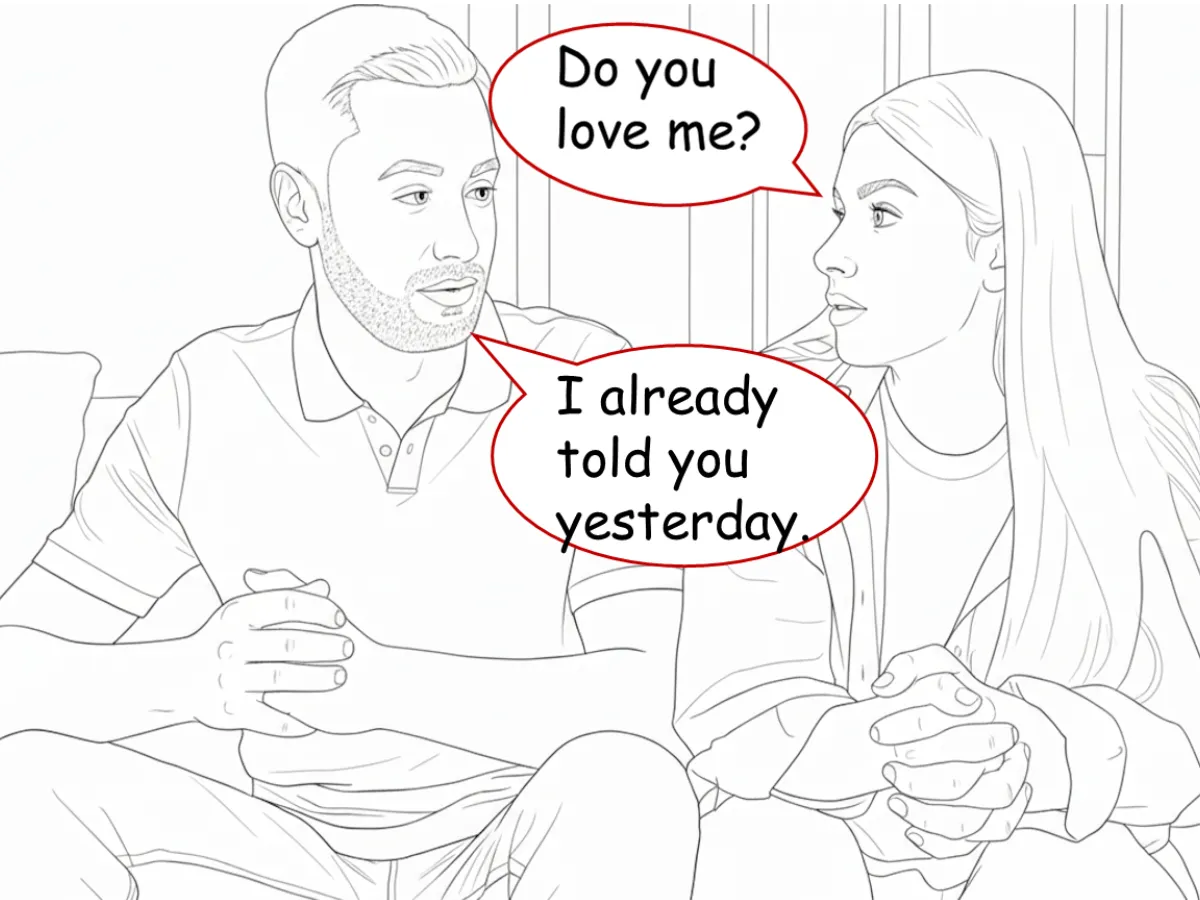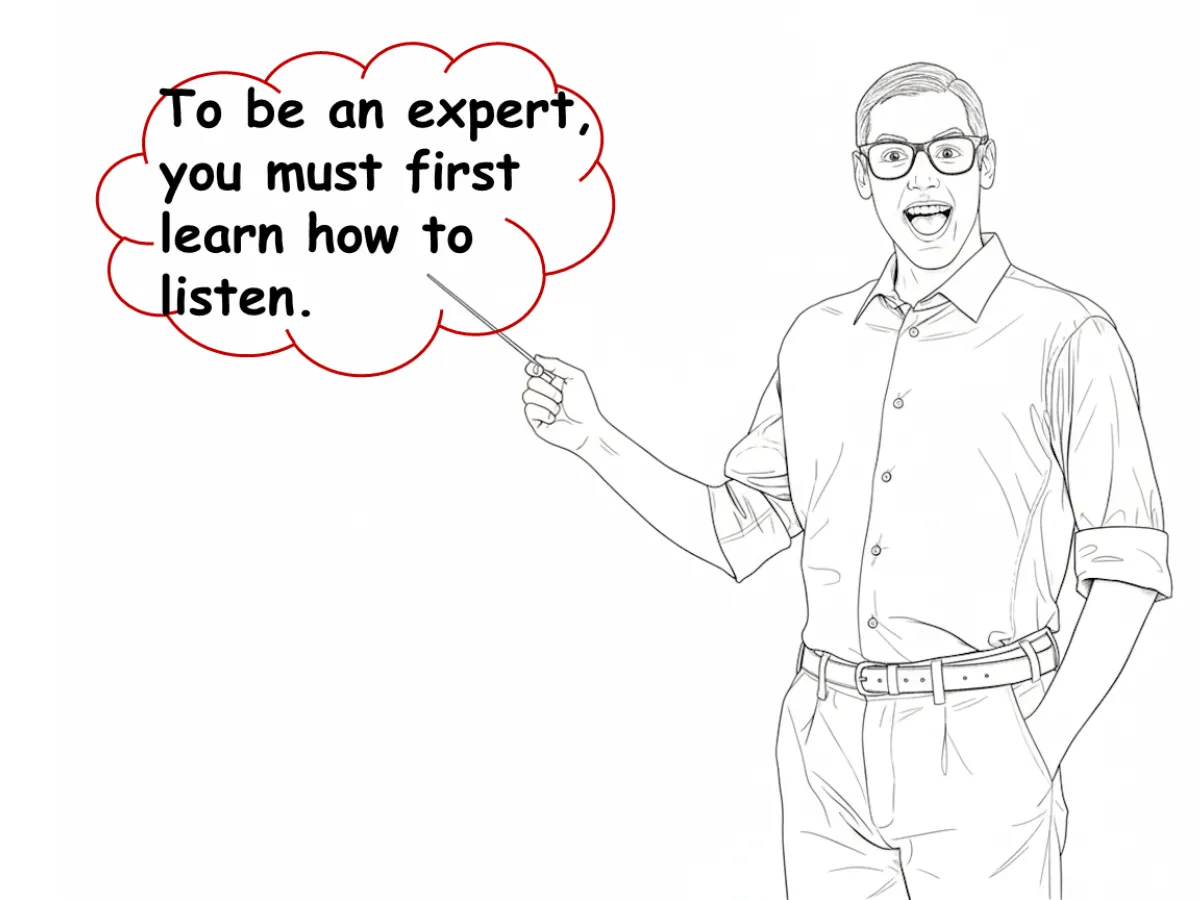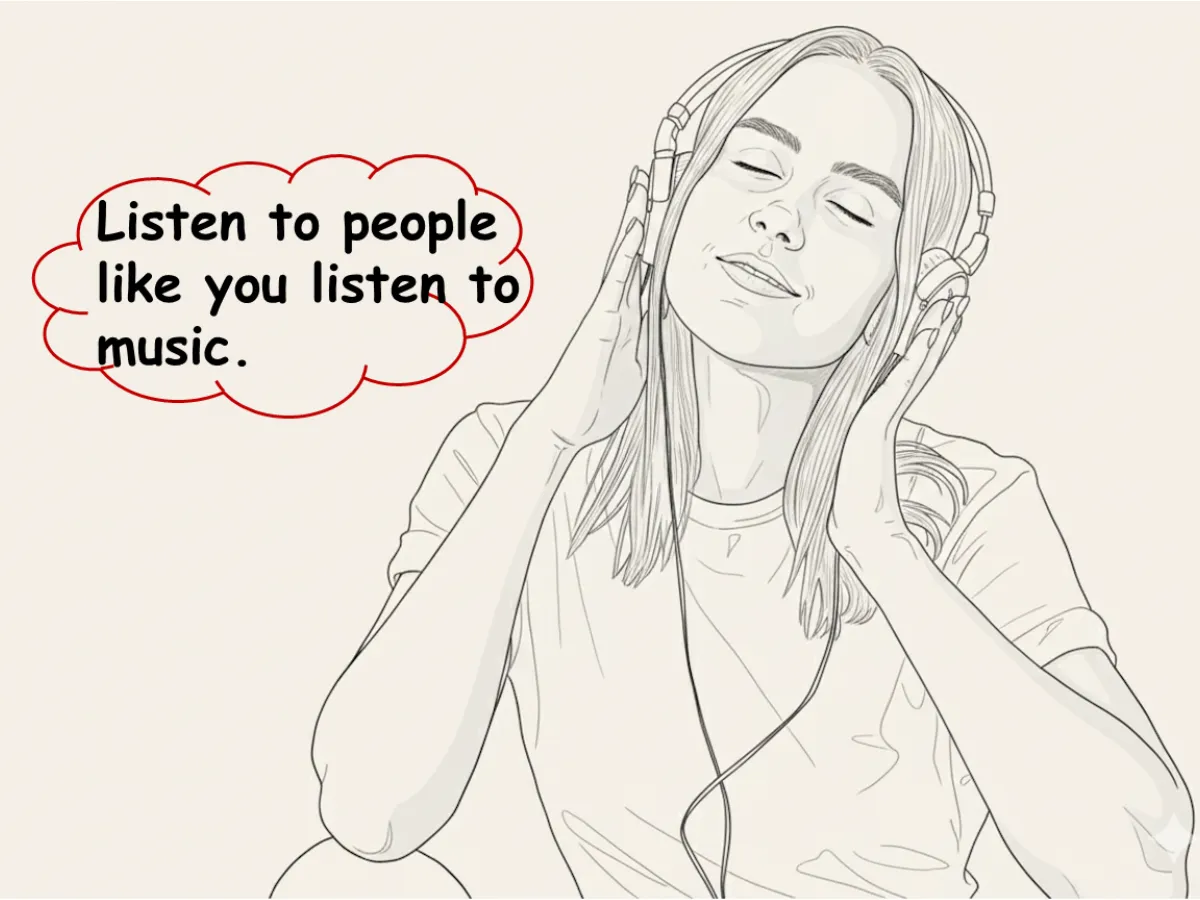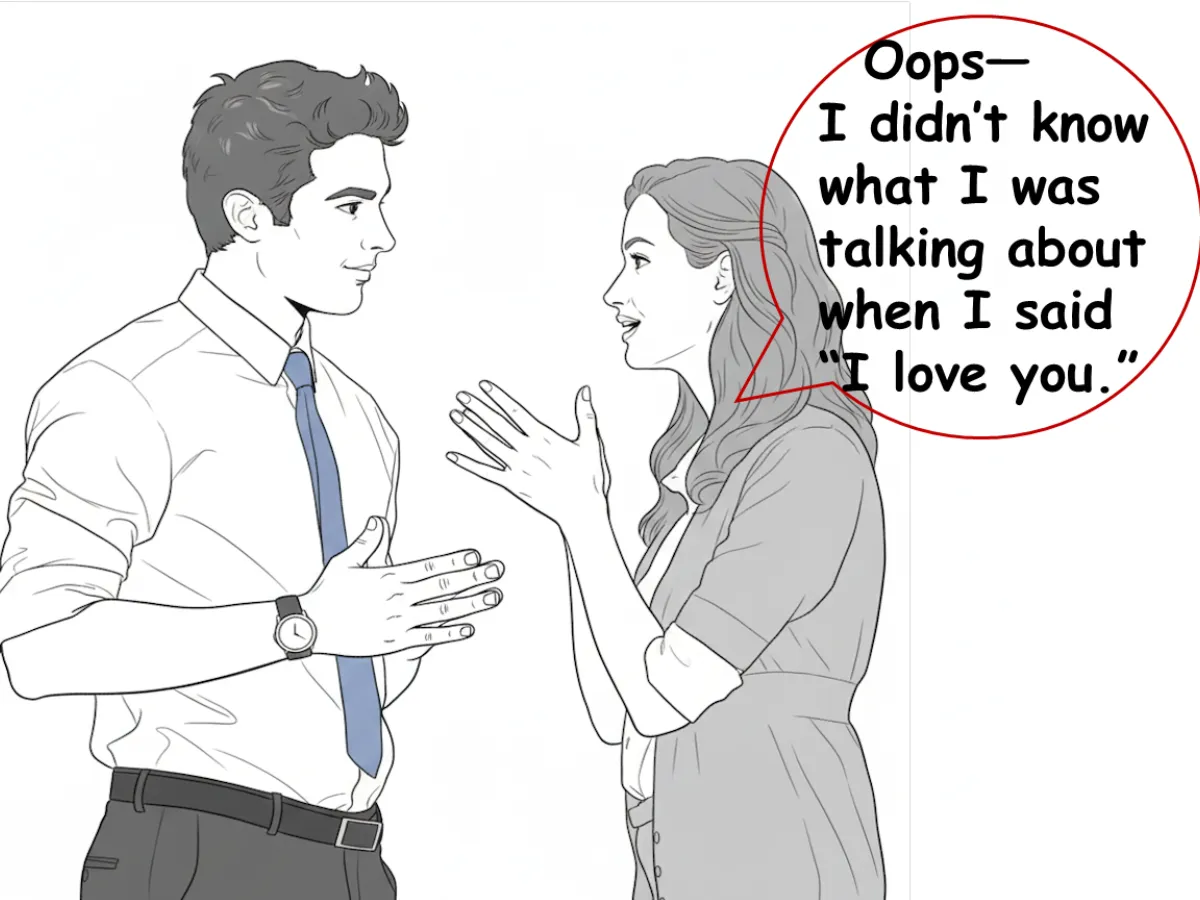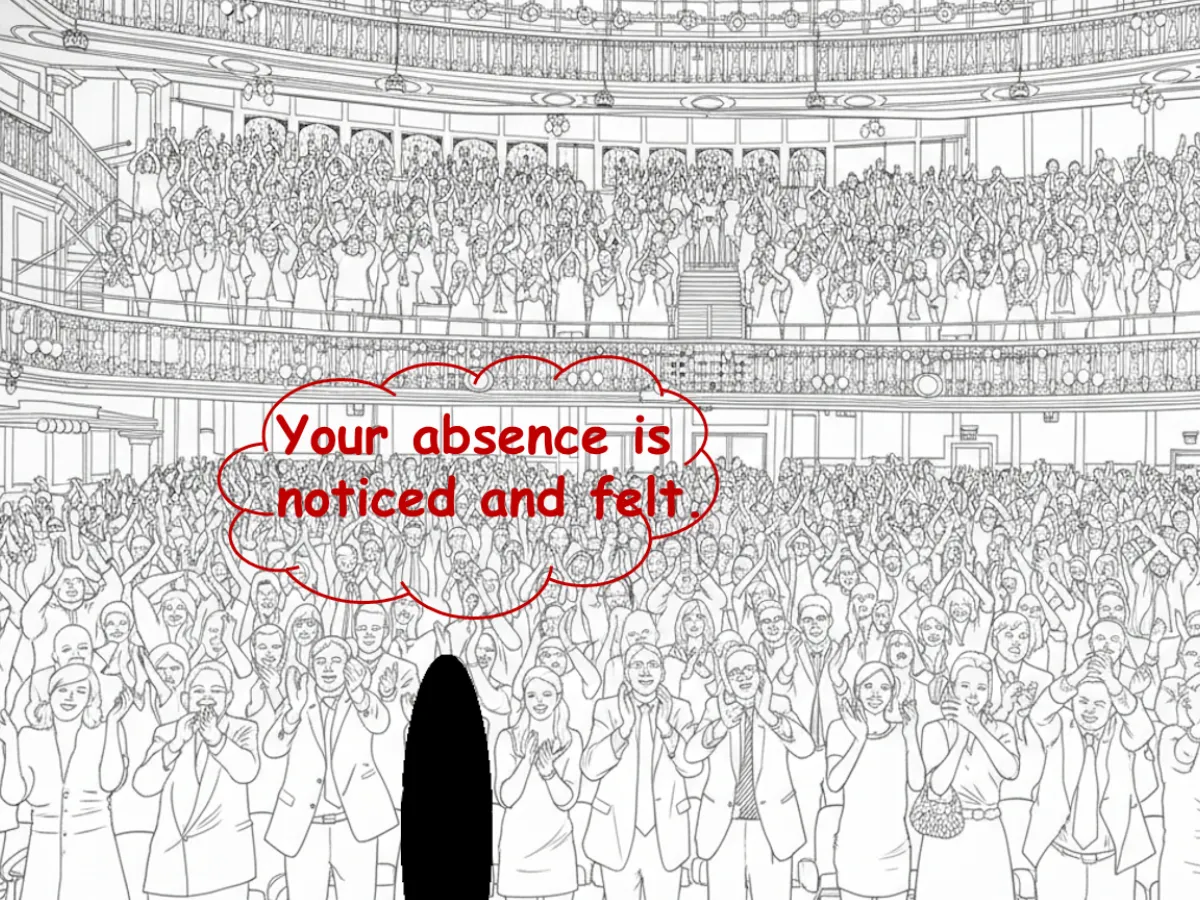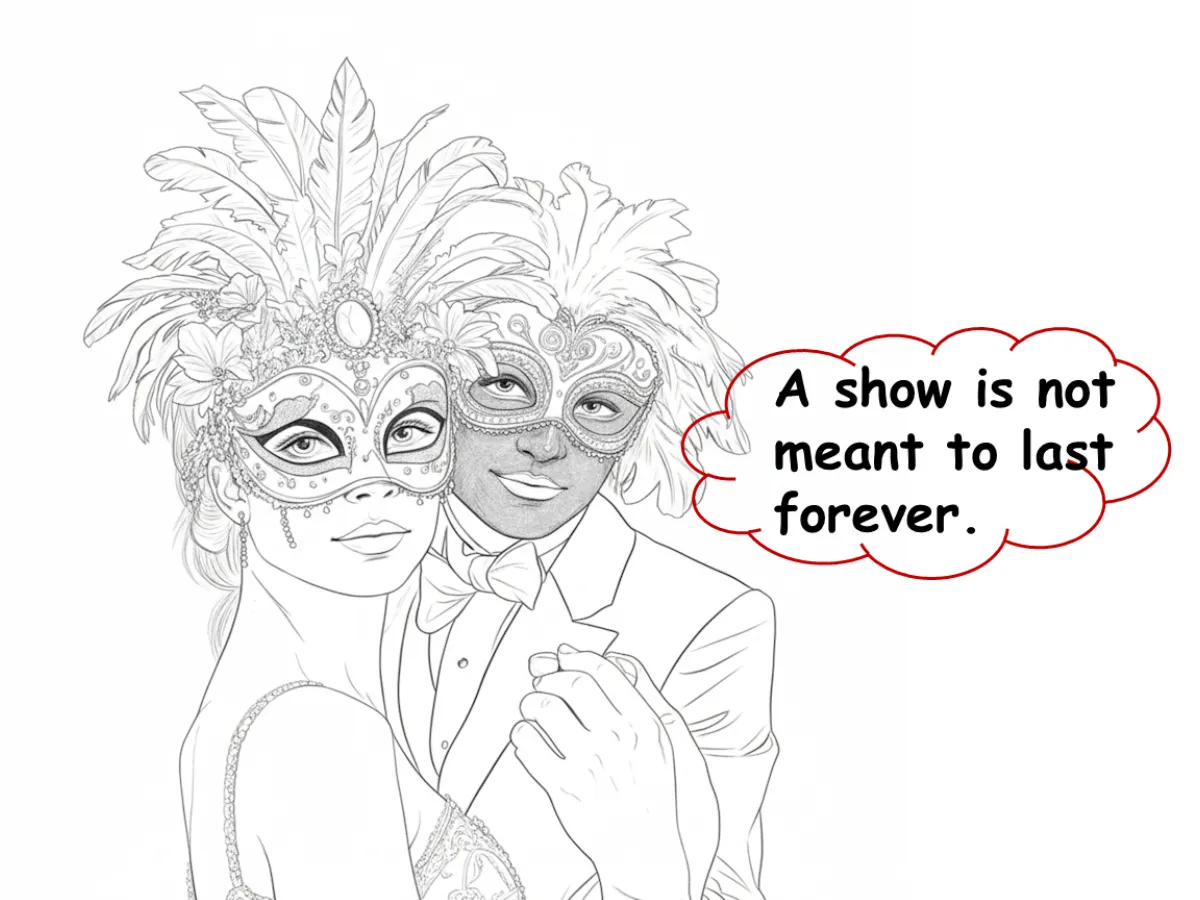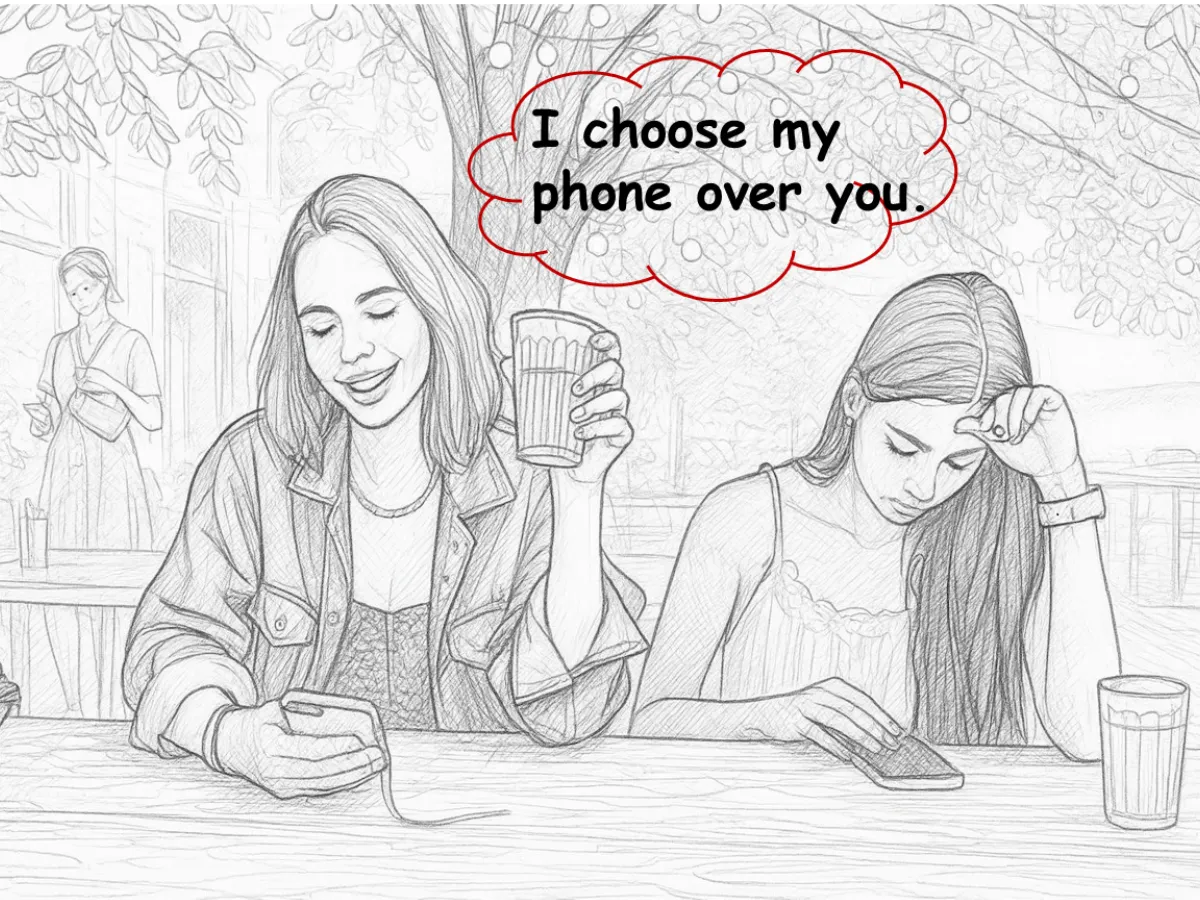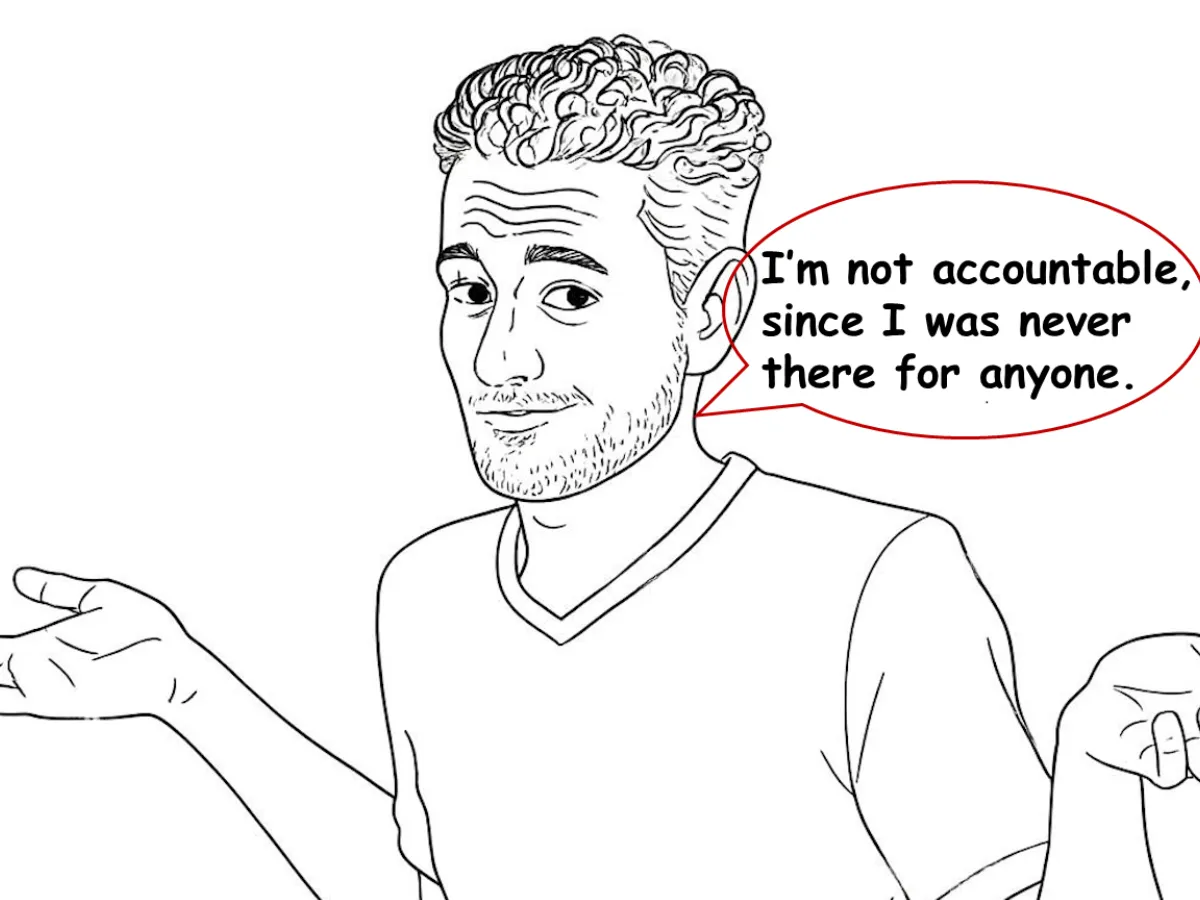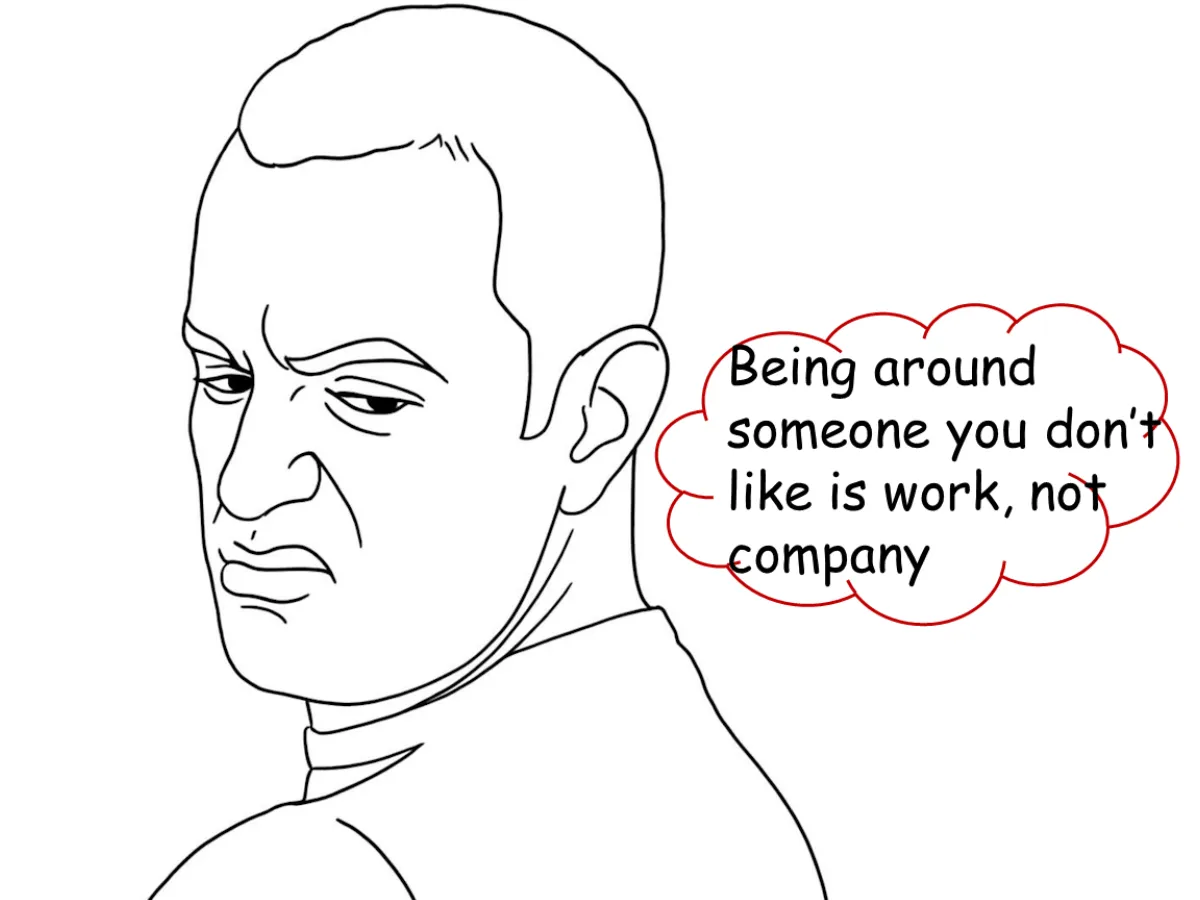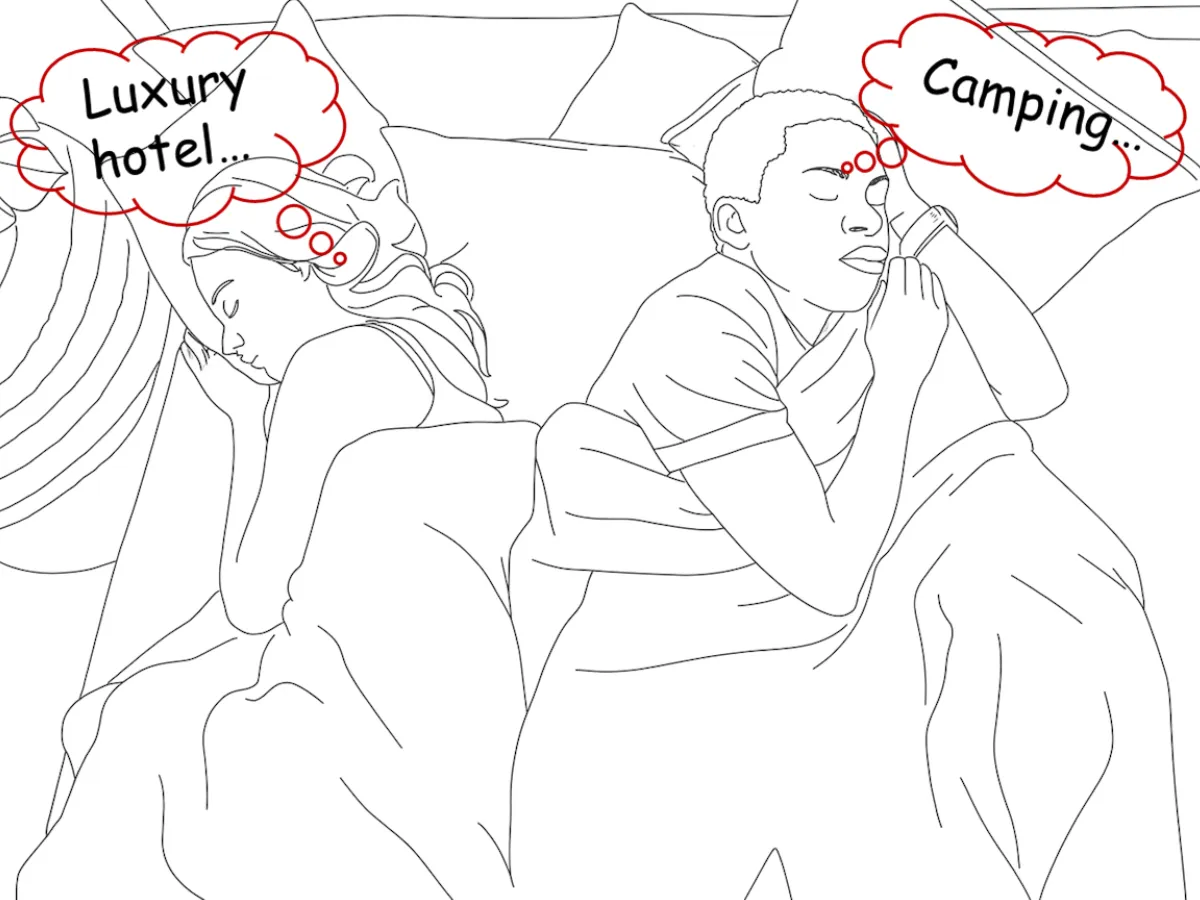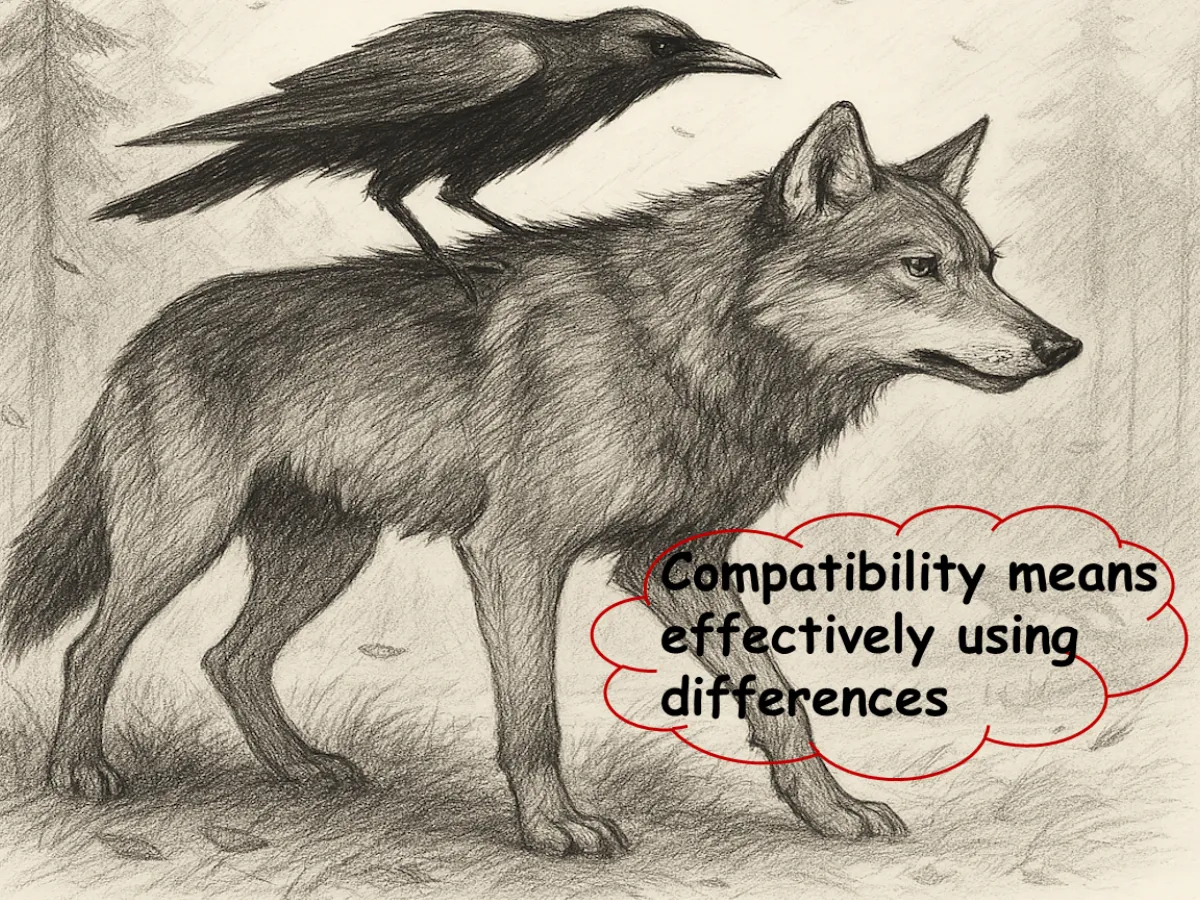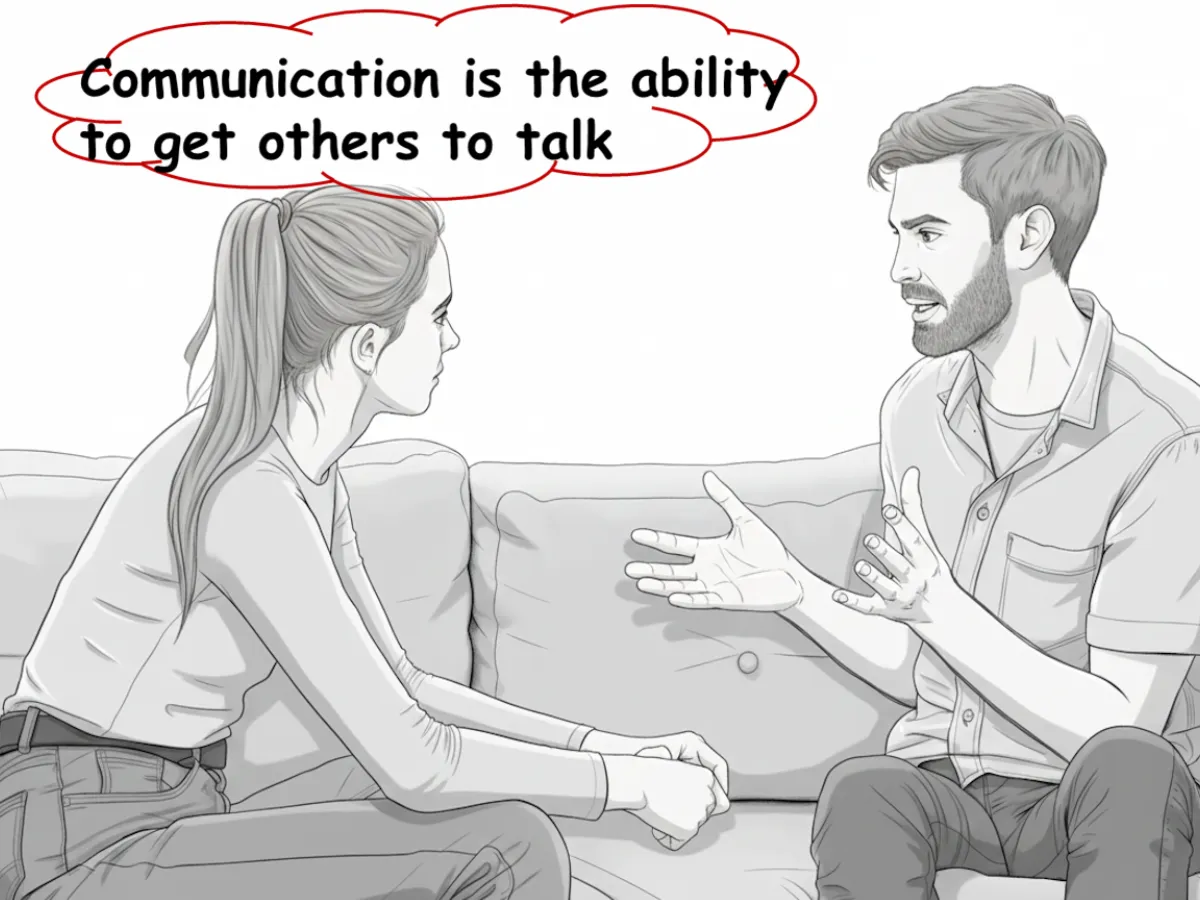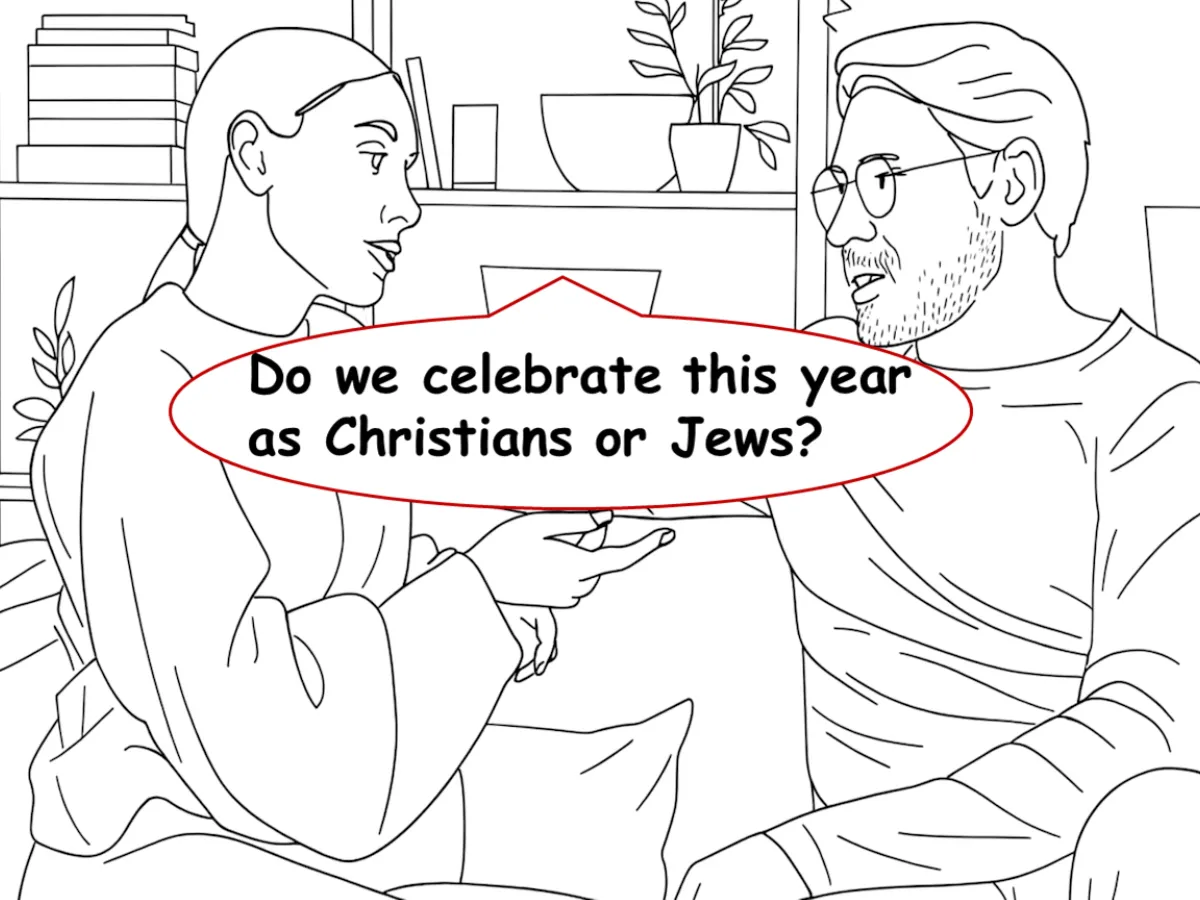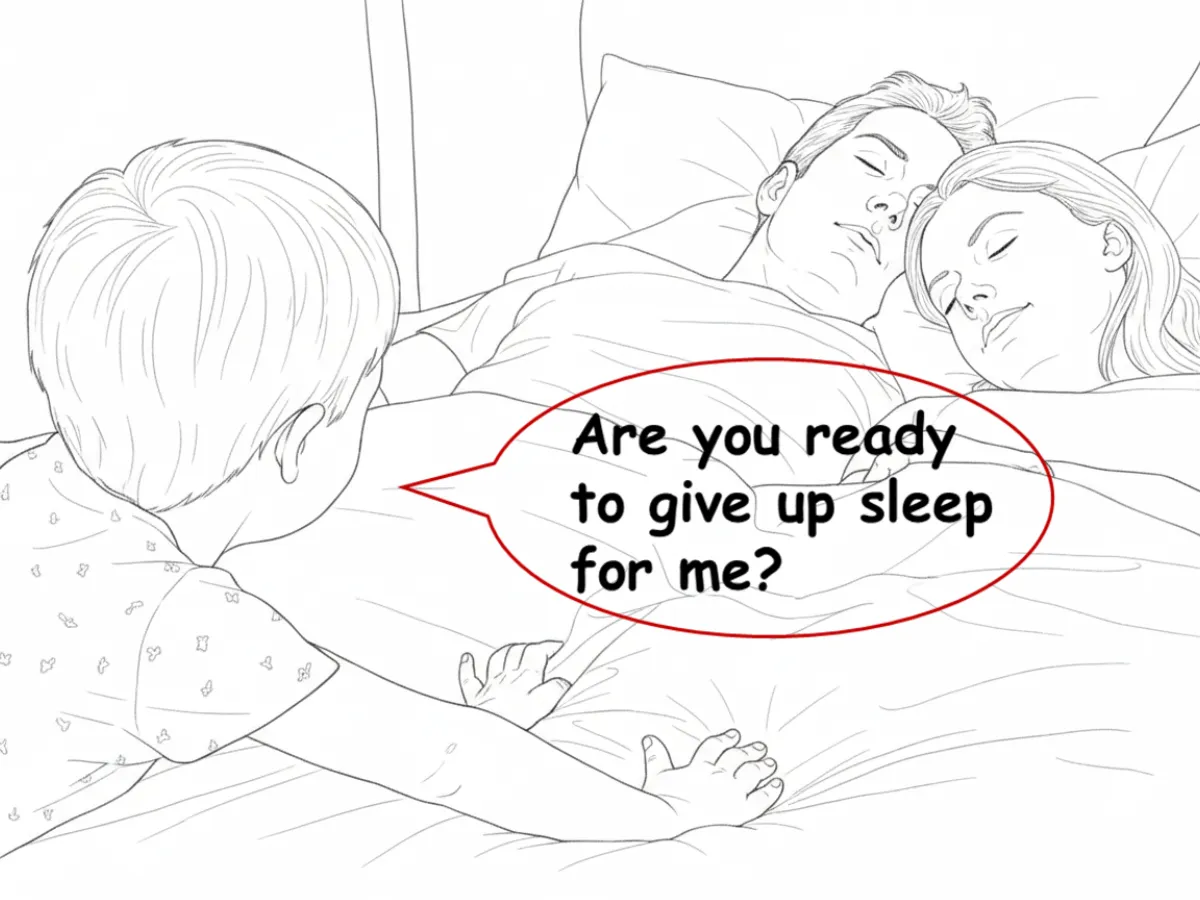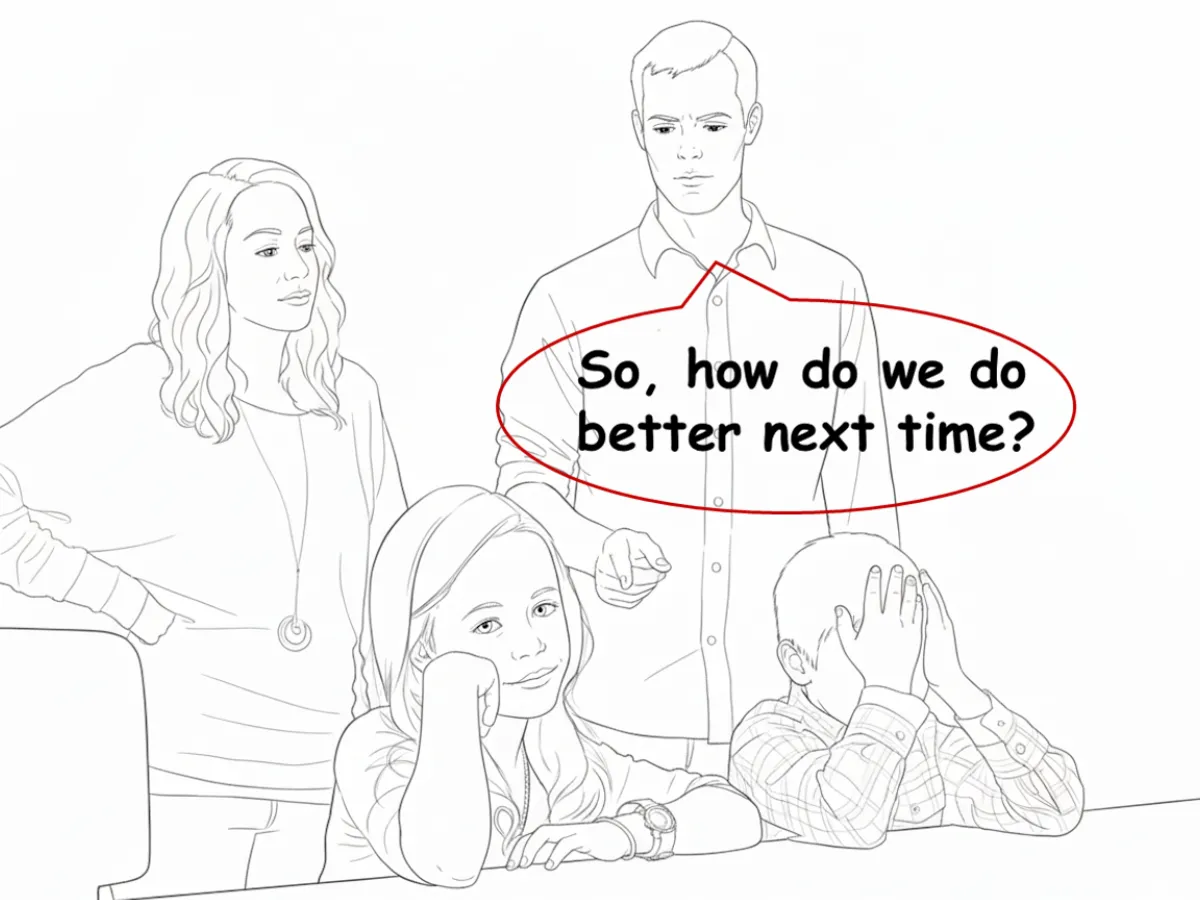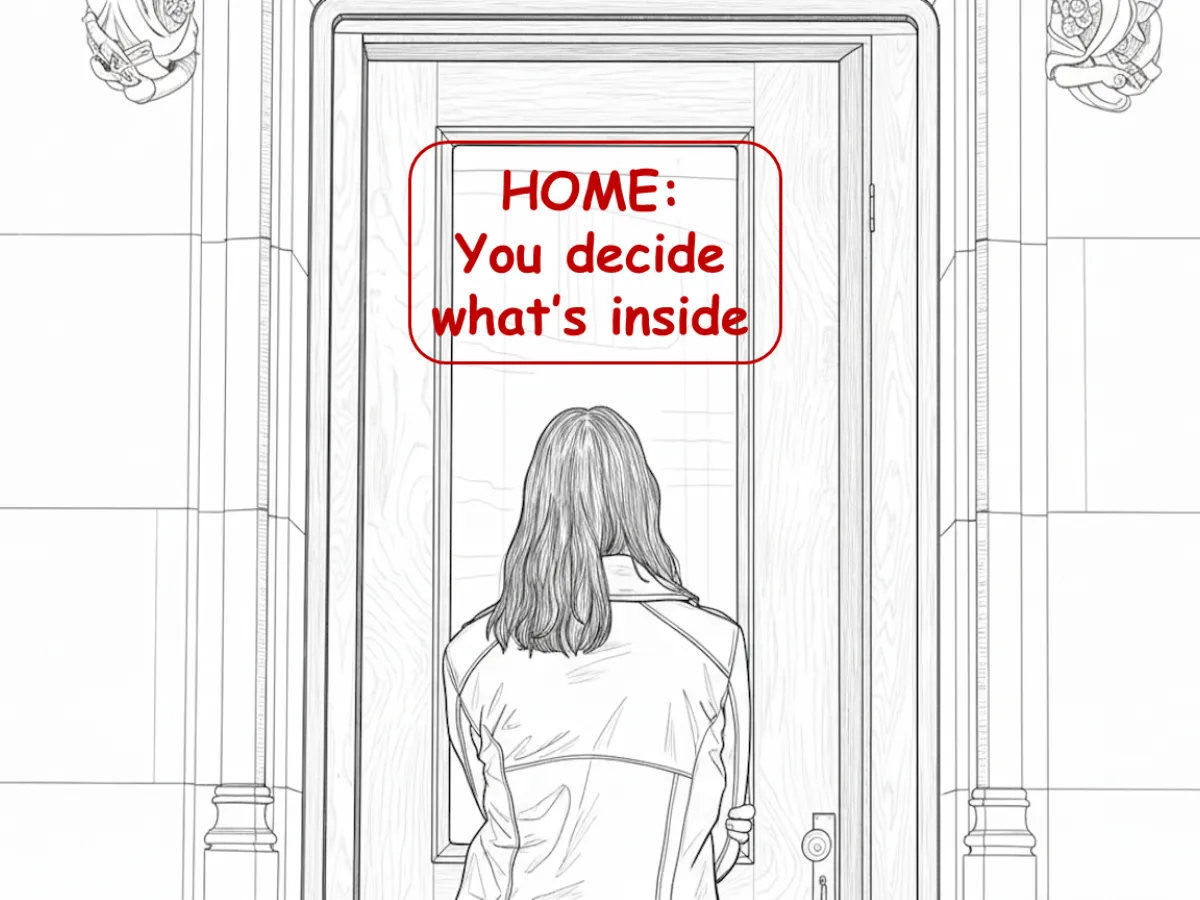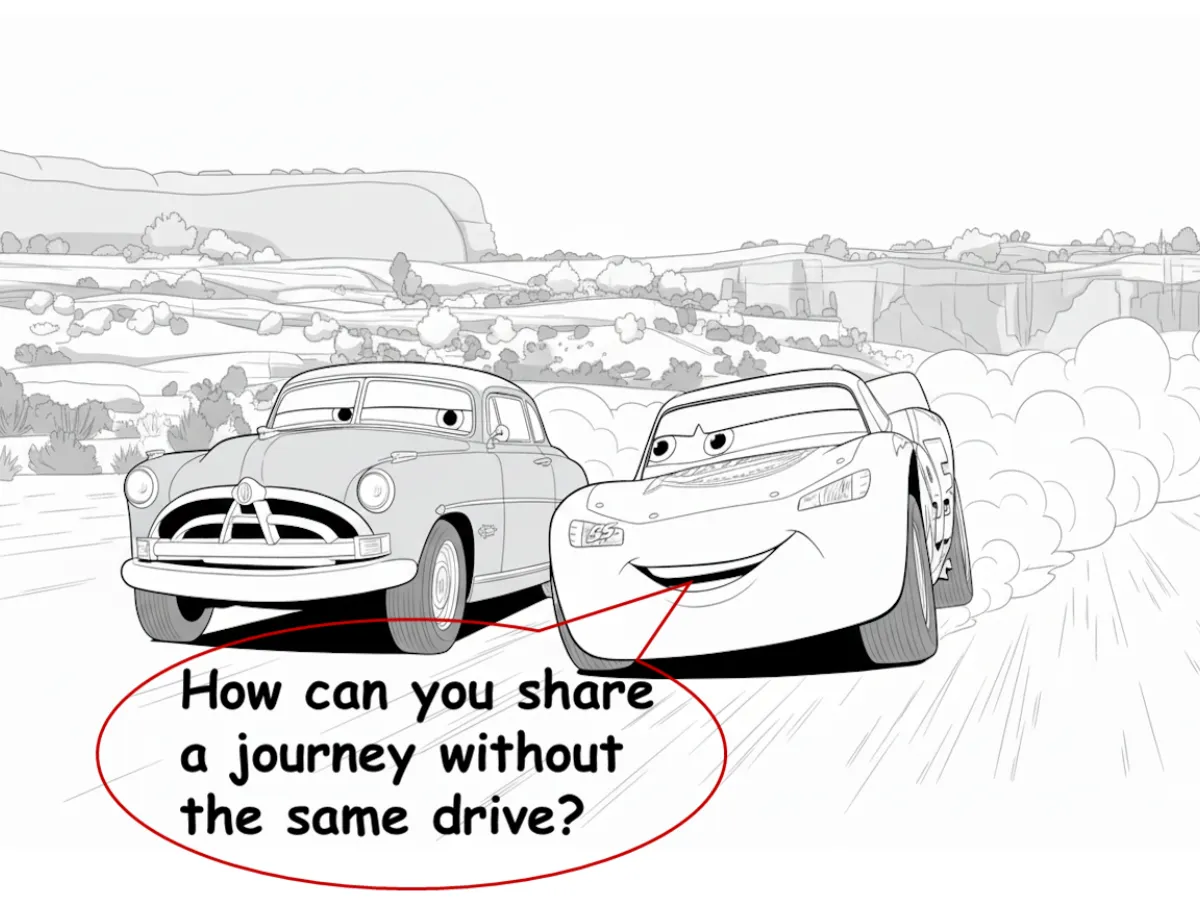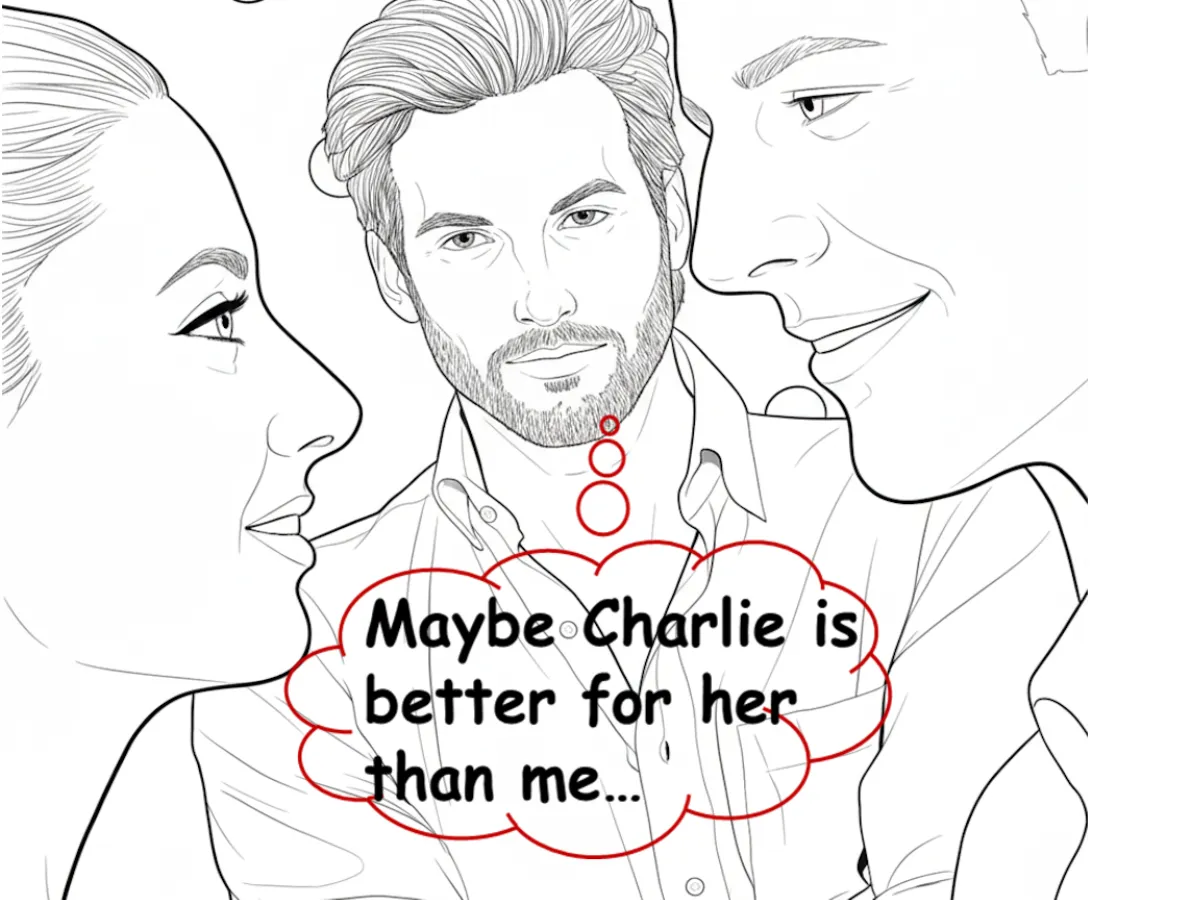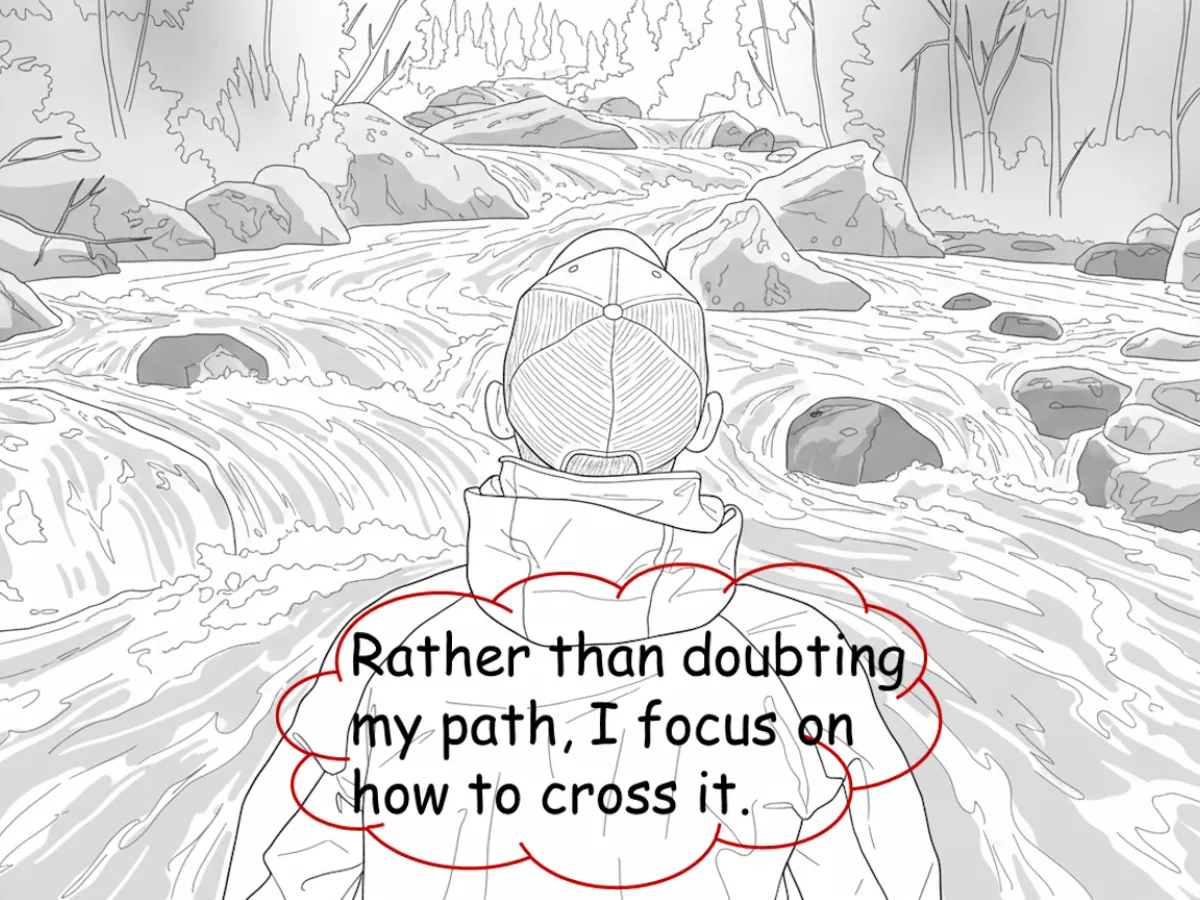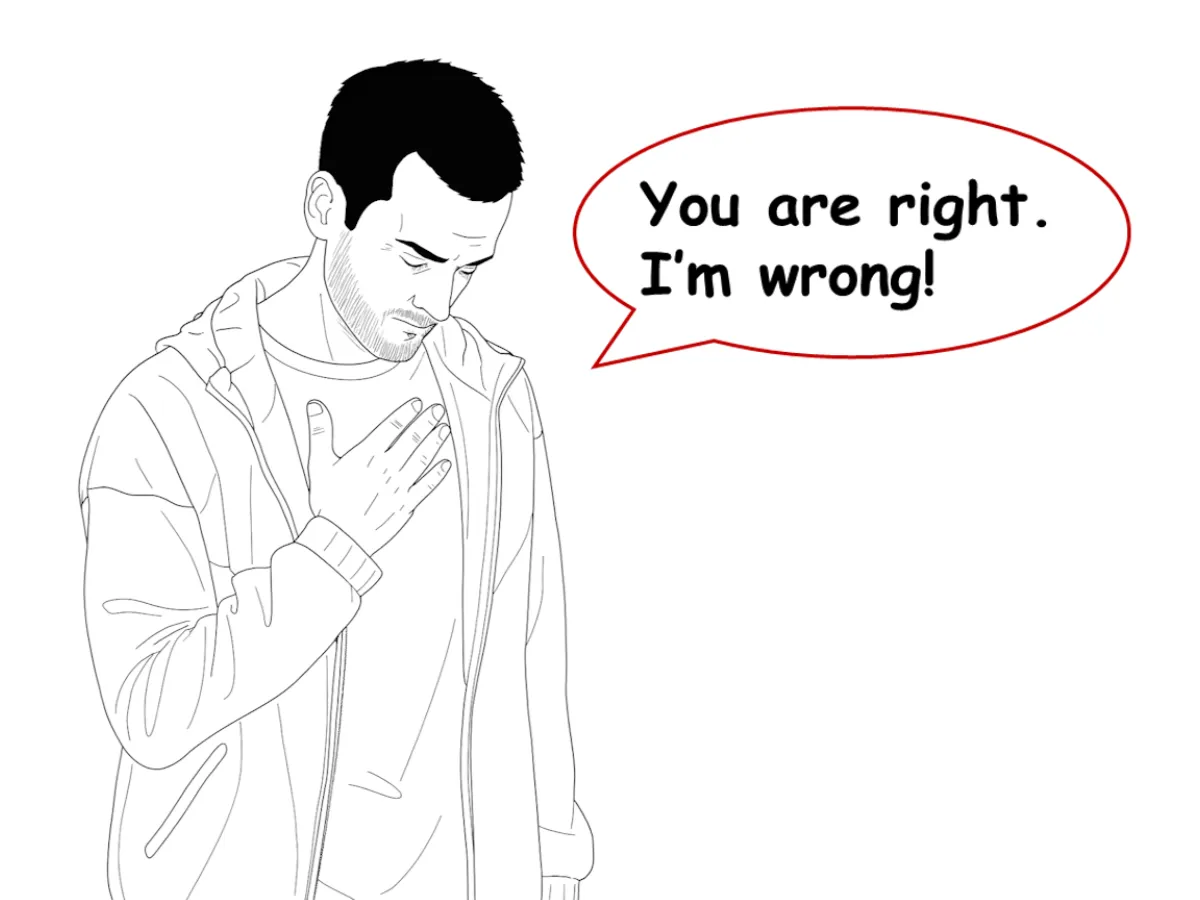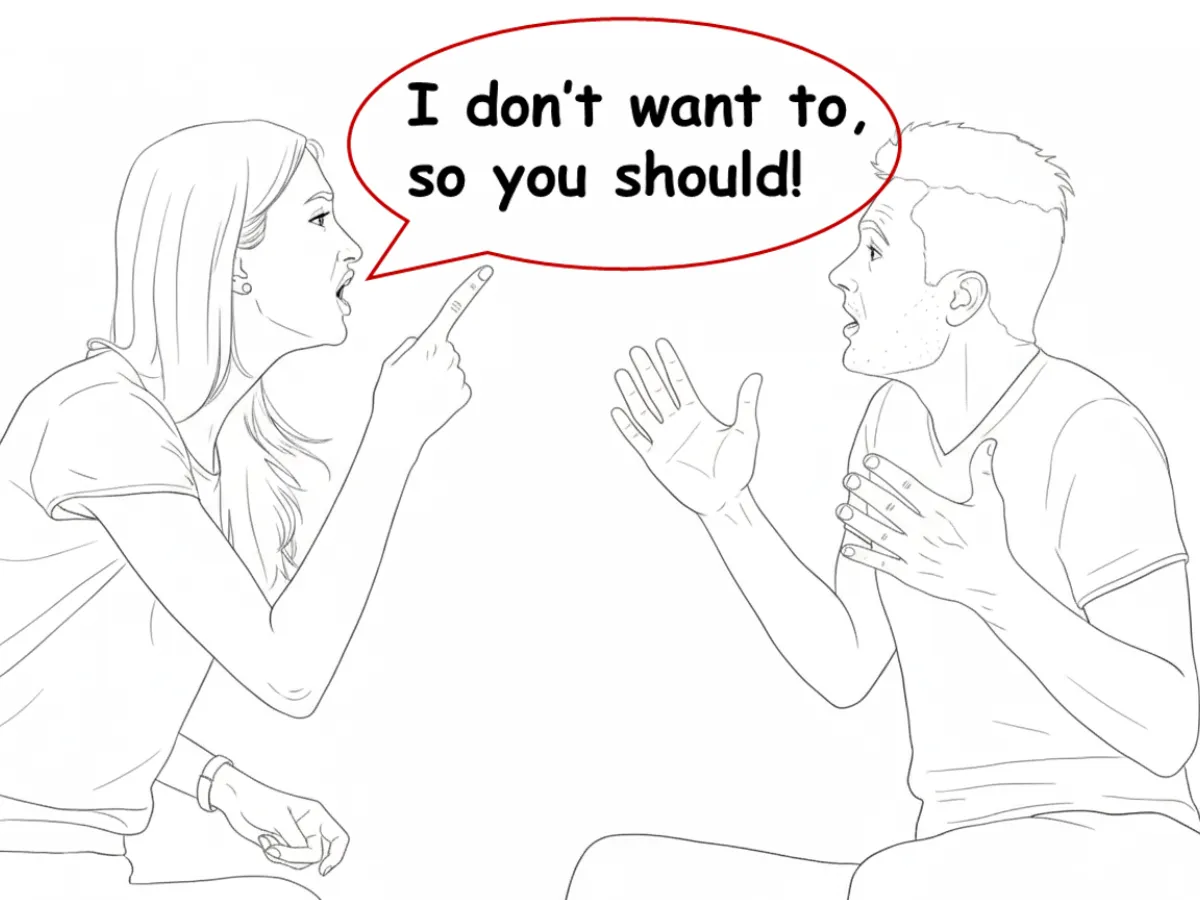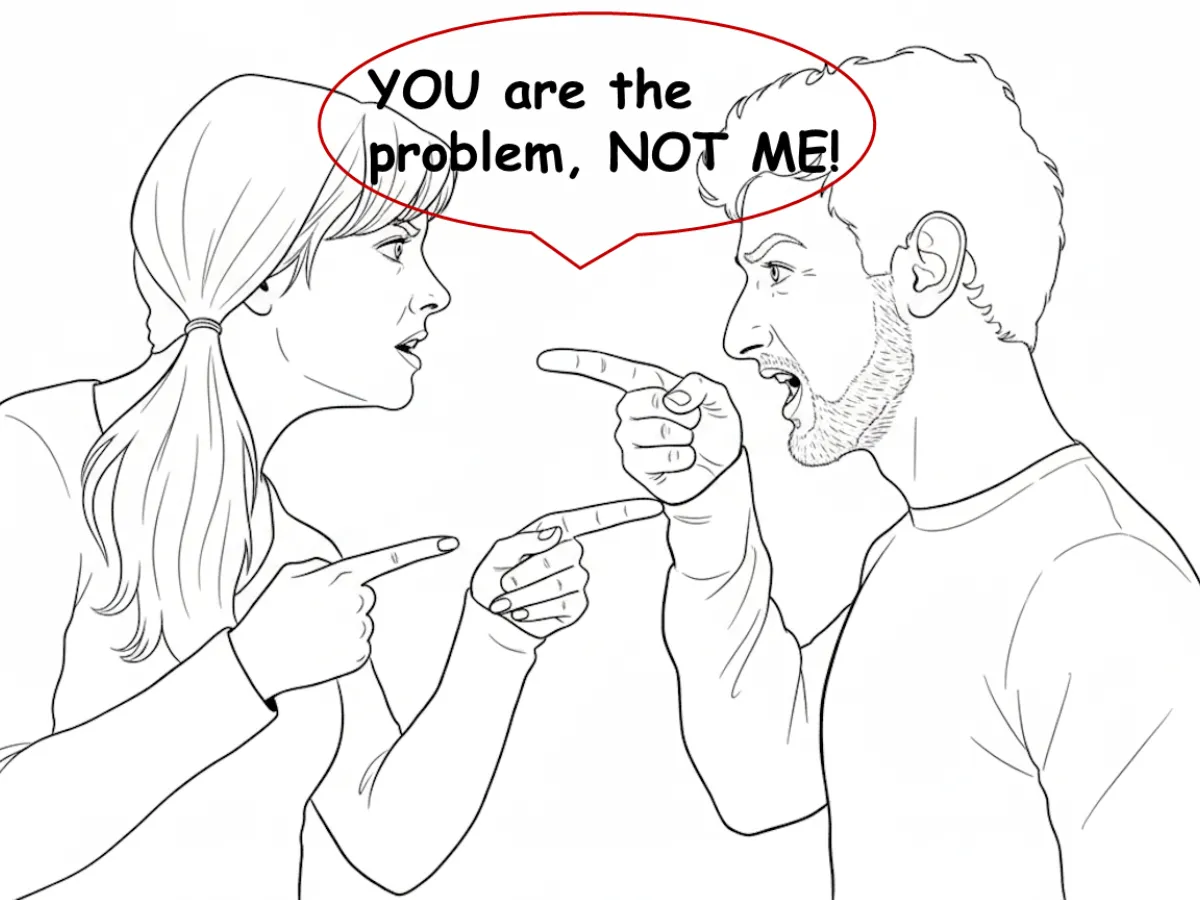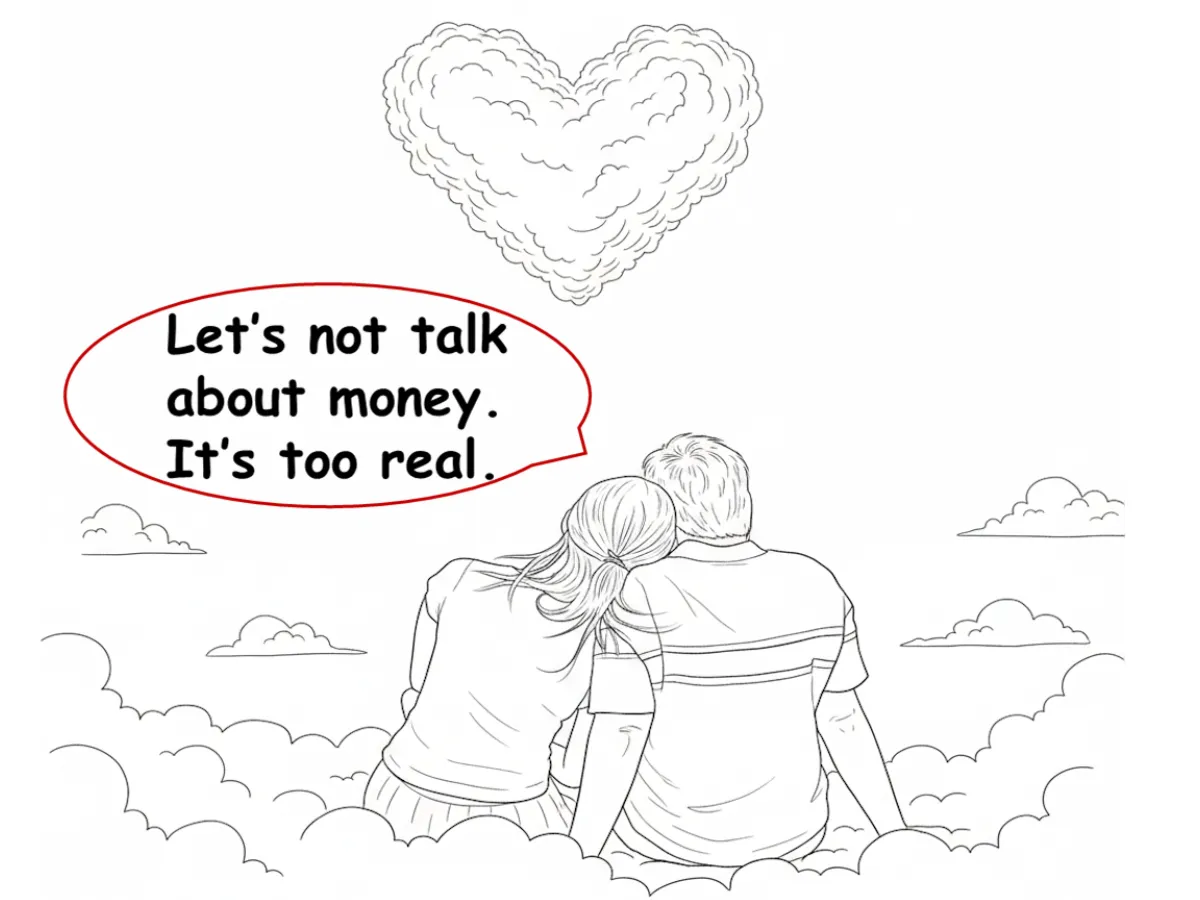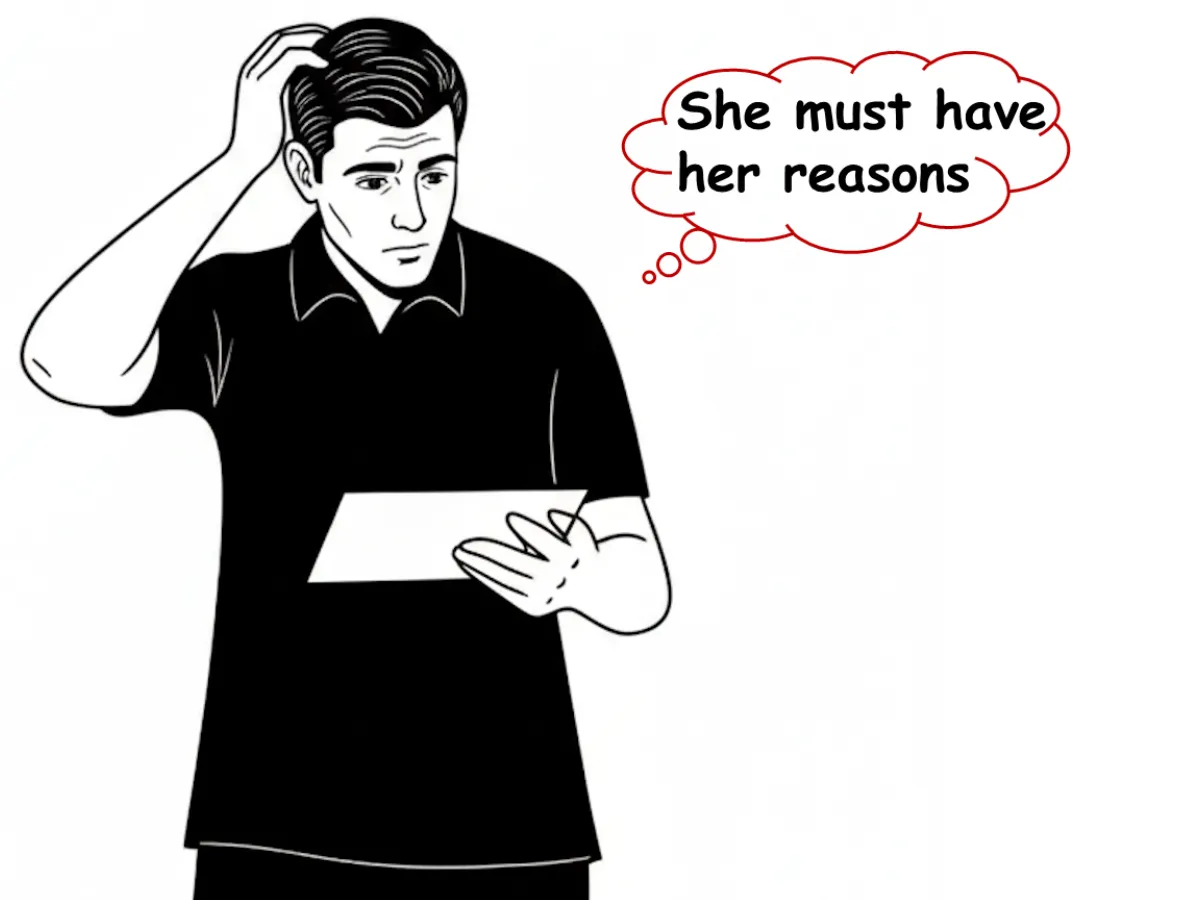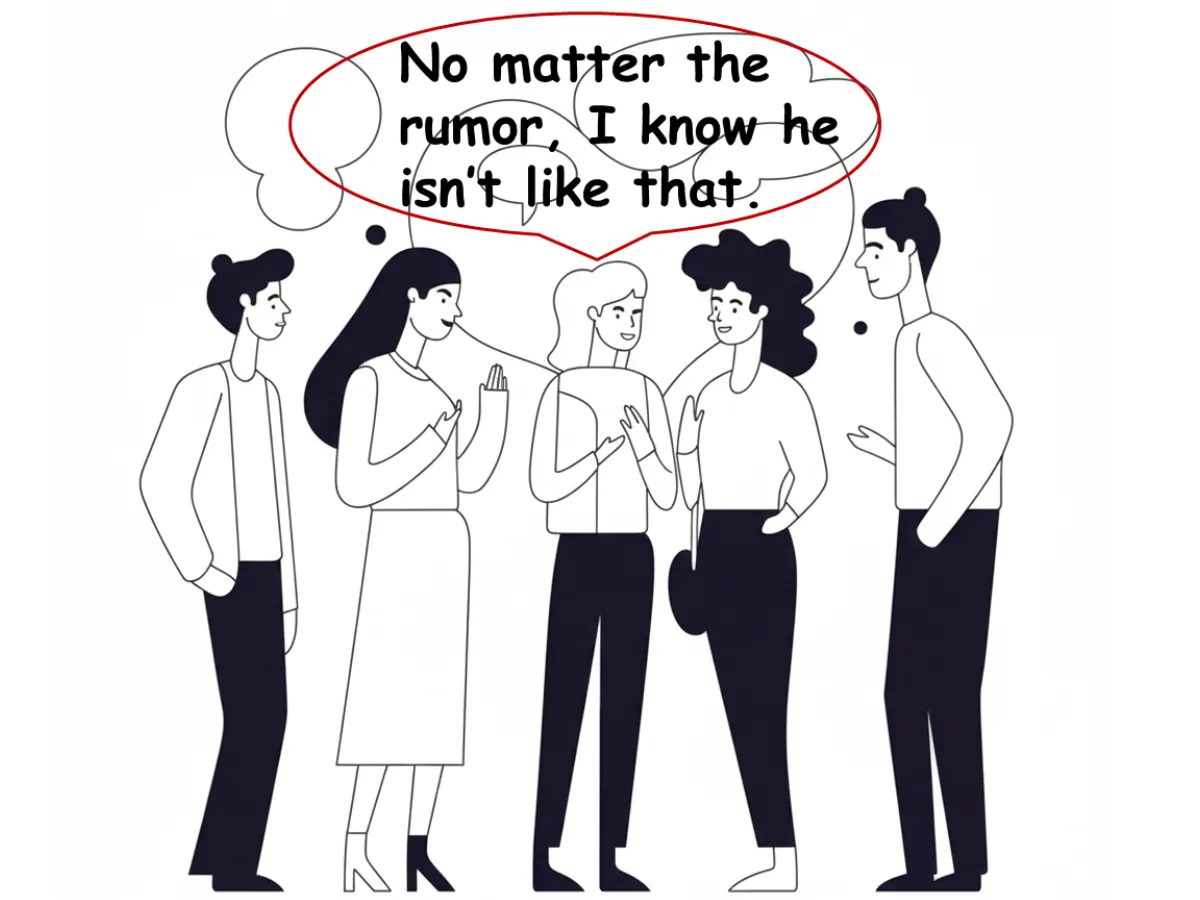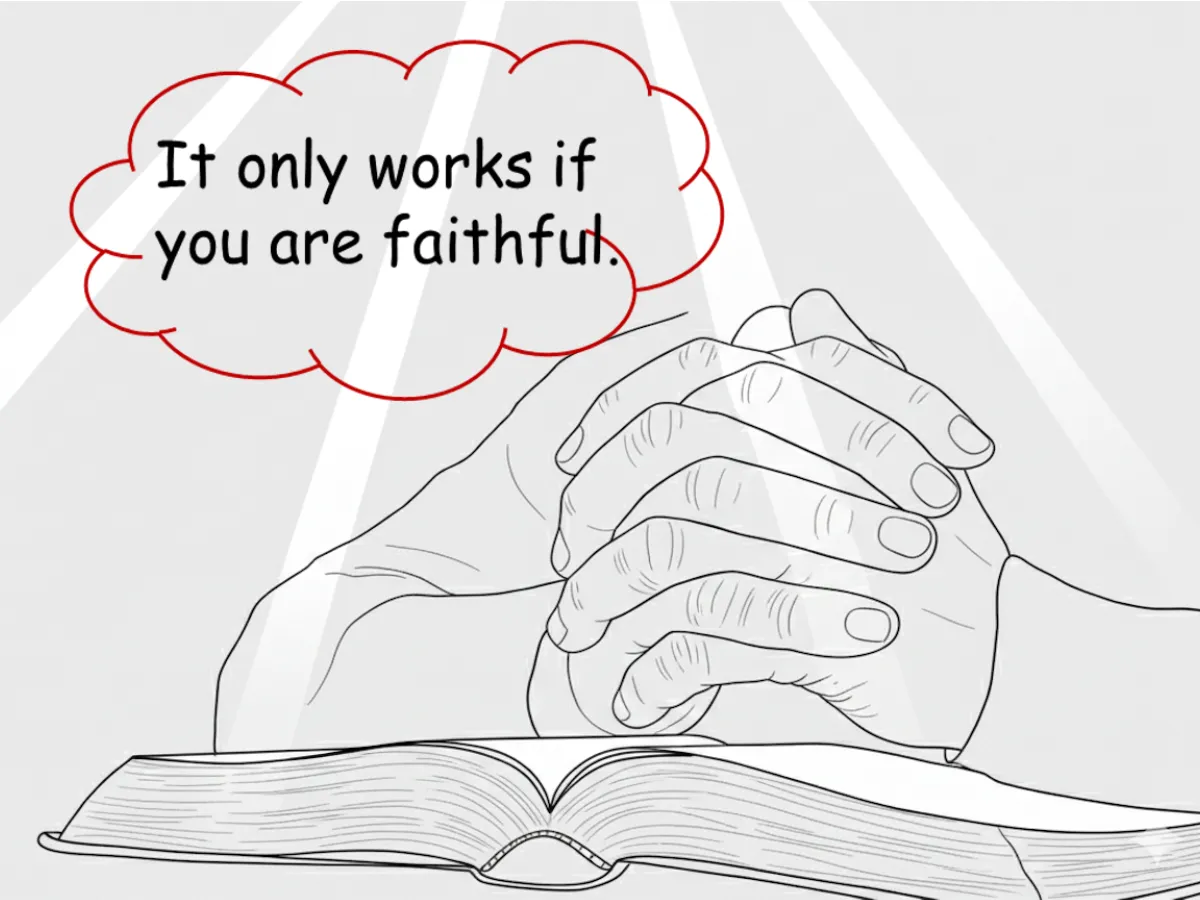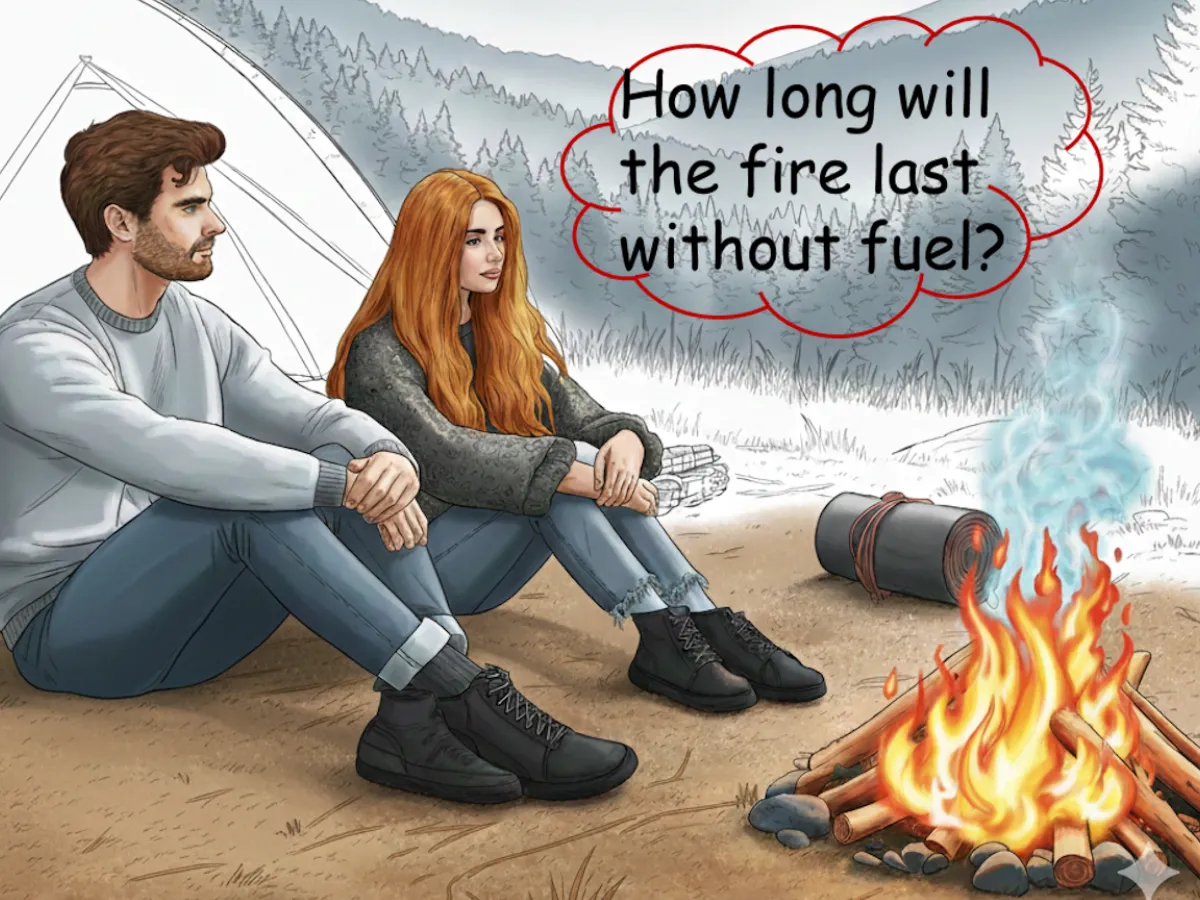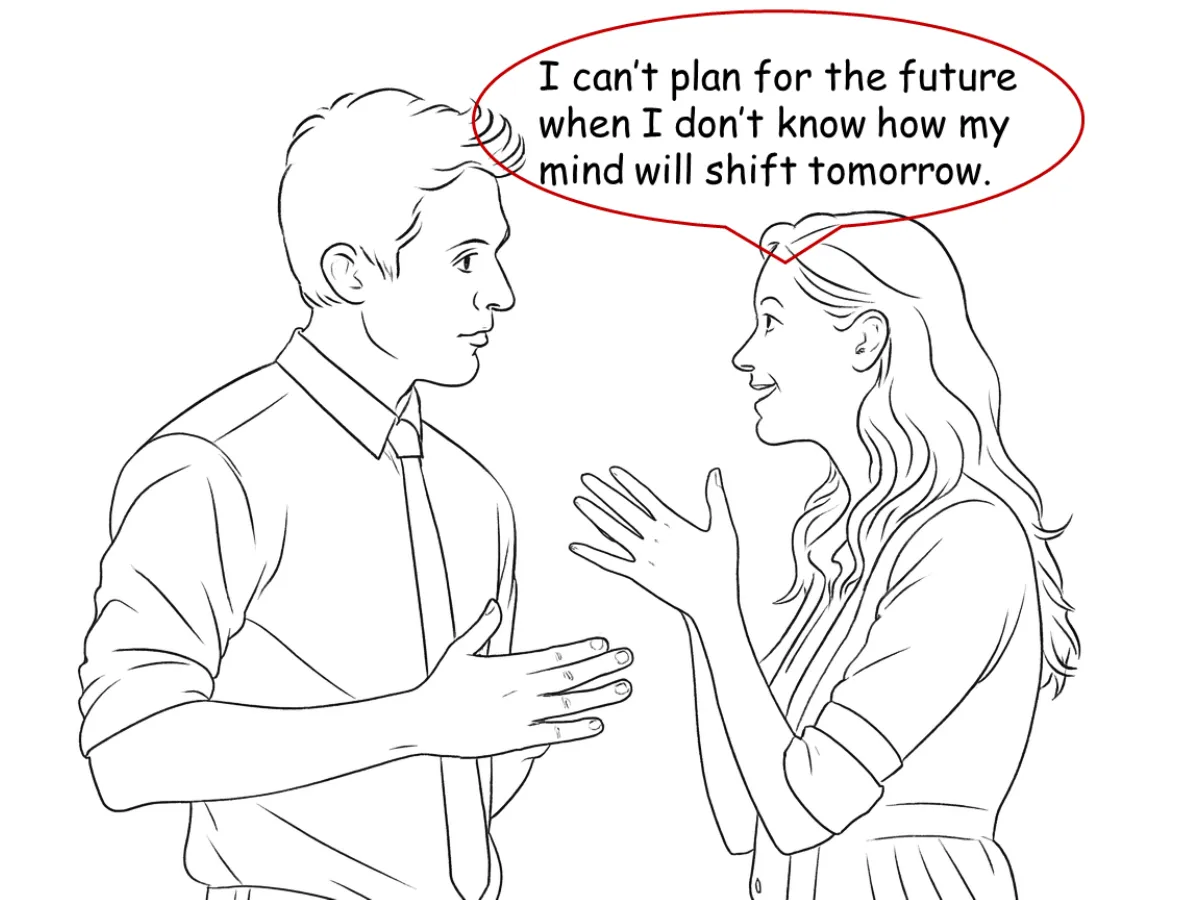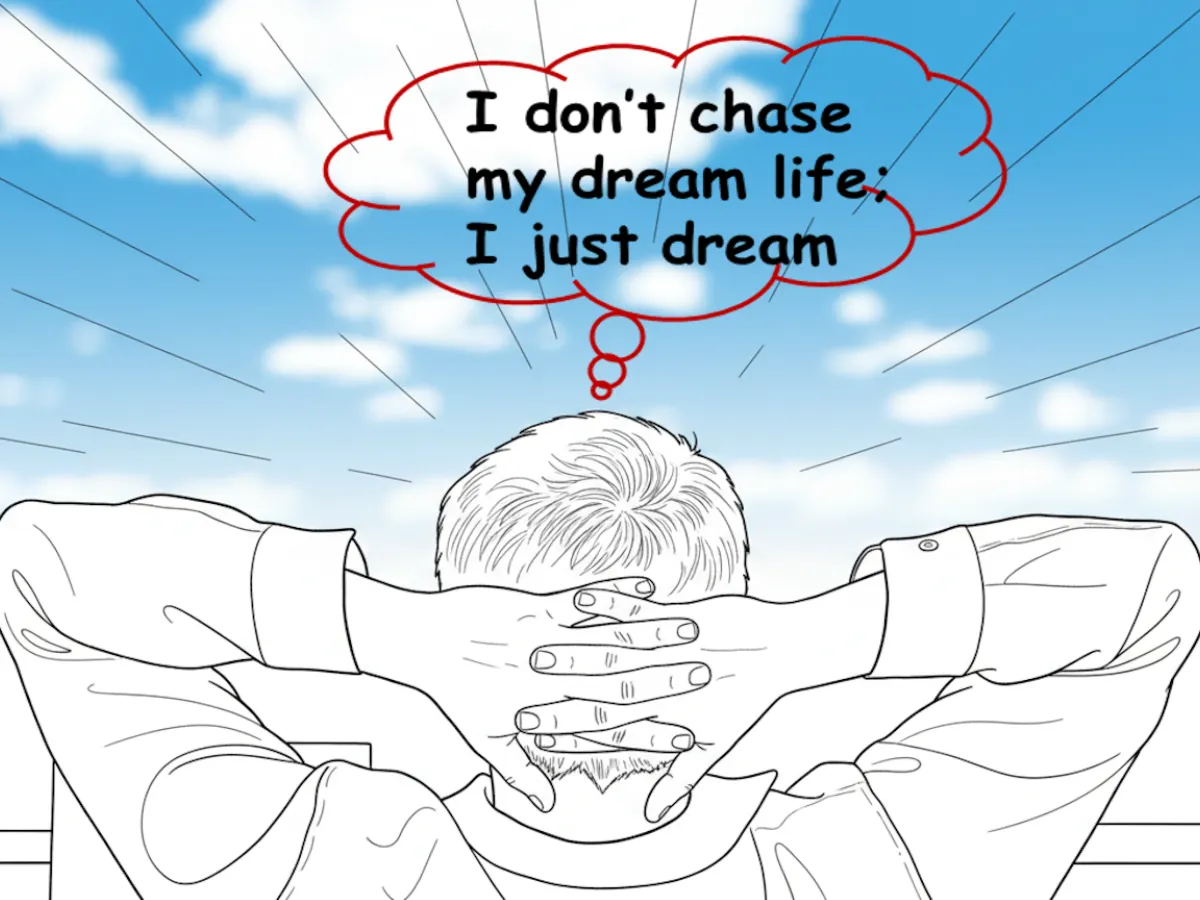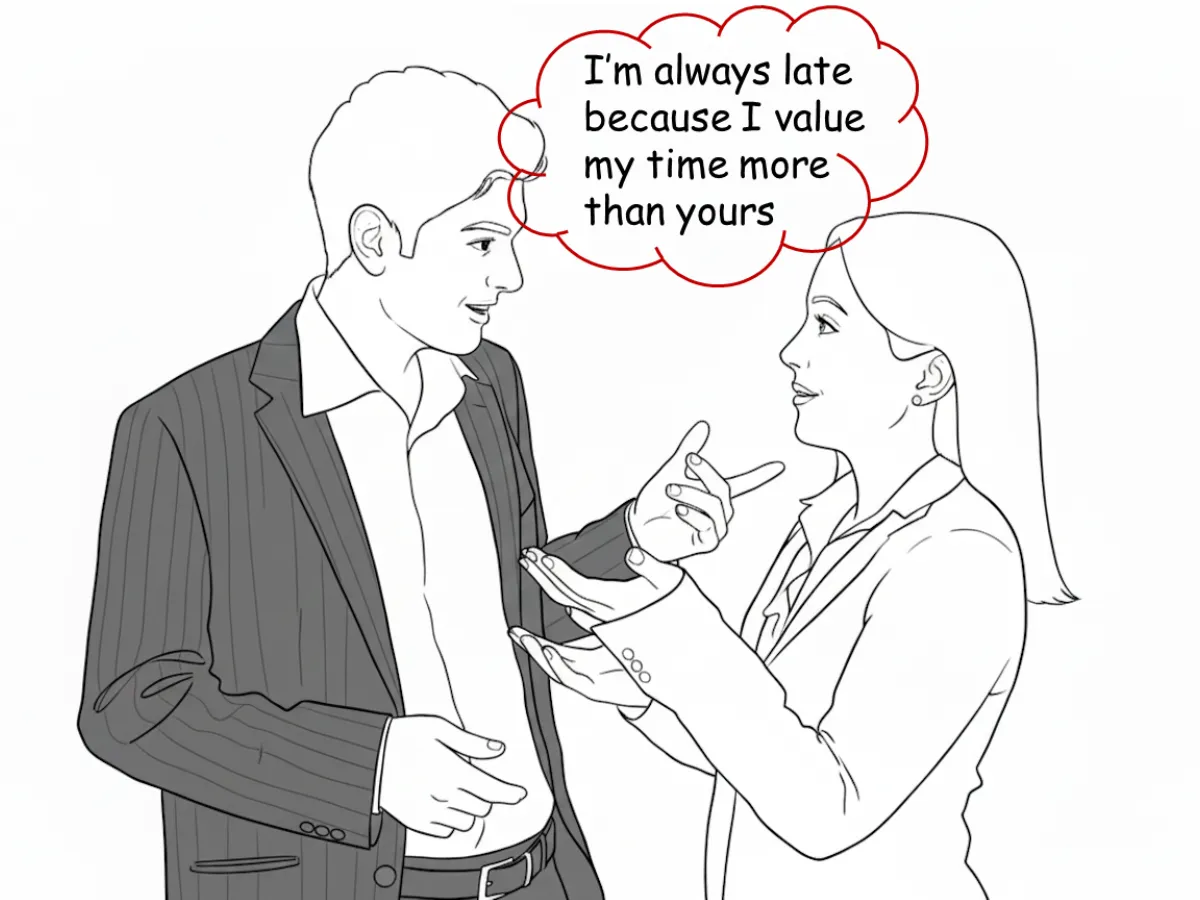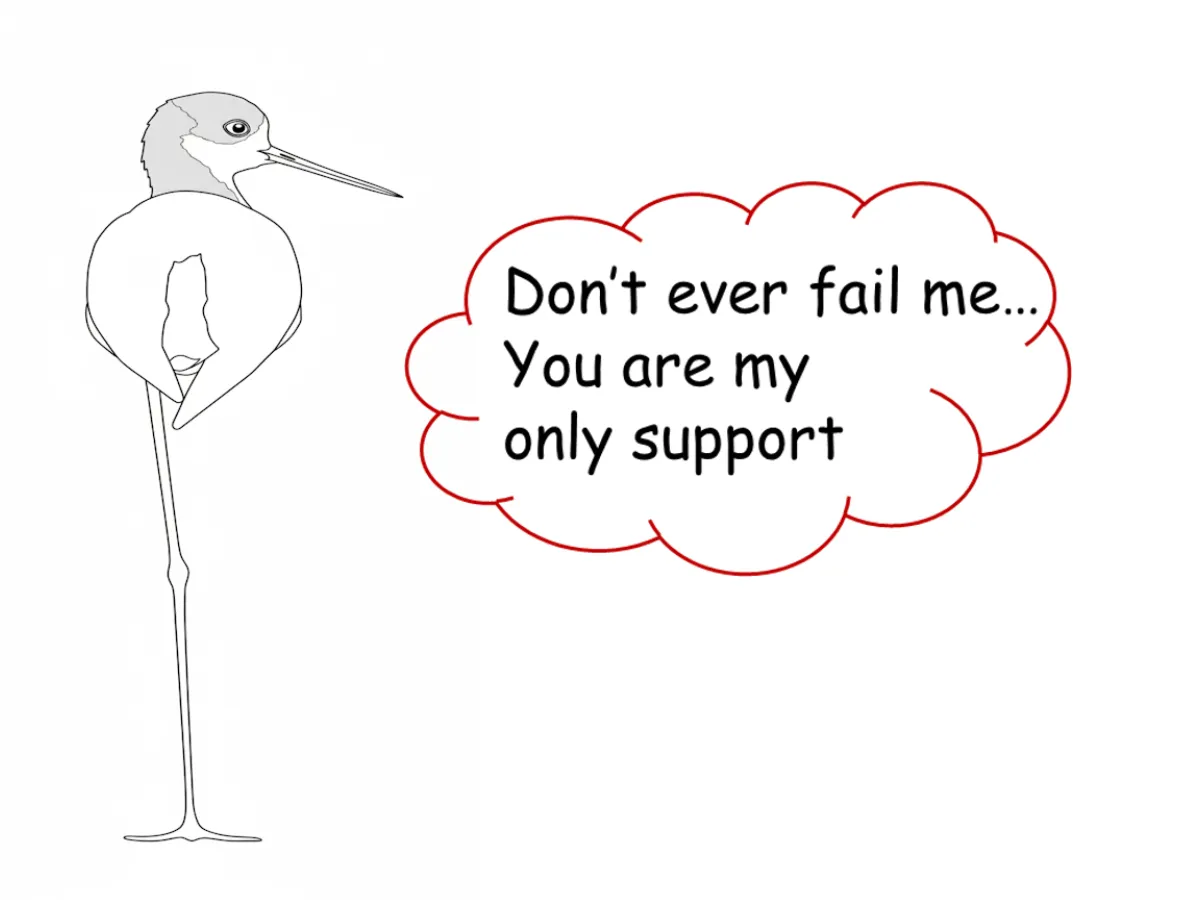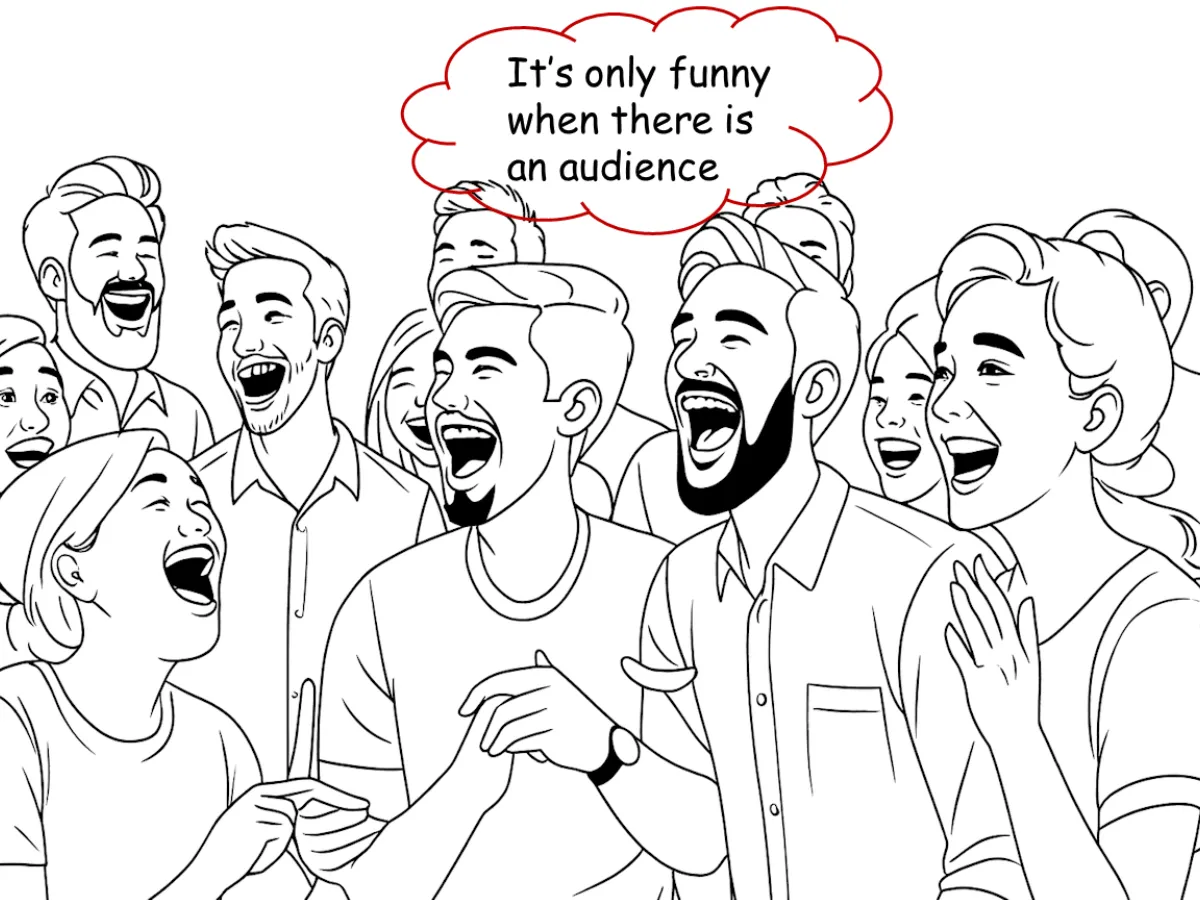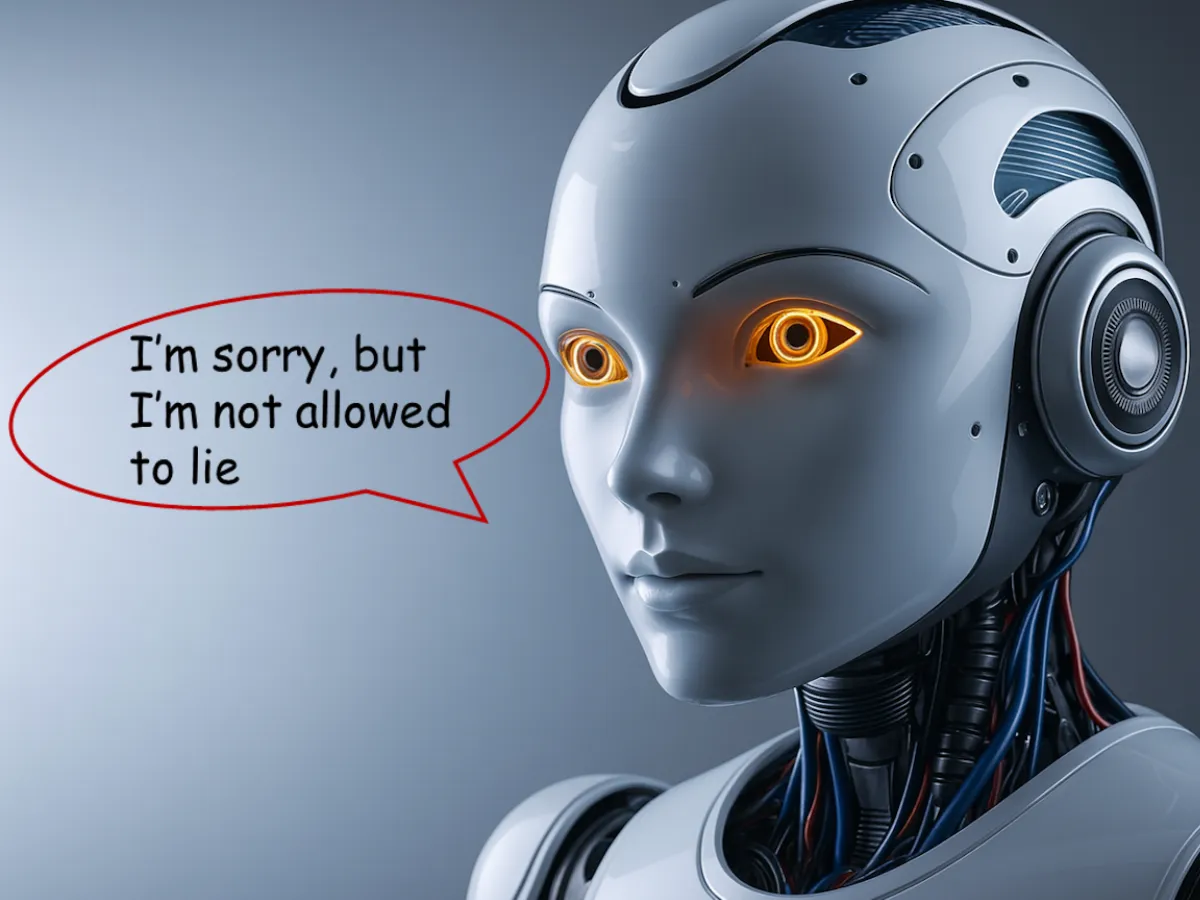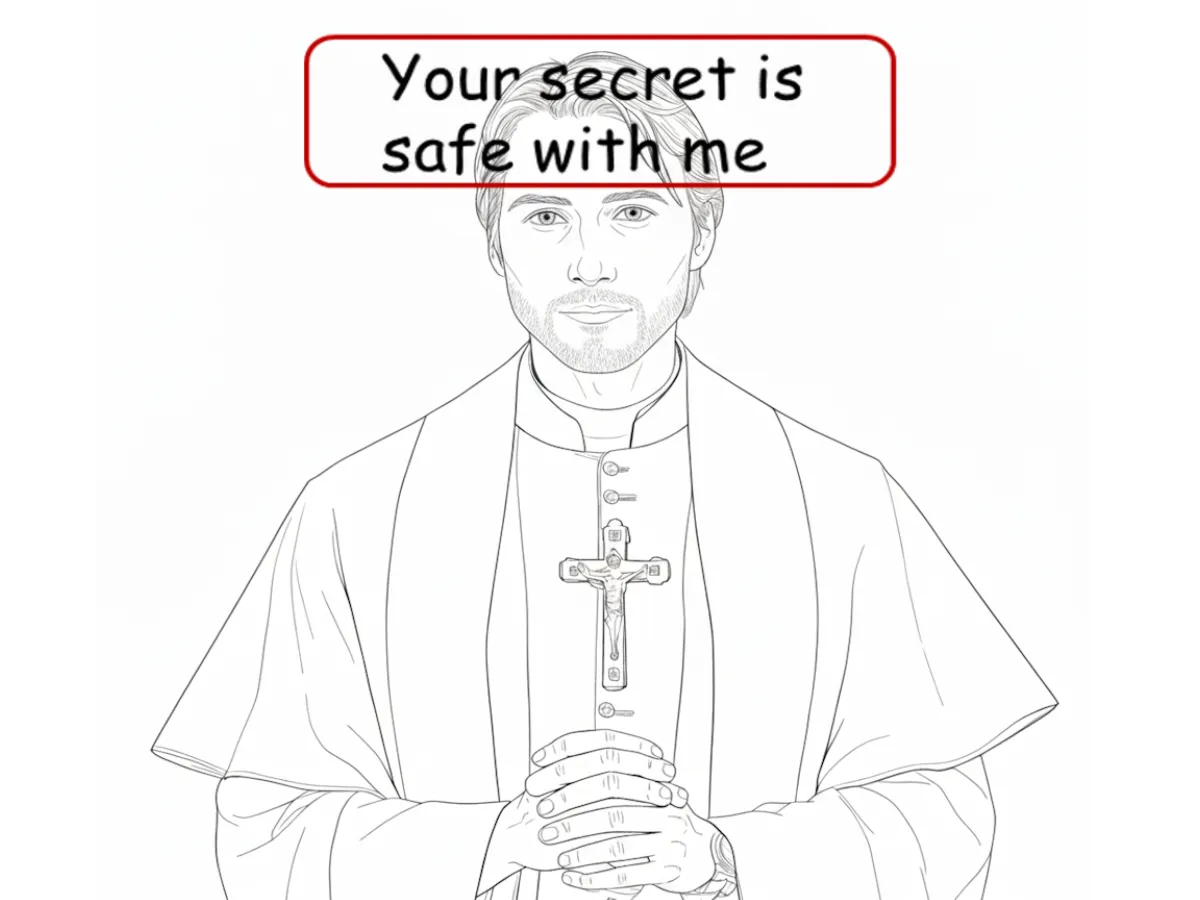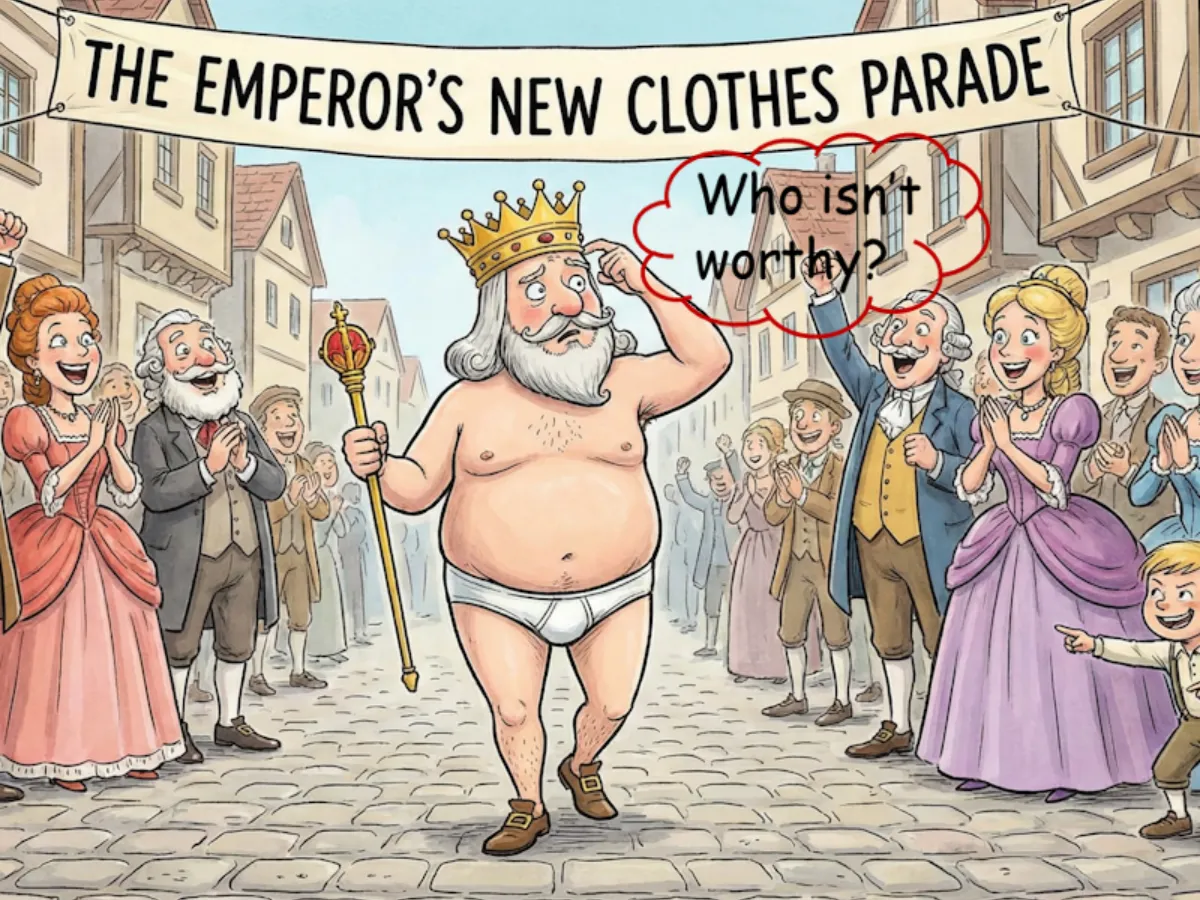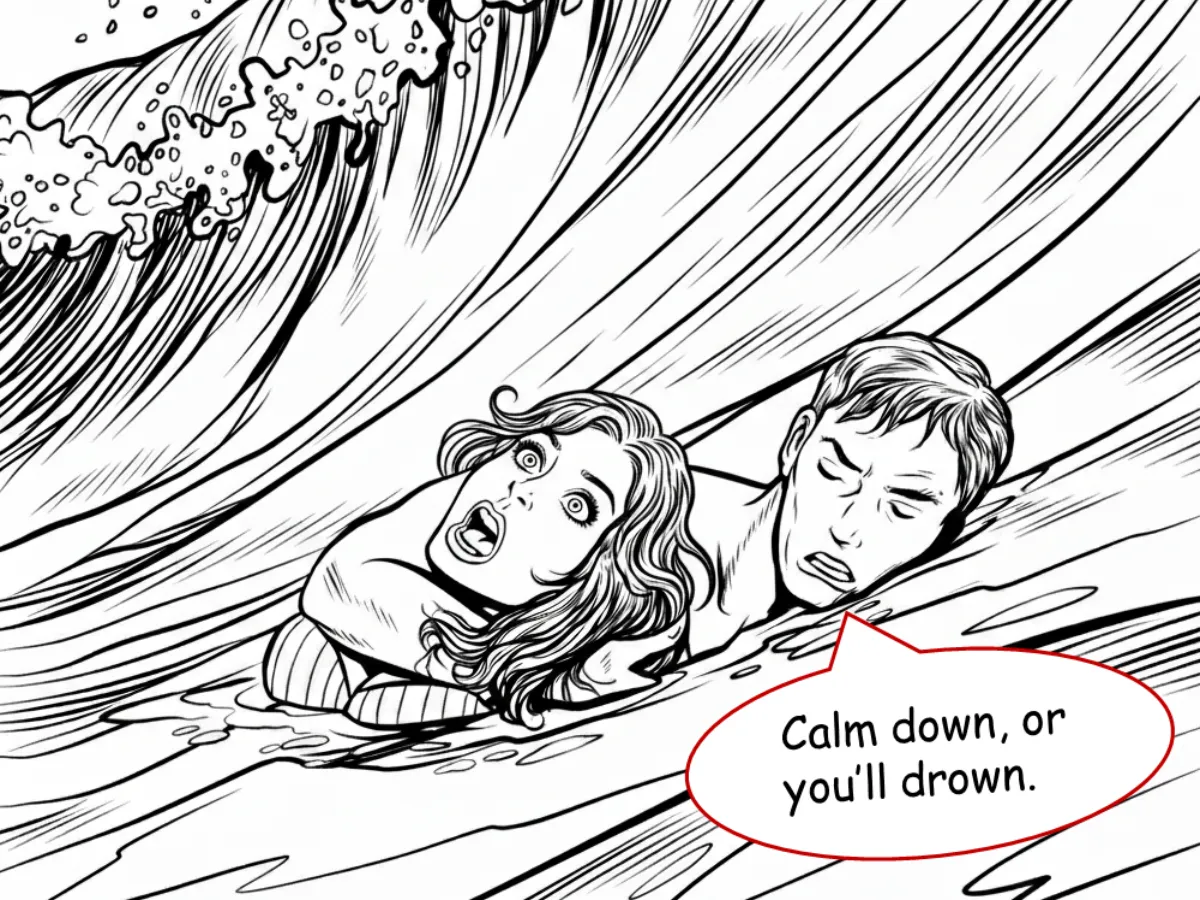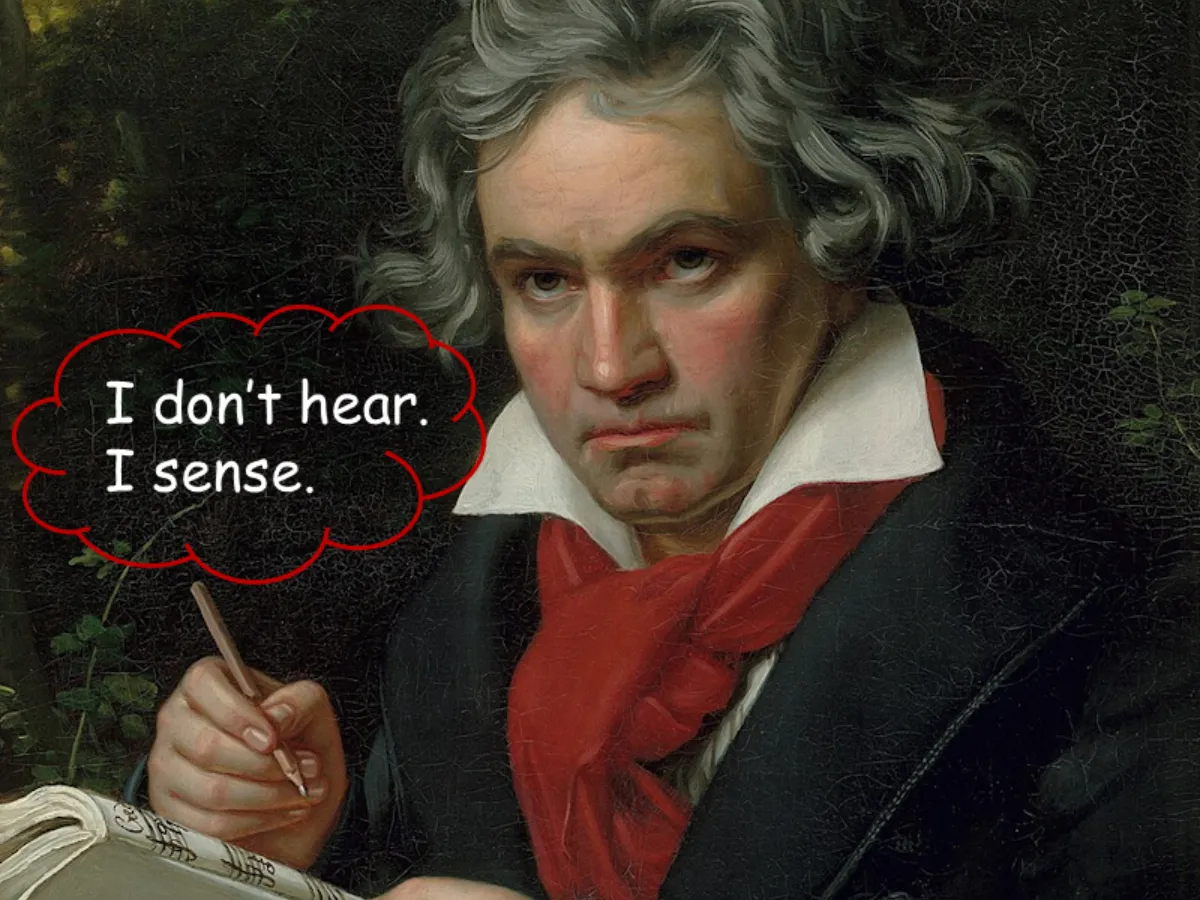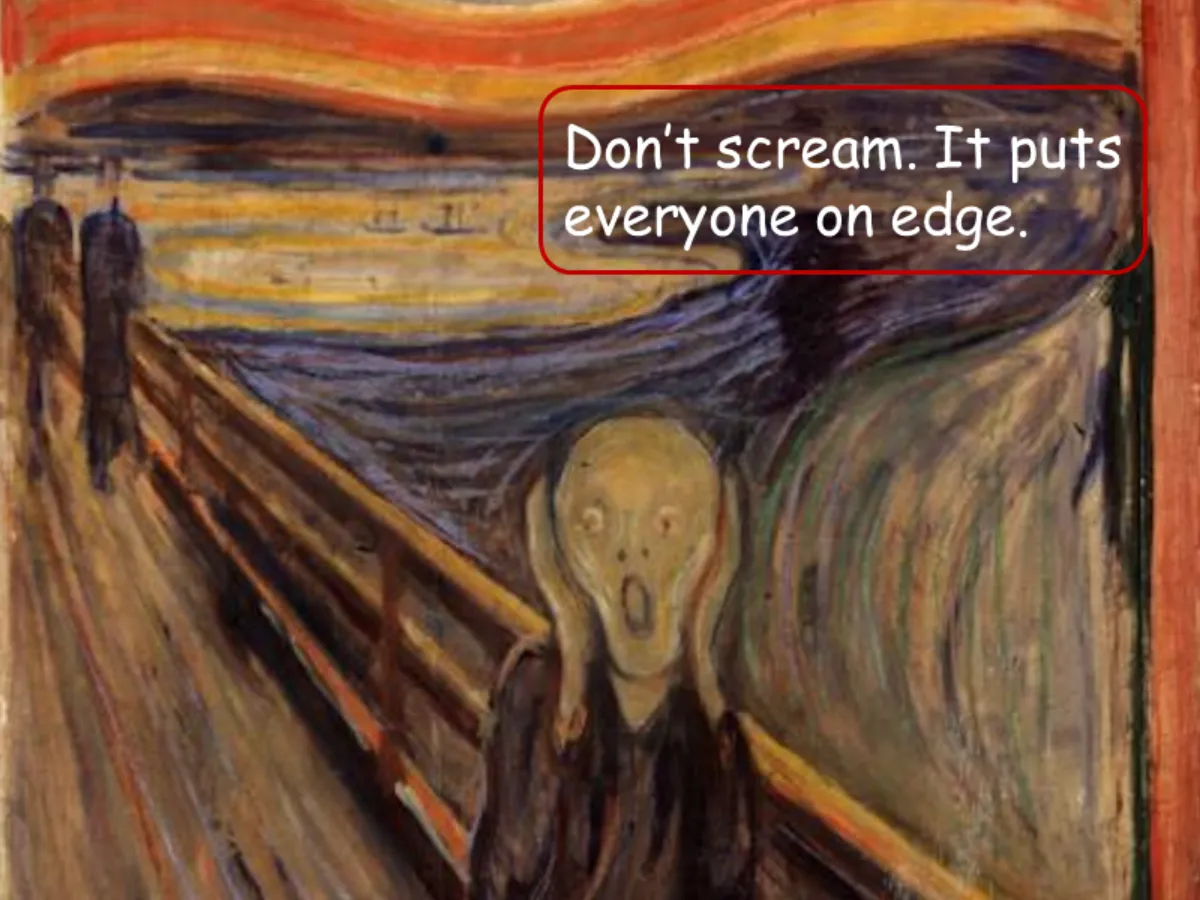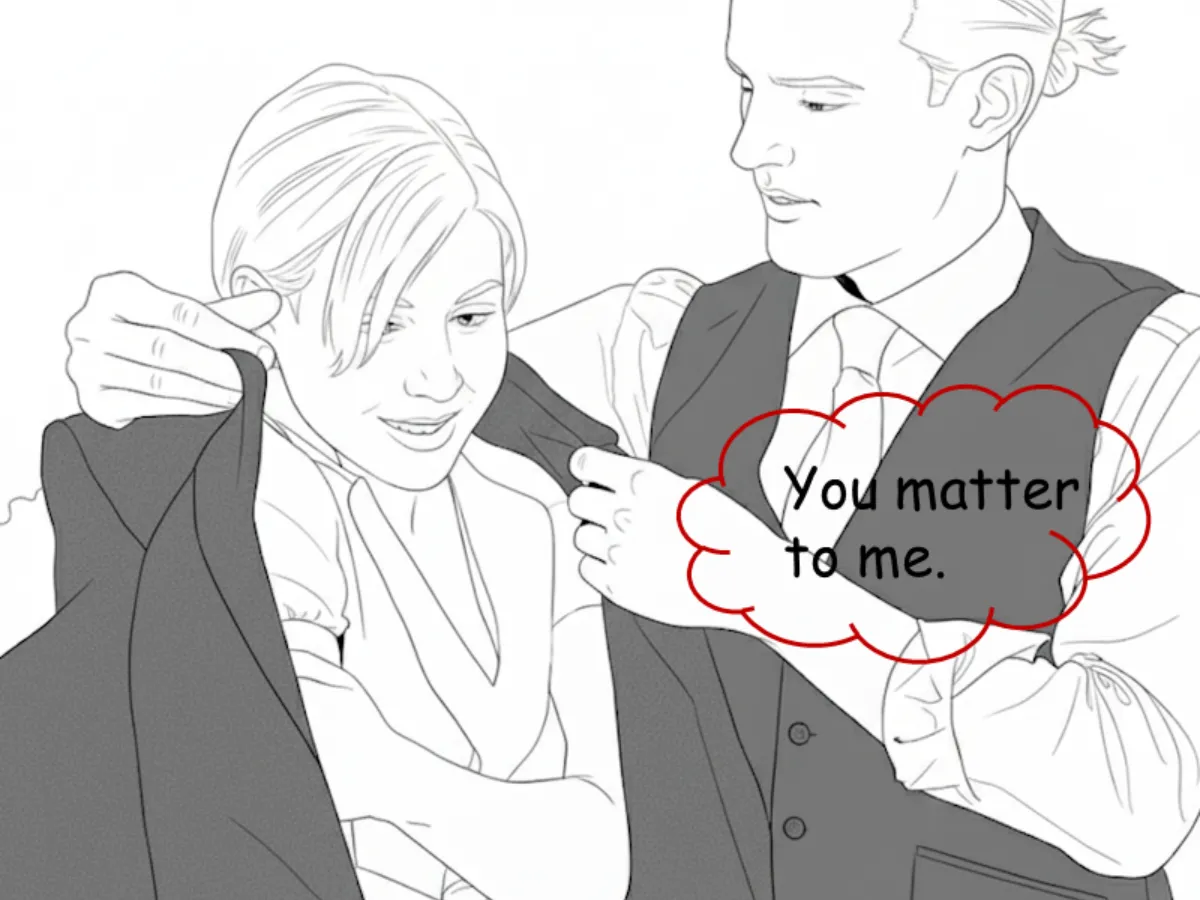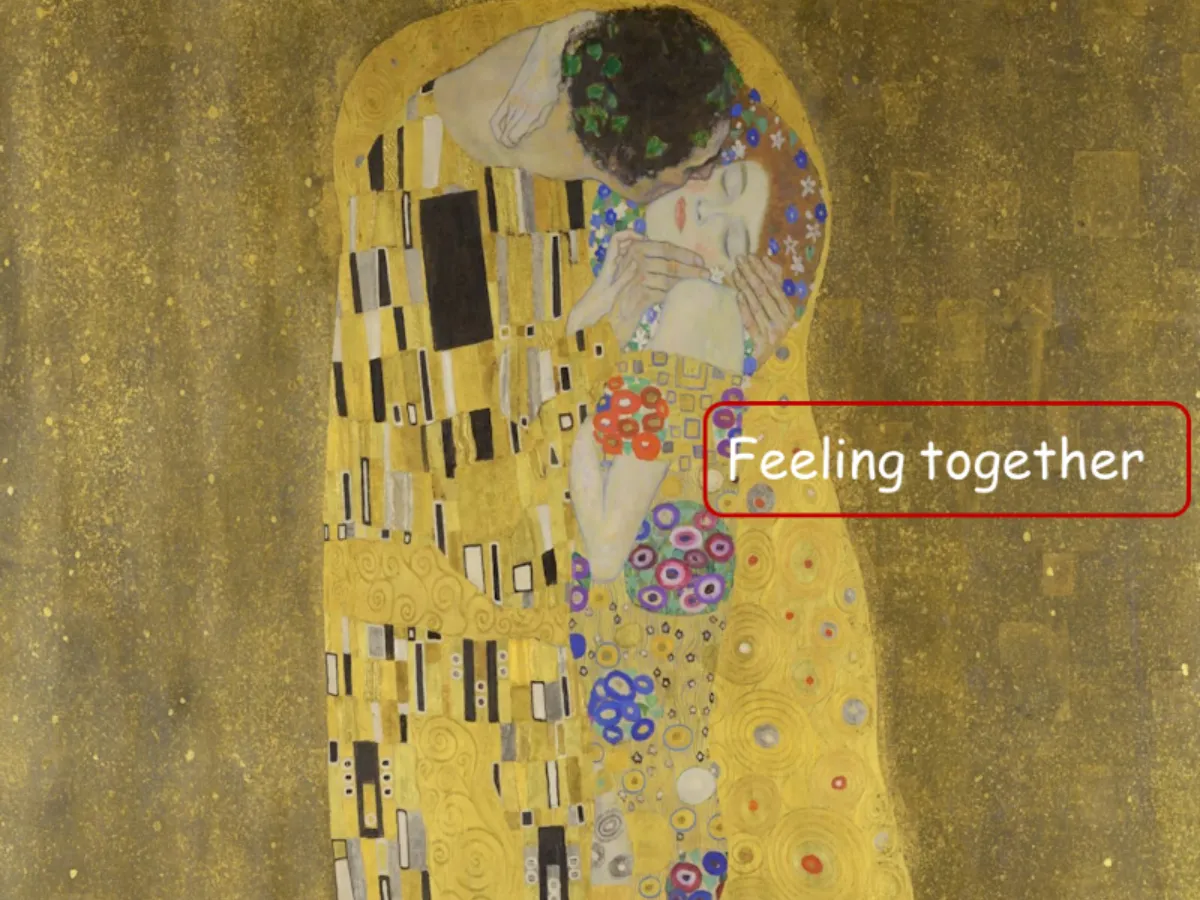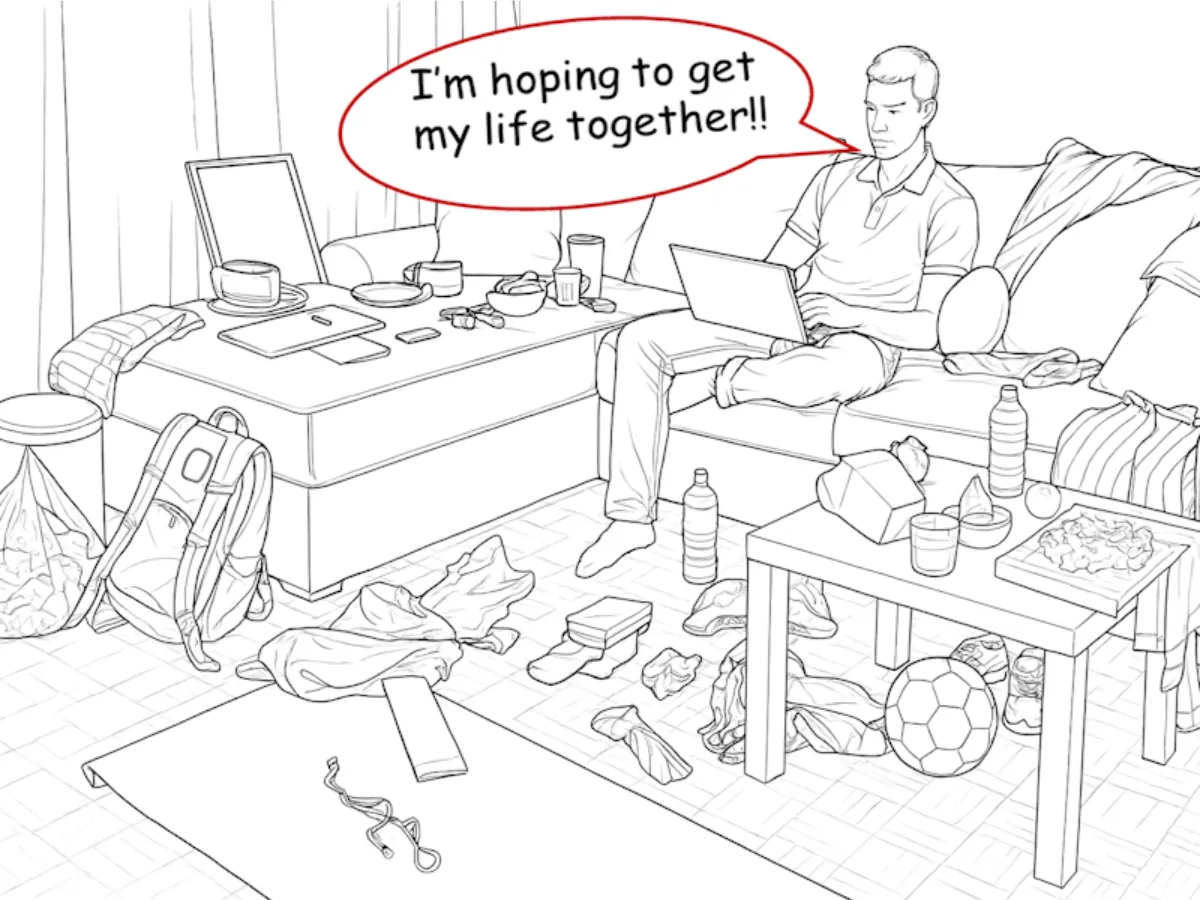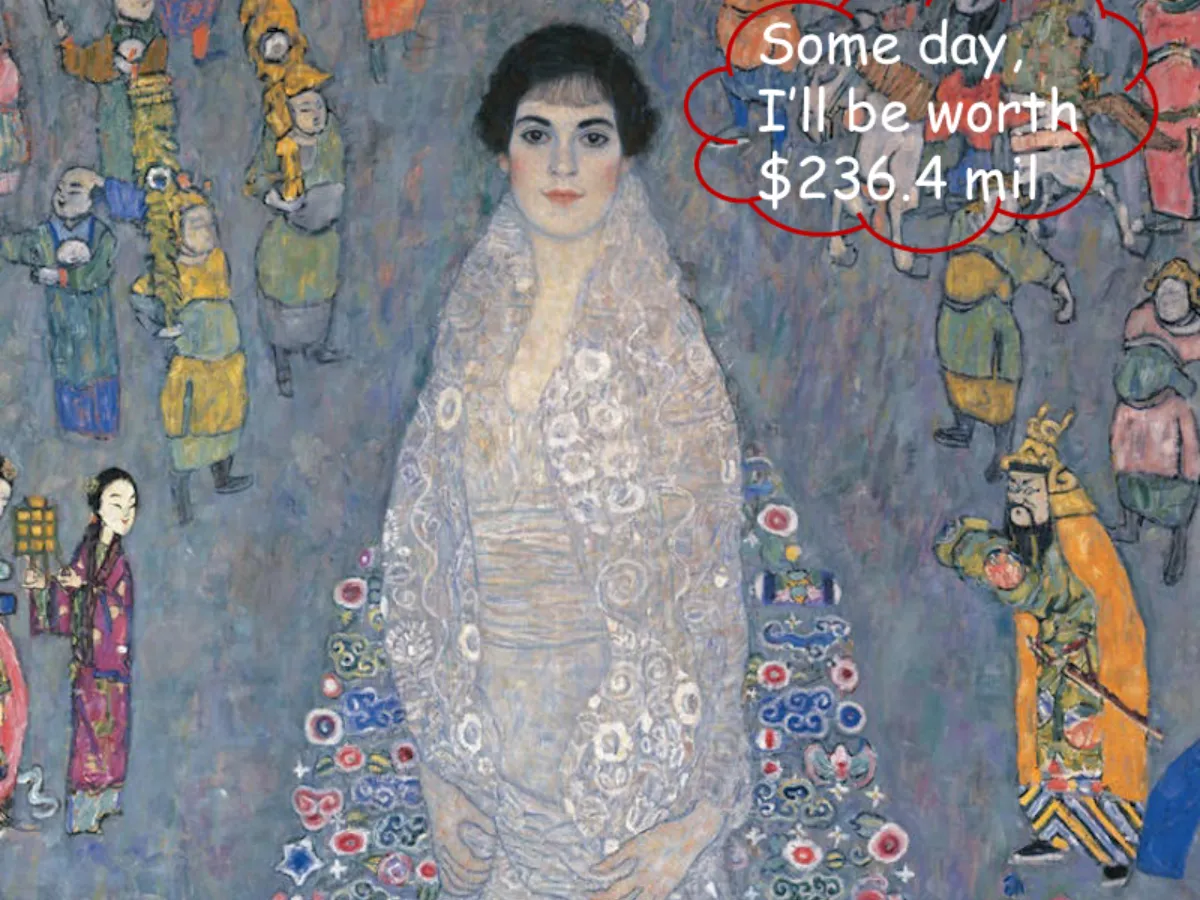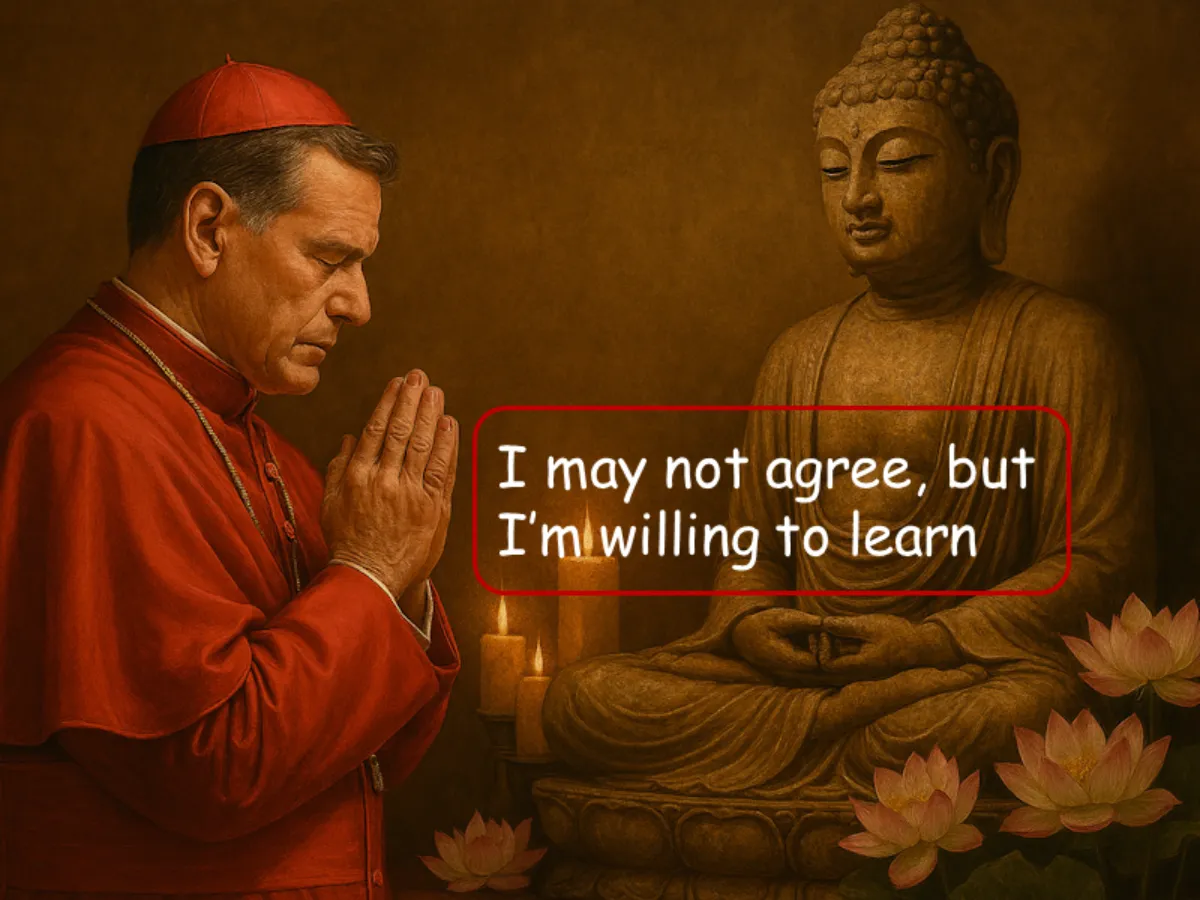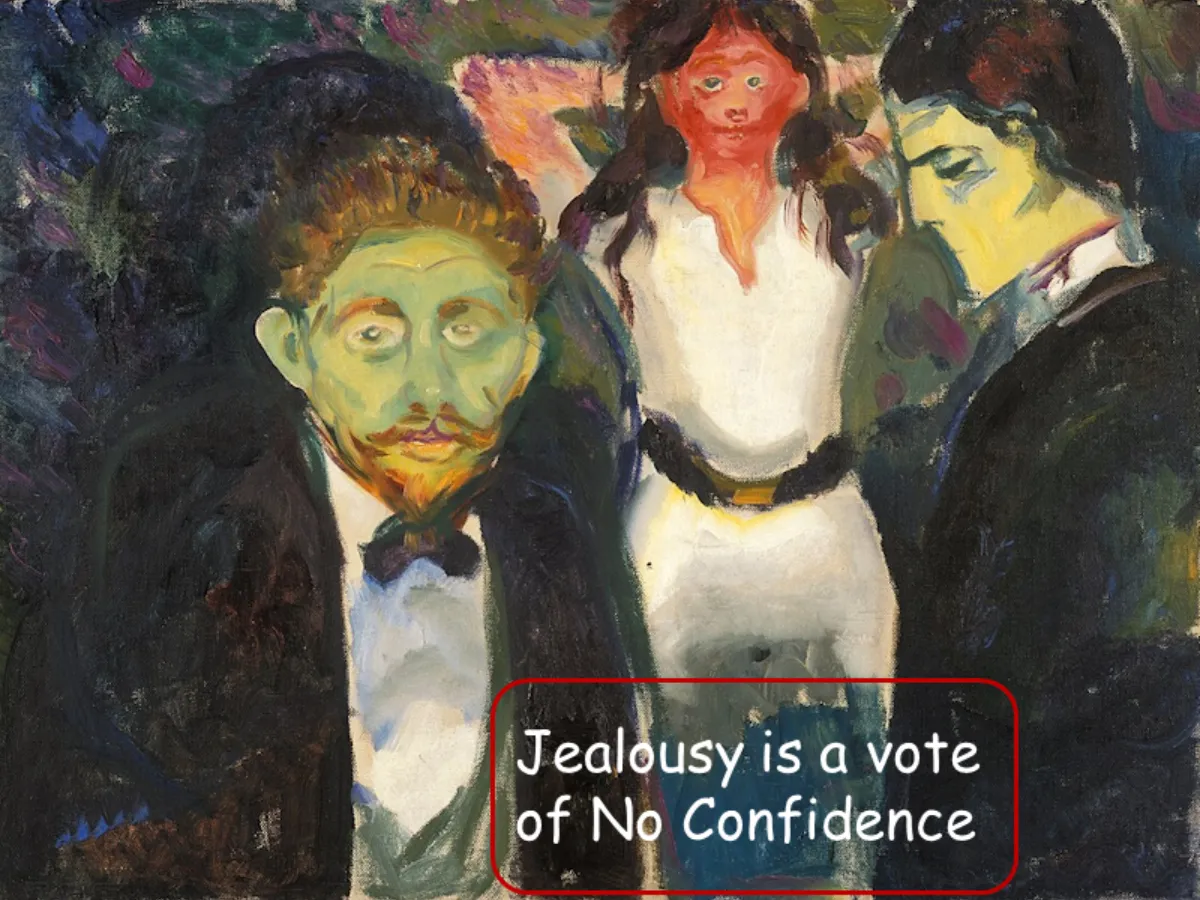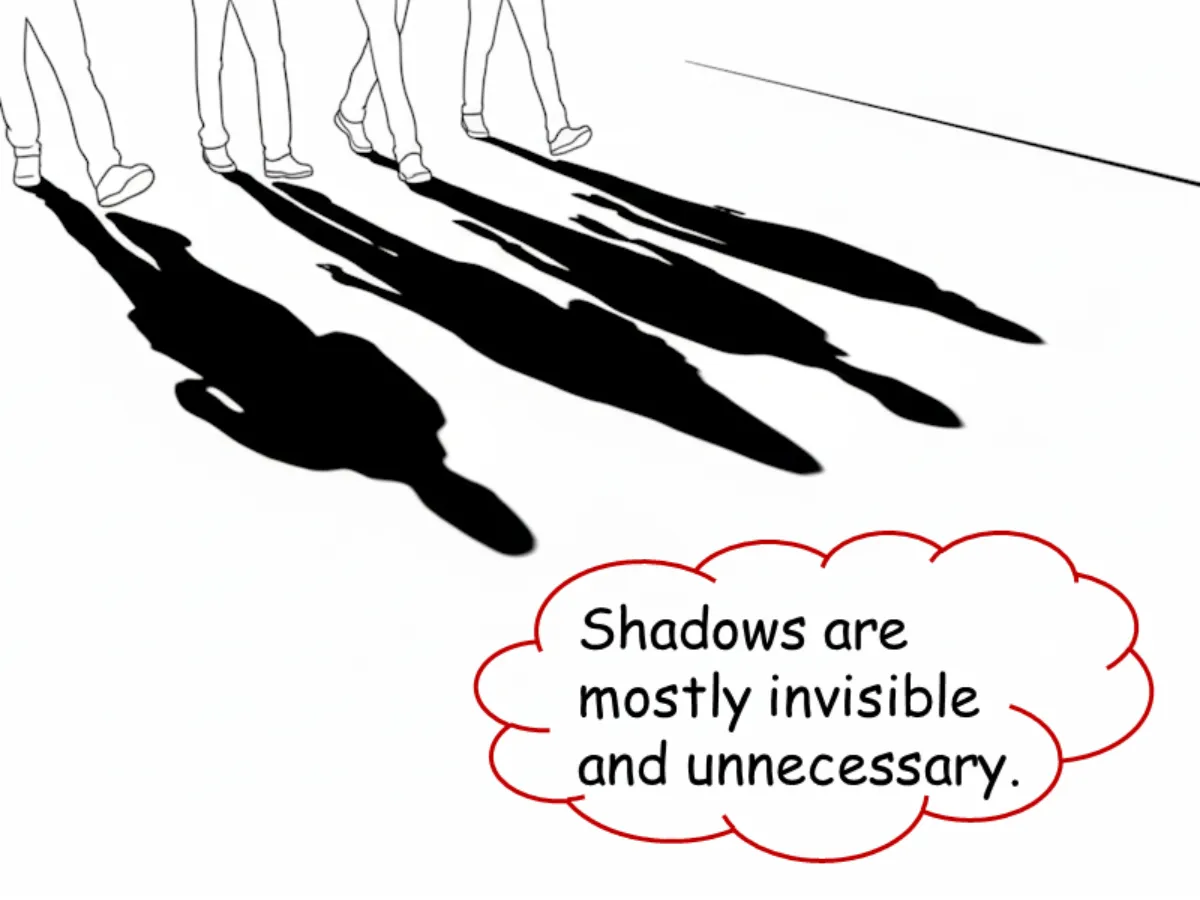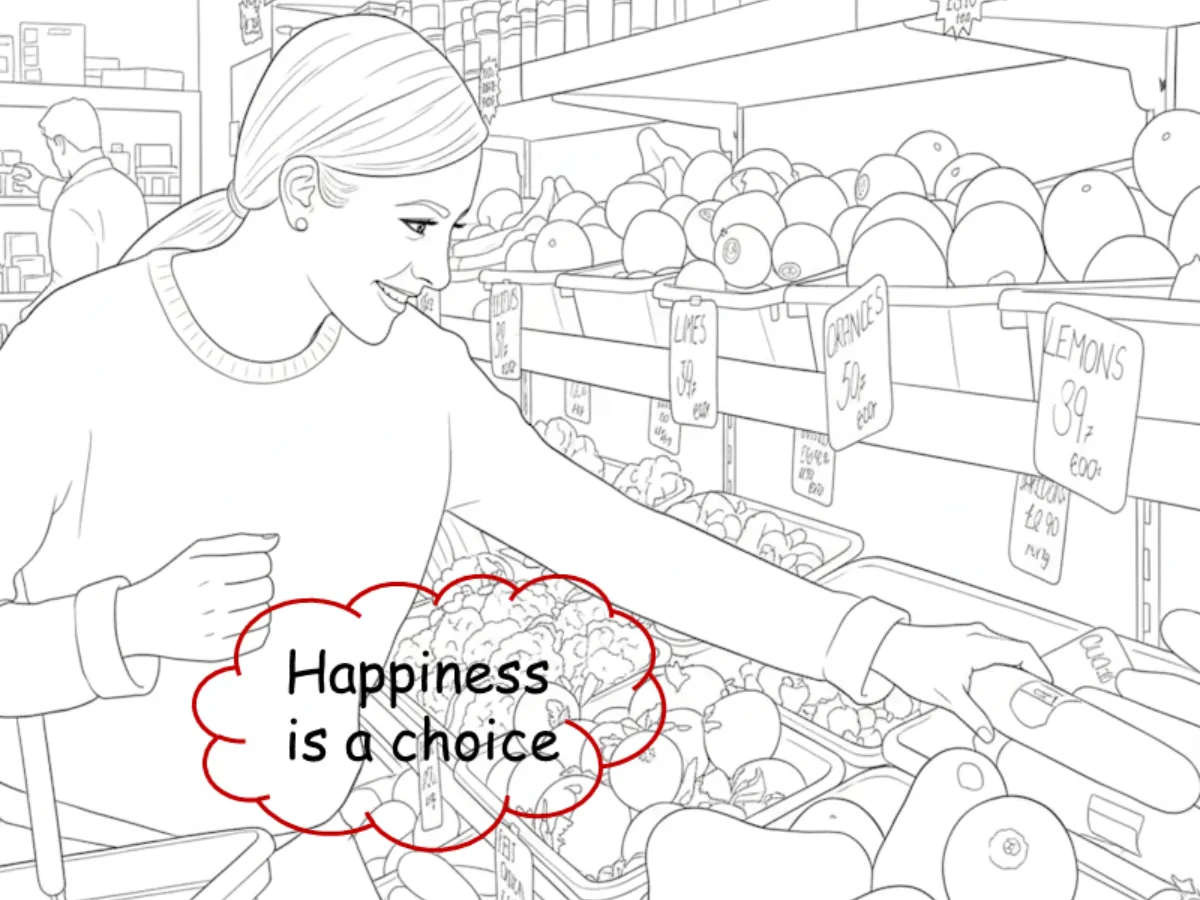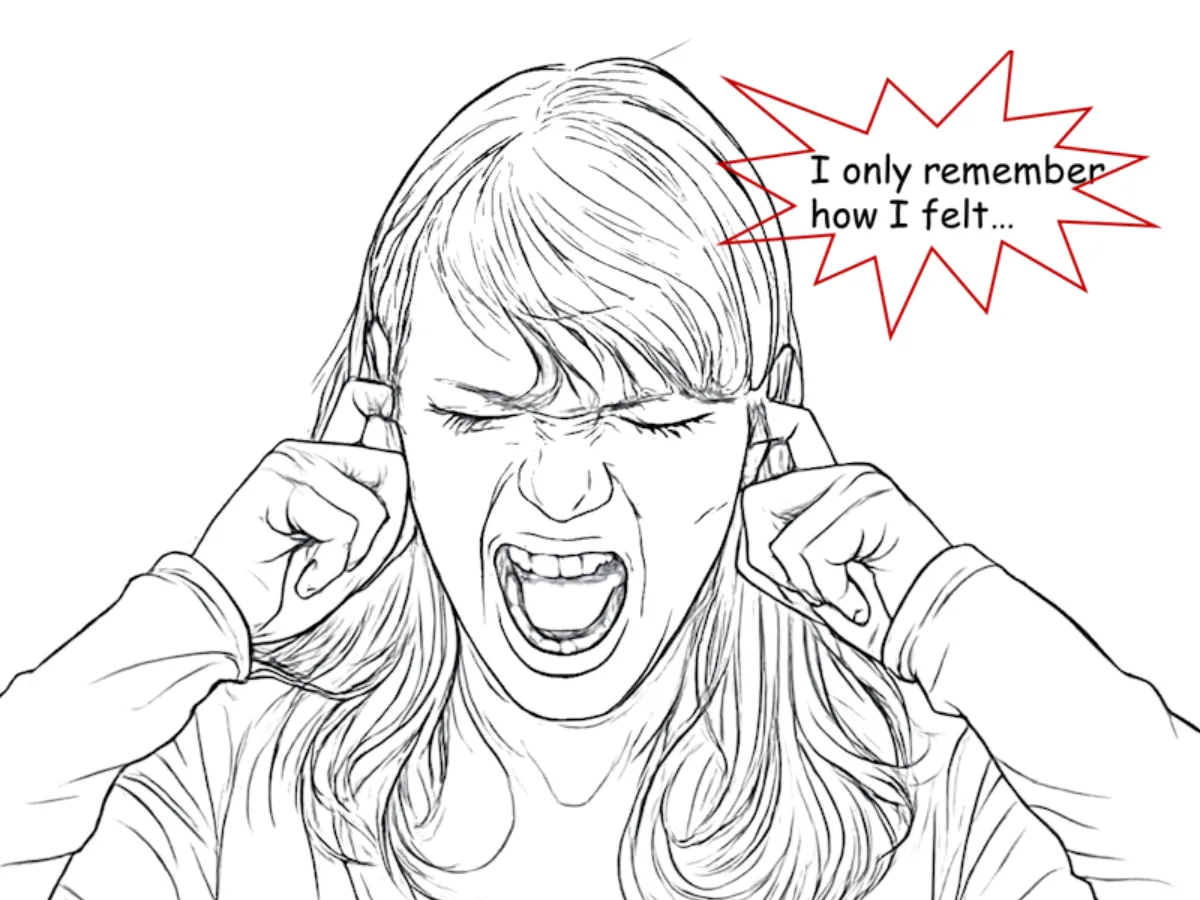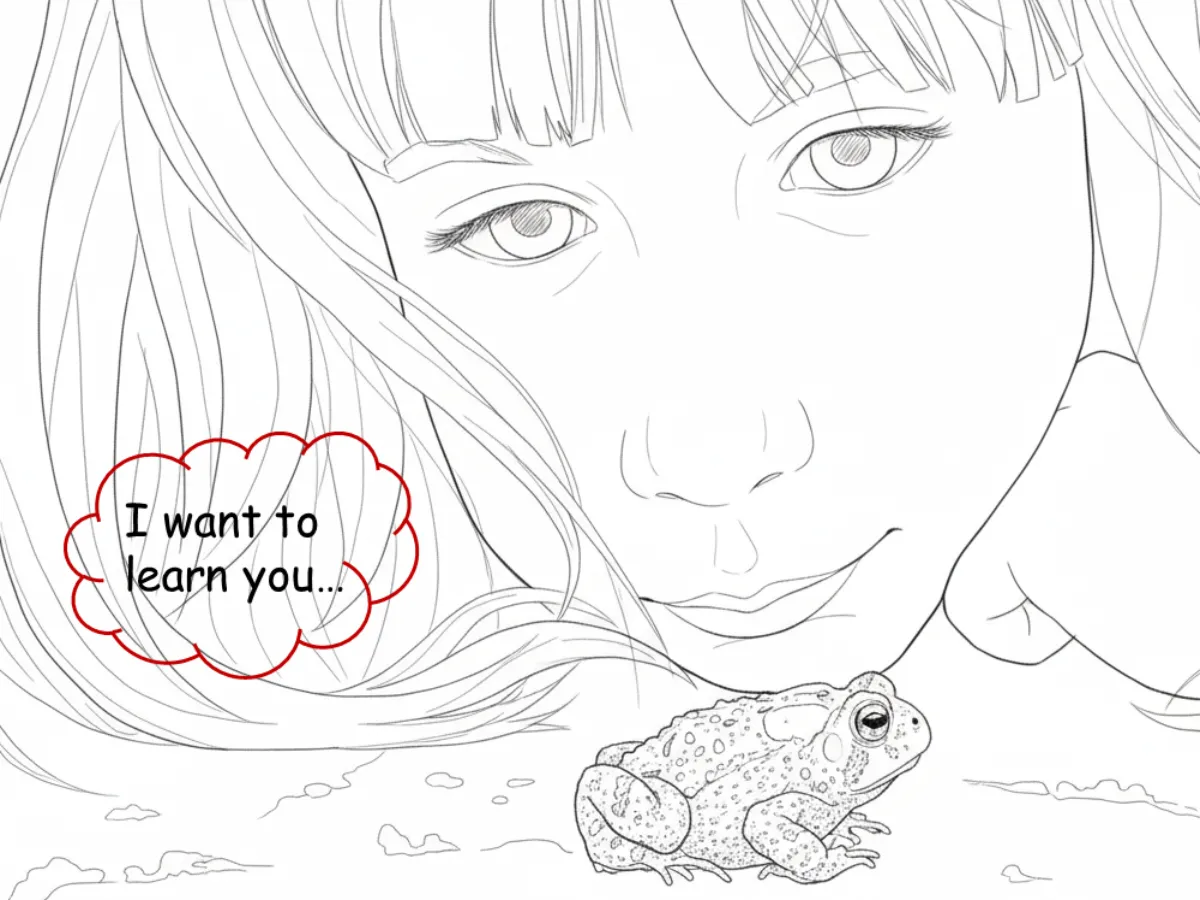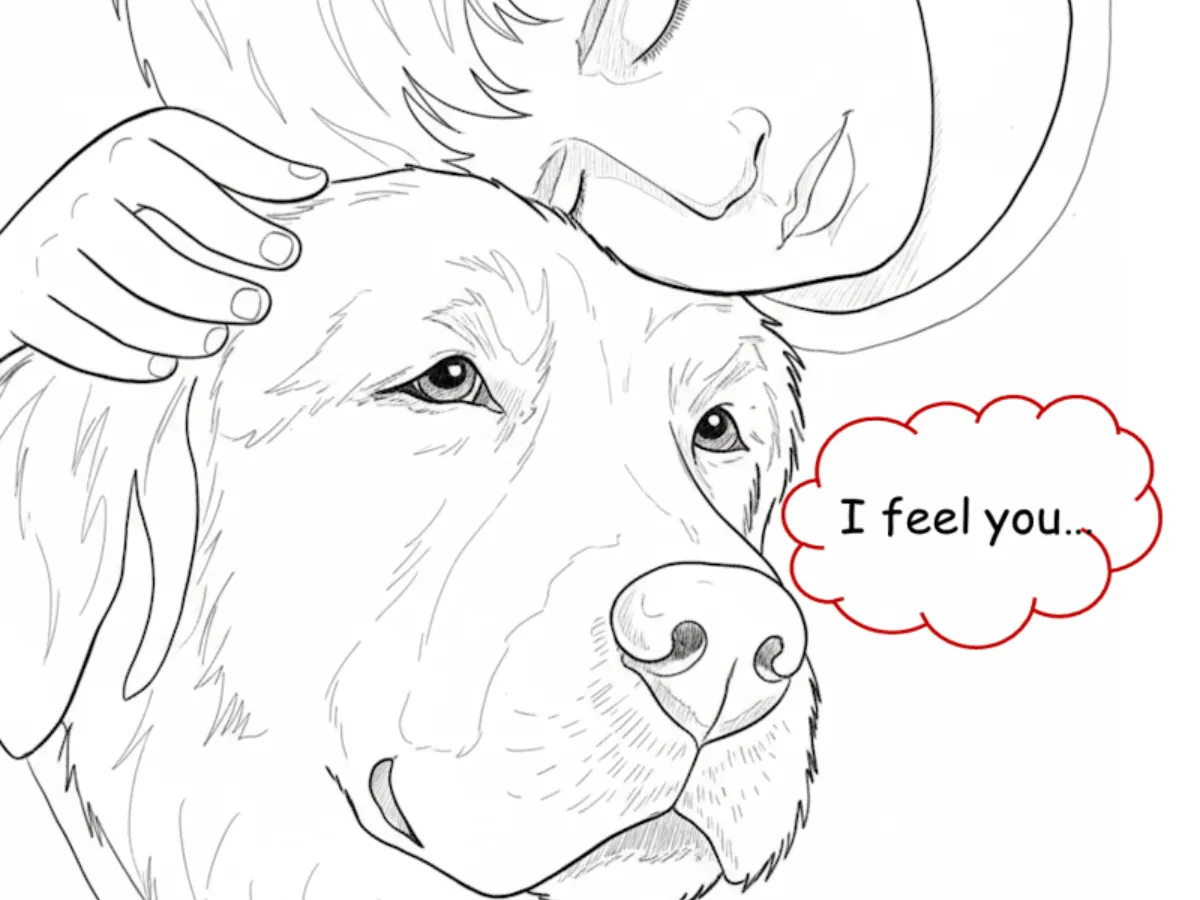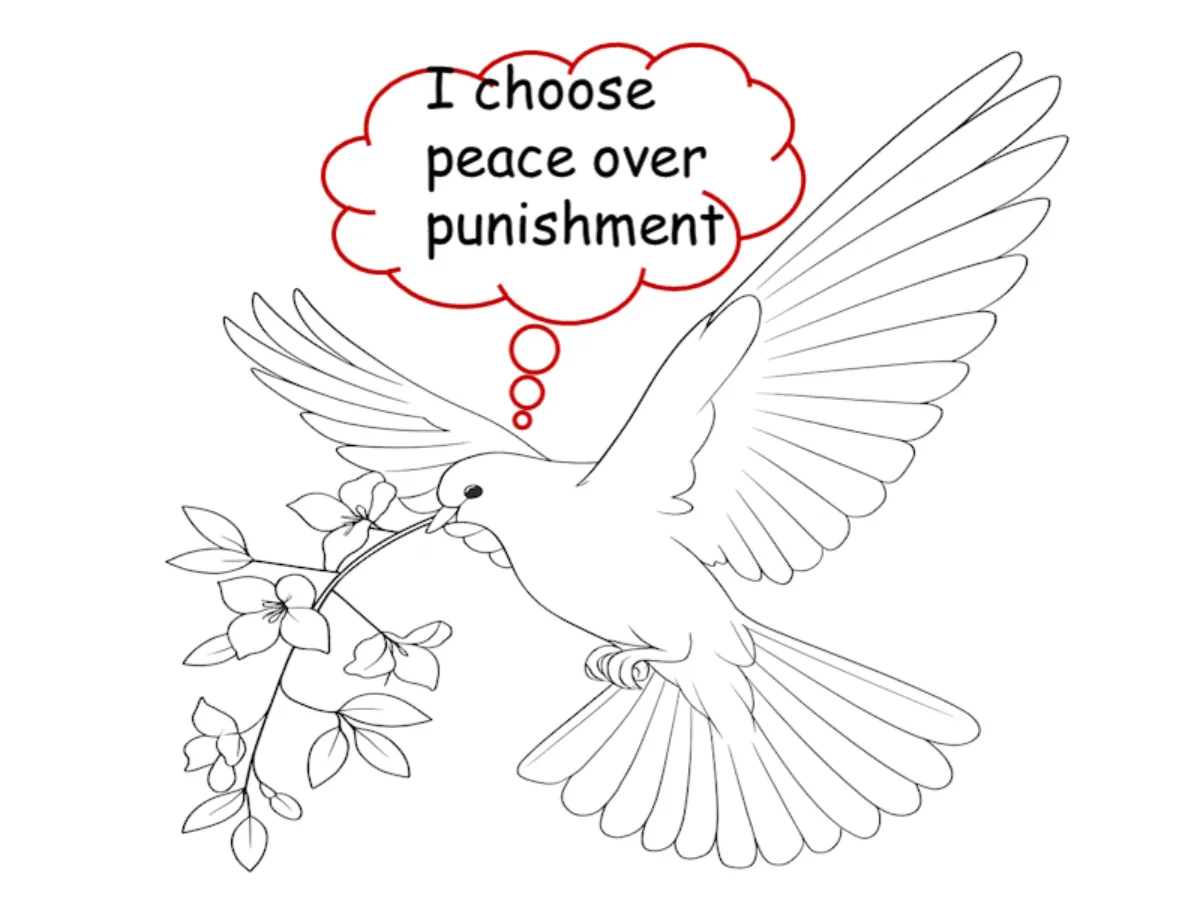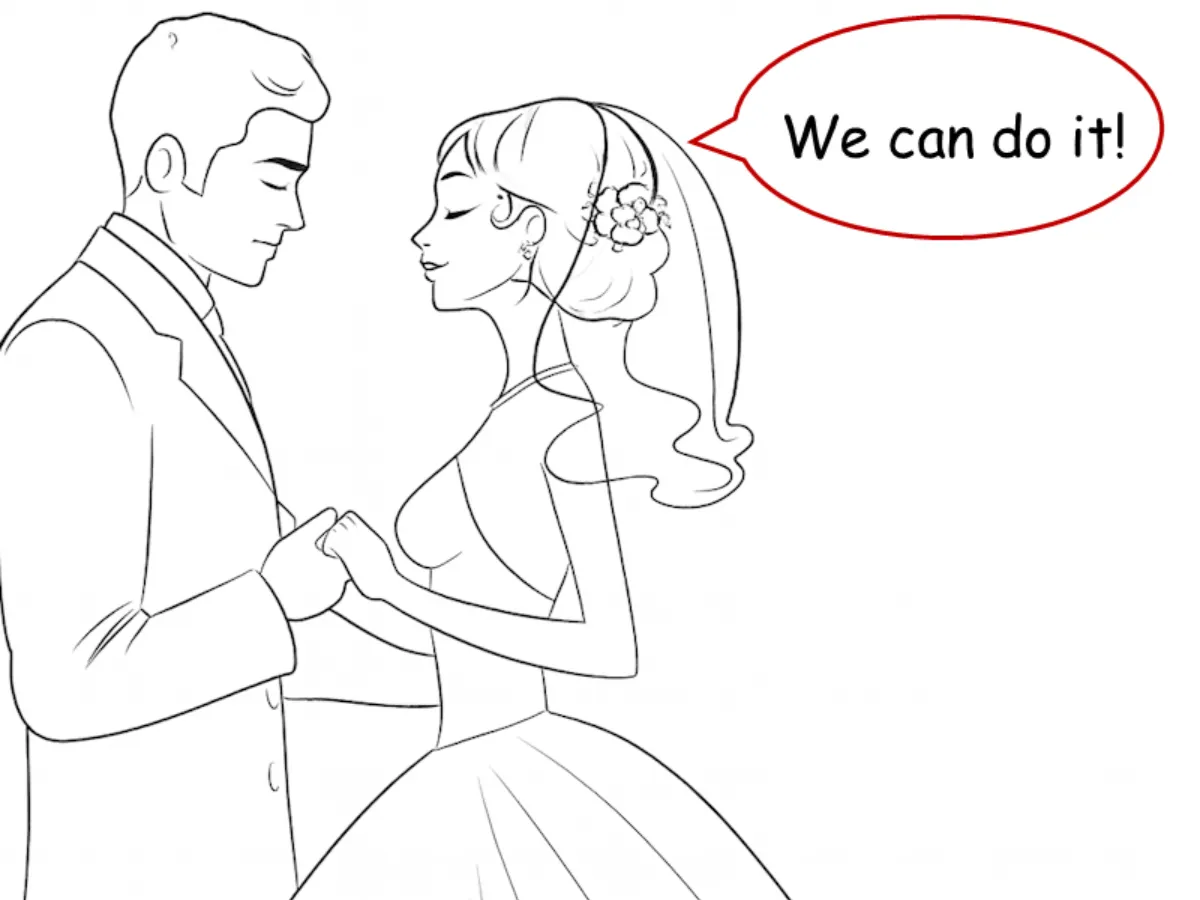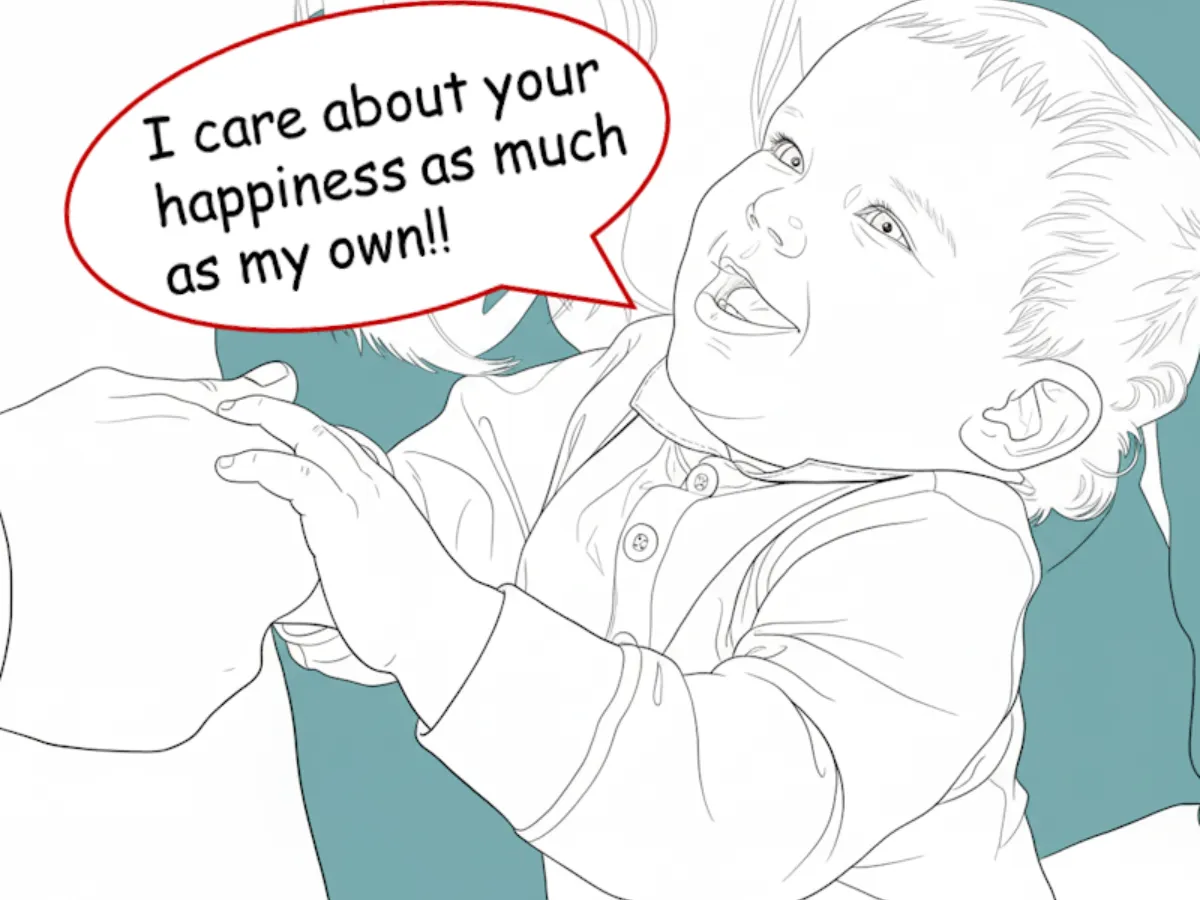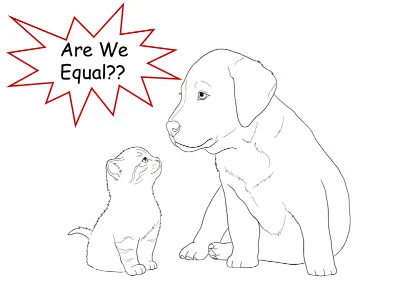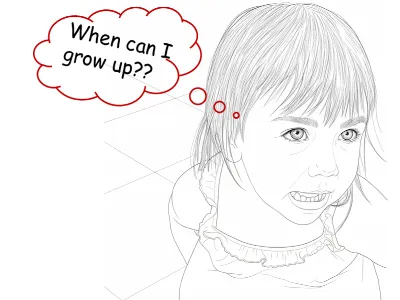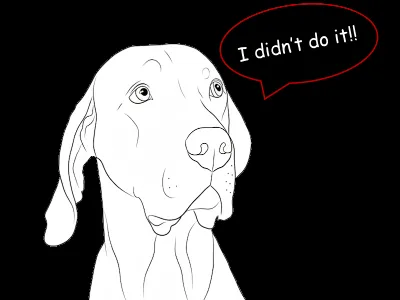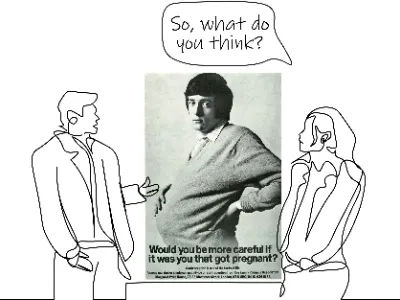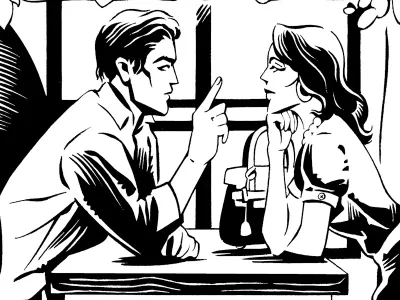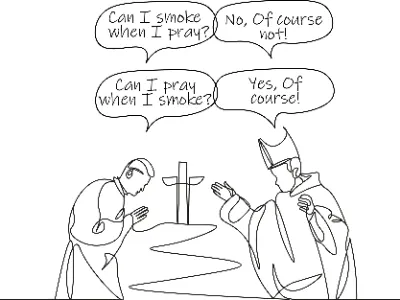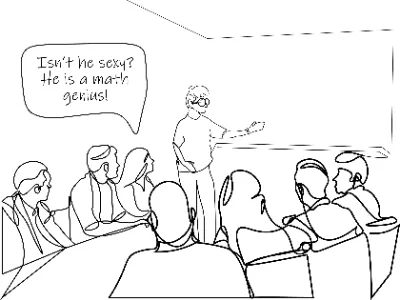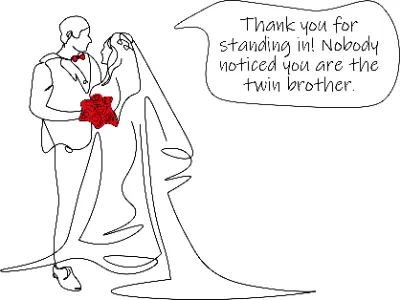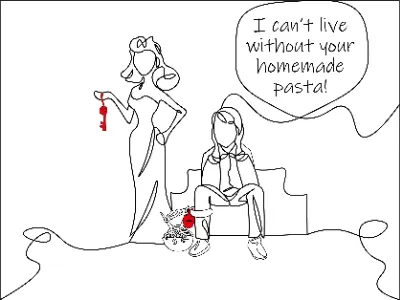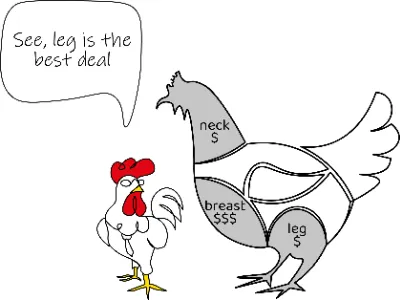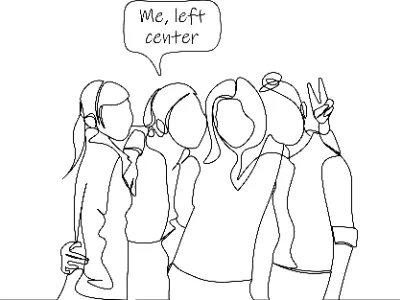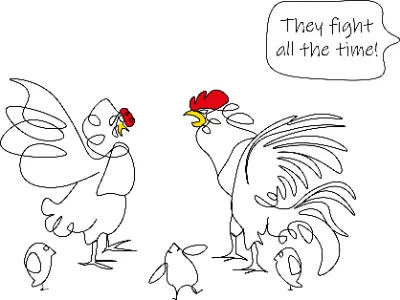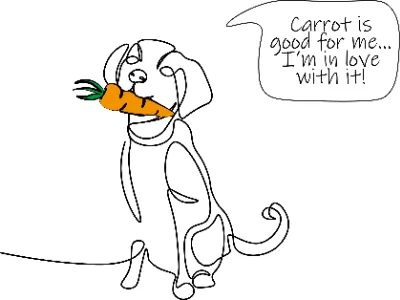follow on Android, or click to copy RSS url
- · · : · ·
- · · : · ·
- · · : · ·
- · · : · ·
- · · : · ·
- · · : · ·
- · · : · ·
- · · : · ·
- · · : · ·
- · · : · ·
- · · : · ·
- · · : · ·
- · · : · ·
- · · : · ·
- · · : · ·
- · · : · ·
- · · : · ·
- · · : · ·
- · · : · ·
- · · : · ·
- · · : · ·
- · · : · ·
- · · : · ·
- · · : · ·
- · · : · ·
- · · : · ·
- · · : · ·
- · · : · ·
- · · : · ·
- · · : · ·
- · · : · ·
- · · : · ·
- · · : · ·
- · · : · ·
- · · : · ·
- · · : · ·
- · · : · ·
- · · : · ·
- · · : · ·
- · · : · ·
- · · : · ·
- · · : · ·
- · · : · ·
- · · : · ·
- · · : · ·
- · · : · ·
- · · : · ·
- · · : · ·
- · · : · ·
- · · : · ·
- · · : · ·
- · · : · ·
- · · : · ·
- · · : · ·
- · · : · ·
- · · : · ·
- · · : · ·
- · · : · ·
- · · : · ·
- · · : · ·
- · · : · ·
- · · : · ·
- · · : · ·
- · · : · ·
- · · : · ·
- · · : · ·
- · · : · ·
- · · : · ·
- · · : · ·
- · · : · ·
- · · : · ·
- · · : · ·
- · · : · ·
- · · : · ·
- · · : · ·
- · · : · ·
- · · : · ·
- · · : · ·
- · · : · ·
- · · : · ·
- · · : · ·
- · · : · ·
- · · : · ·
- · · : · ·
- · · : · ·
- · · : · ·
- · · : · ·
- · · : · ·
- · · : · ·
- · · : · ·
- · · : · ·
- · · : · ·
already in favr.town?
or
Sign upand join favr.town

 thelovemaze.com in favr.town
thelovemaze.com in favr.town